Design
Honorary Professors
Panels
Study Application
Design in the Bachelor study programme
The field of design is constantly changing. It is distinguished by its diversity, and it continues to expand. Accordingly, the »Design« department offers students the opportunity to explore the various processes of design in an open and experimental way. This is intended to enable students to pose new questions about the subject and to solve overarching artistic and technical problems of art production.
This department aims to introduce students to the disciplines surrounding design, to support students in their individual artistic development and in defining a professional purpose for themselves, and to help them to become responsible creative individuals. At the centre of the study programme are the individual student’s intentions for theoretical and/or practical work. During the course of students’ chosen studies the development of these plans will be supervised in the different studios on an individual basis by tutors, with reference to product design, technical design and mediatecture. They will also be supported by theoretical and subject-based tuition. Learning about creative and technical possibilities for carrying out artistic ideas will mainly take place in the workshops for forming in plaster, glass, wood, ceramics, artificial materials, metalwork and fine metalwork.
As well as the realization of artistic work, the course also deals with presenting and mediating art in the context of the various institutional and social fields available within the art business system. As well as gallery visits and annual exhibitions, the university´s own gallery also offers an opportunity to explore and discuss matters relating to presenting pictures and to their reception.
Through the combination of creative, scientific and technical tuition, students will be enabled to gain creative artistic, scientific and art-theory-related, technical and practical skills. The aim is to be able to pose new questions and to solve overarching artistic and technical problems relating to design.
Design in the Master study programme
The aim of study in the department »Design« is a well-founded design-orientated research, development and design praxis which emphasises artistic, experimental and innovative processes alongside known and established techniques of design. Building consecutively on the Bachelor study programme, the Master study programme is structured around students’ independent artistic research projects with the aim of promoting further development and specialising of a personal design profile and discovering and establishing significant unique selling points for the future designers.
The Master study programme is characterised by the individual development of ways of posing questions and approaching problems as well as the undertaking of complex projects and plans for artistic work. All departments of the University of Fine Arts will be at students’ disposal, enabling an interdisciplinary context for study which goes far beyond the usual generally available content of a course of study in design. The Master study programme offers students a platform for extending their individual artistic ideas and abilities and expanding their ability to critically analyse theoretical and practical questions involving art and design throughout history and in the present day. Students should be able to expand their technical, design-specific, aesthetic and theoretical knowledge and learn to carry out artistic research projects largely under their own guidance.
Students’ individual positions as designers will be strengthened by the interplay between practical and conceptual work. The core area of the study programme is the praxis of design, comprising conception, drafting and realisation. Parallel to this, the sophisticated equipment of the HFBK’s workshops offers an excellent infrastructure for experimental research of forms and materials. Engagement with cultural sciences, design theory and design history enables postgraduates to find their own position not only in the existing creative working areas associated with design, but also in more forward-looking, innovative branches and occupational areas. Guest lectures, collaborations and excursions, planned so as to be relevant to present studies, provide further supplementary impetus for study. Aside from the annual exhibition, a presentation by students of their own research projects to a University audience at the end of each semester offers the opportunity to, for instance, discuss questions of project presentation and reception.
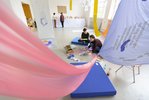

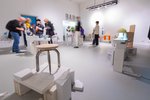
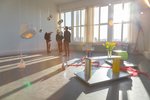
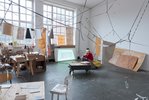
 Dr. Jesko Fezer
Dr. Jesko Fezer
 Glen Oliver Löw
Glen Oliver Löw
 Johanna Dehio
Johanna Dehio
 Doro Halbrock
Doro Halbrock
 Konstantin Grcic
Konstantin Grcic
 Symposium »Critical Design«
Symposium »Critical Design«
 Symposium »Klimakapseln«
Symposium »Klimakapseln«
 Kai Cui
Kai Cui
 Michael Dachselt
Michael Dachselt
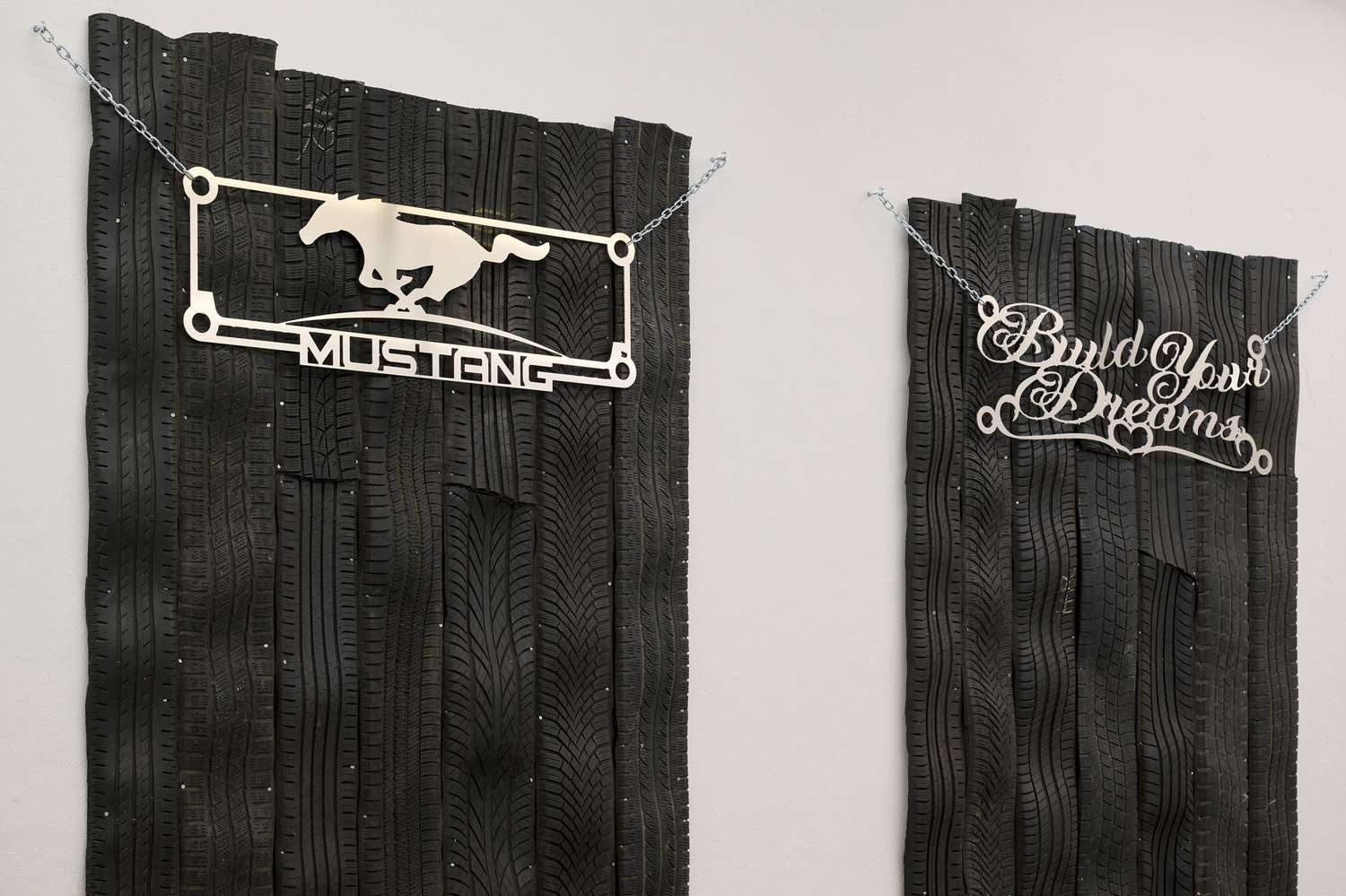
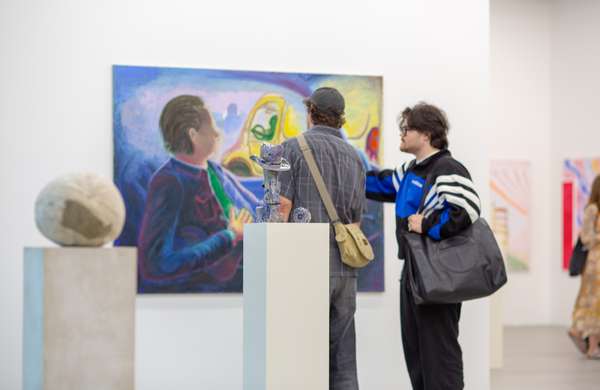

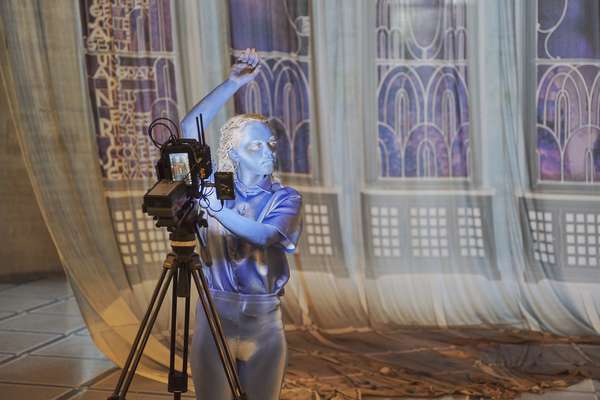

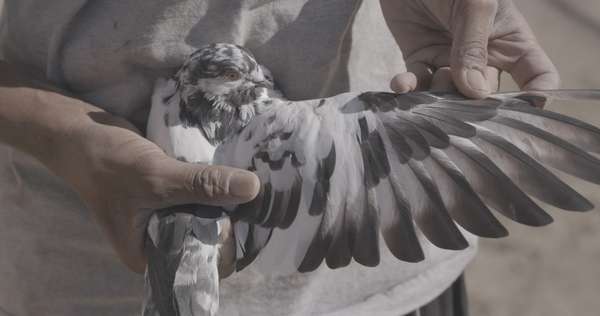
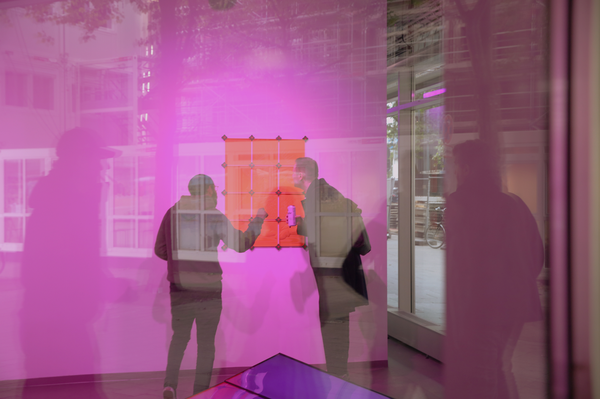
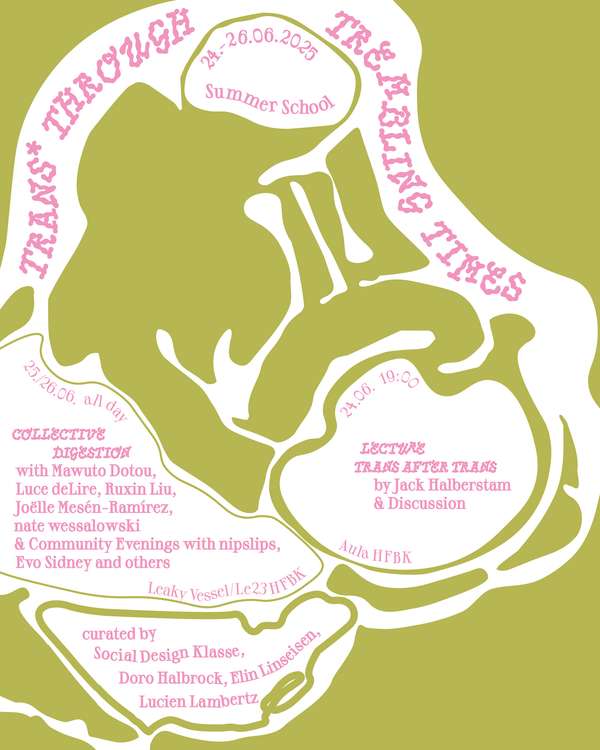
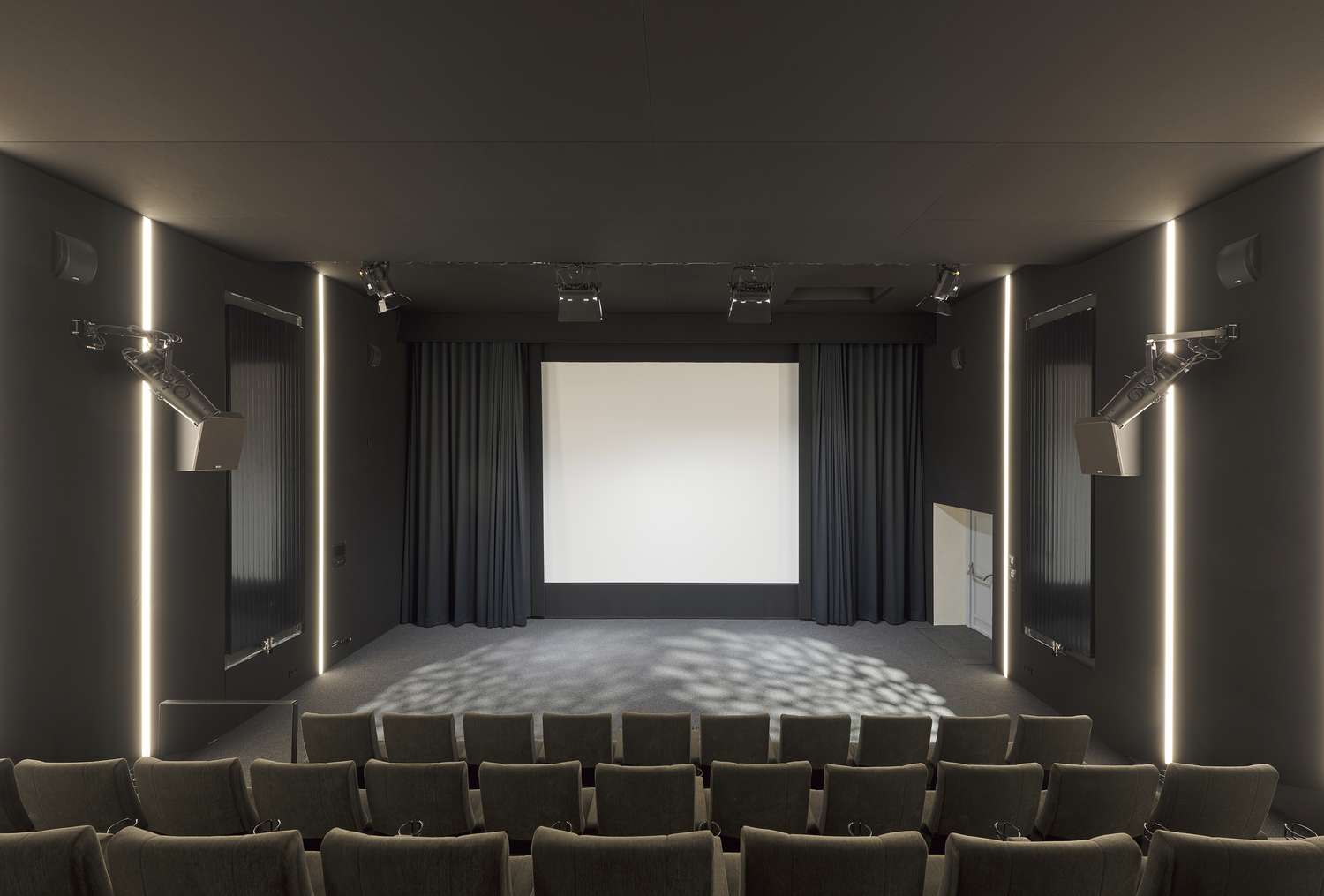
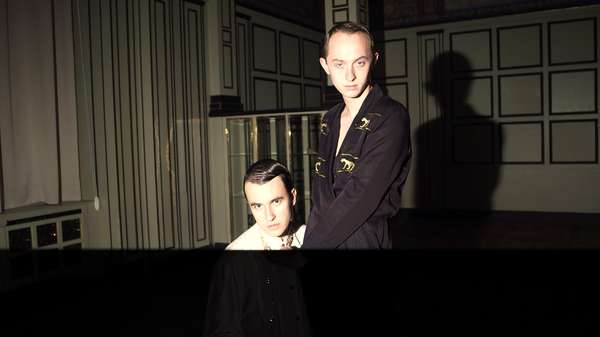
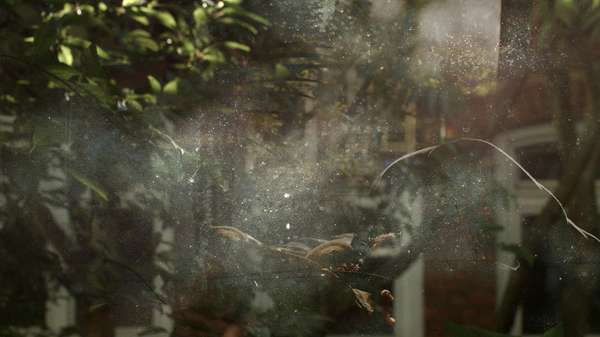
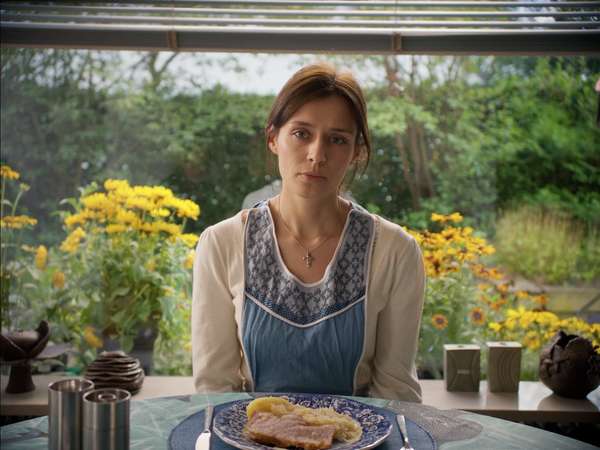
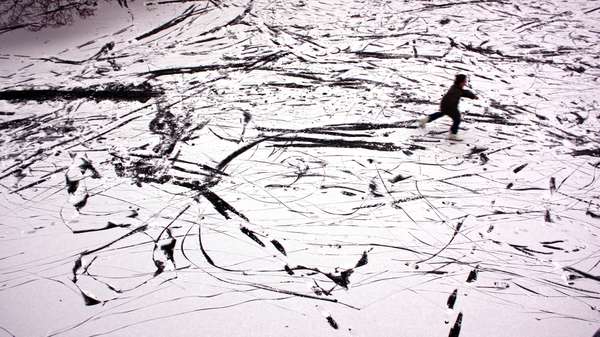
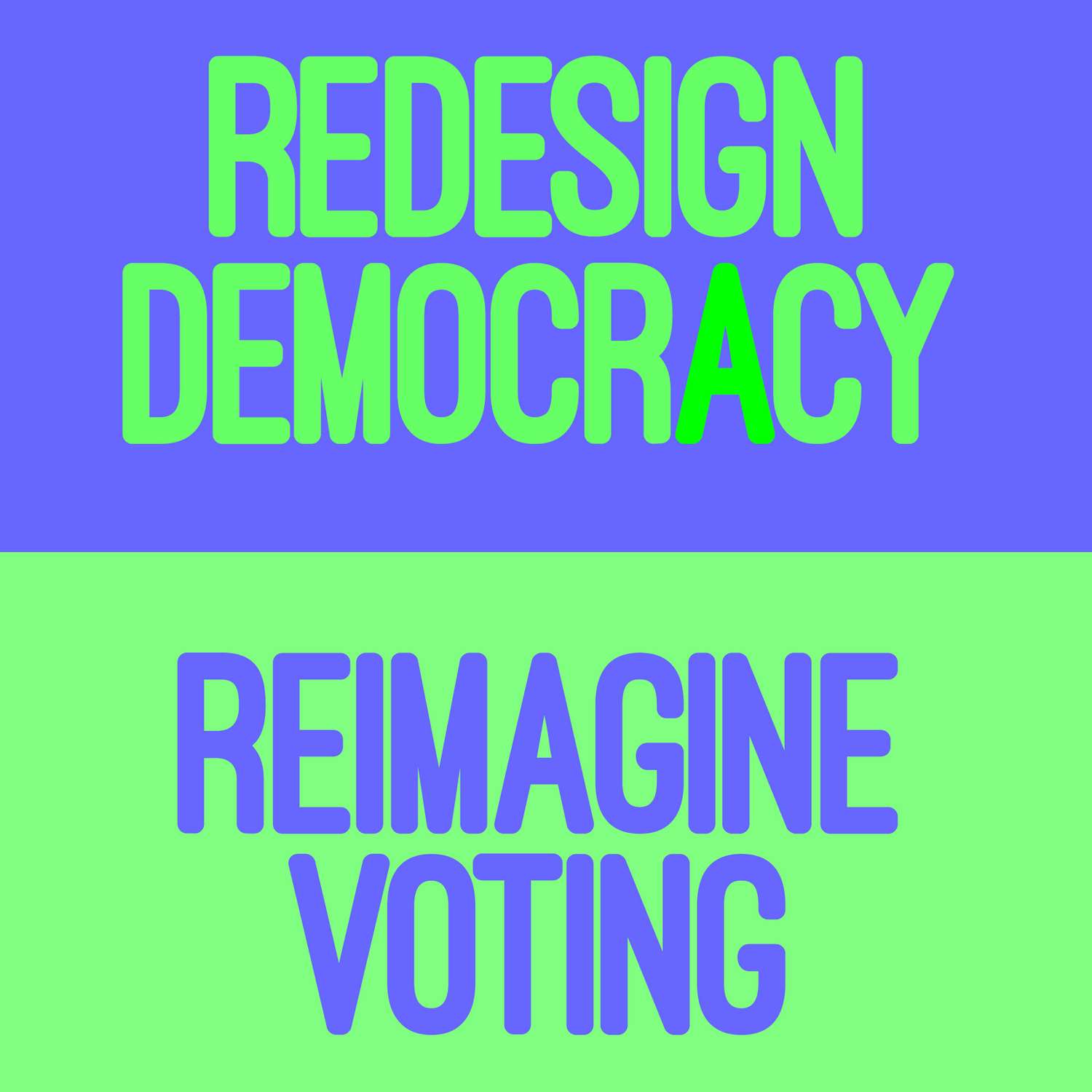
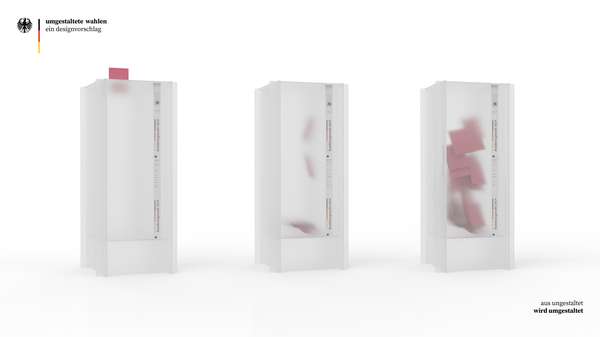
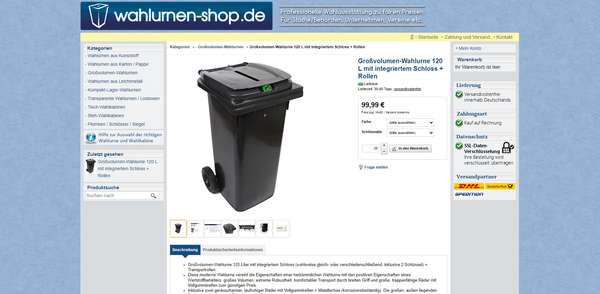
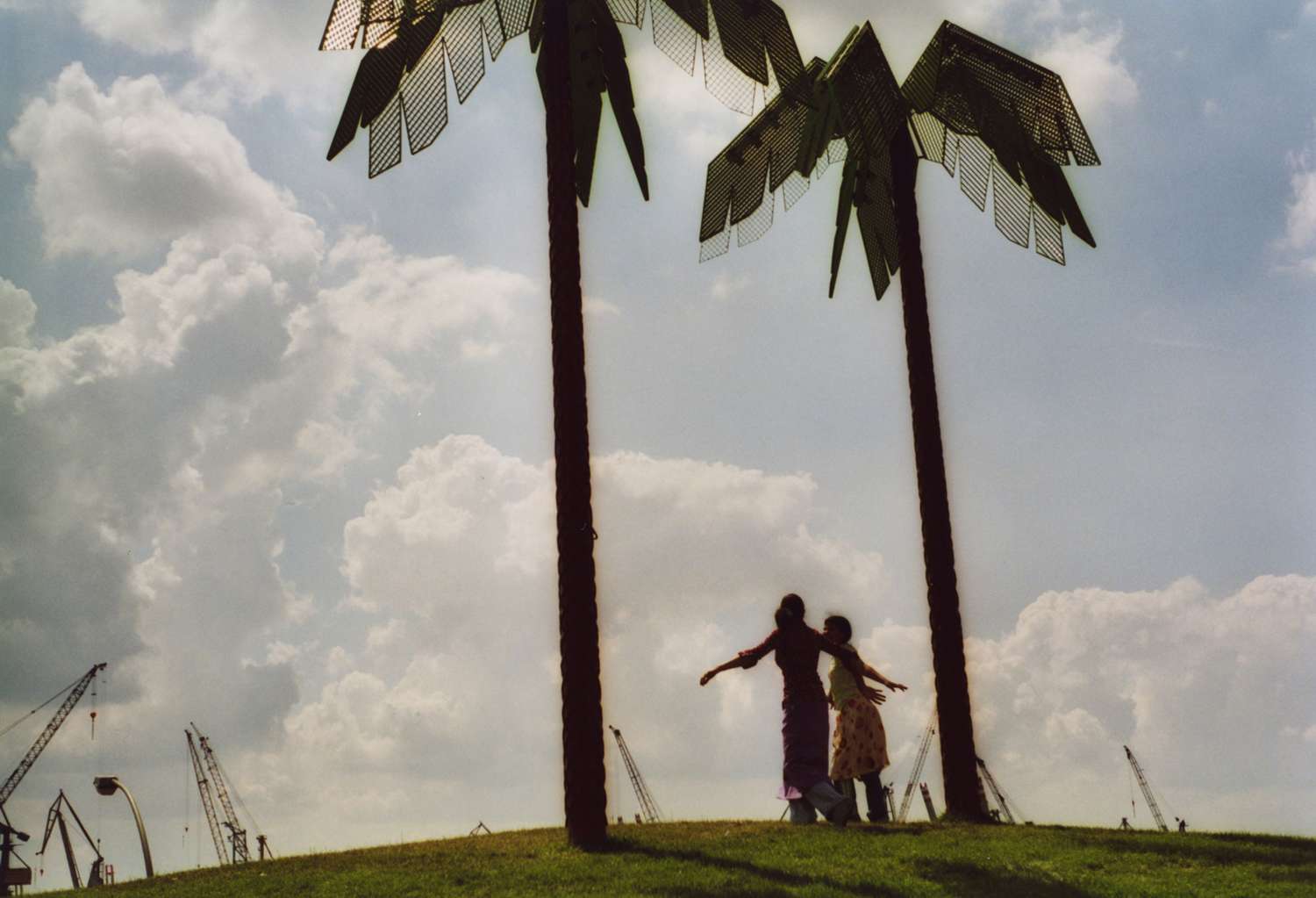
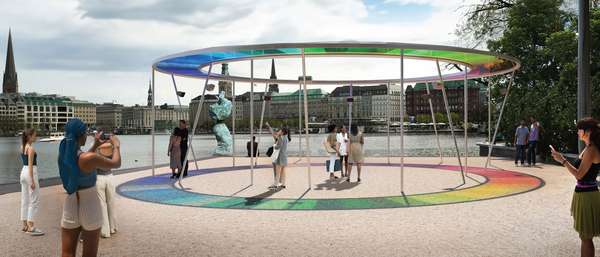
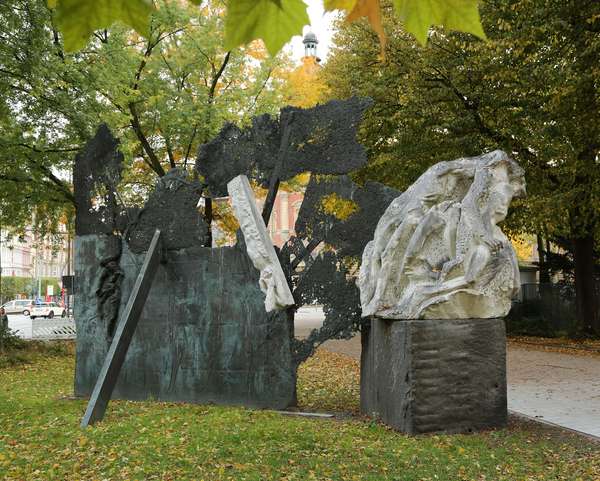
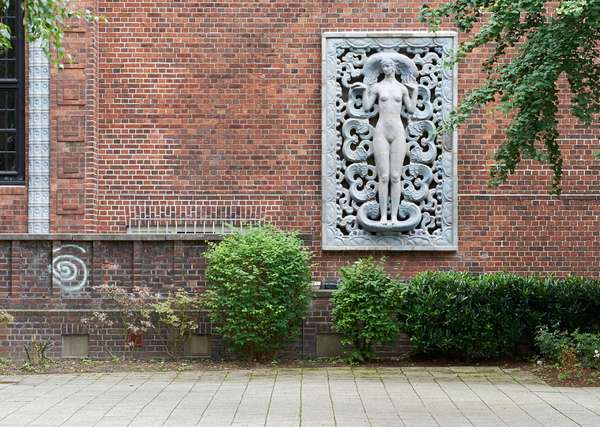
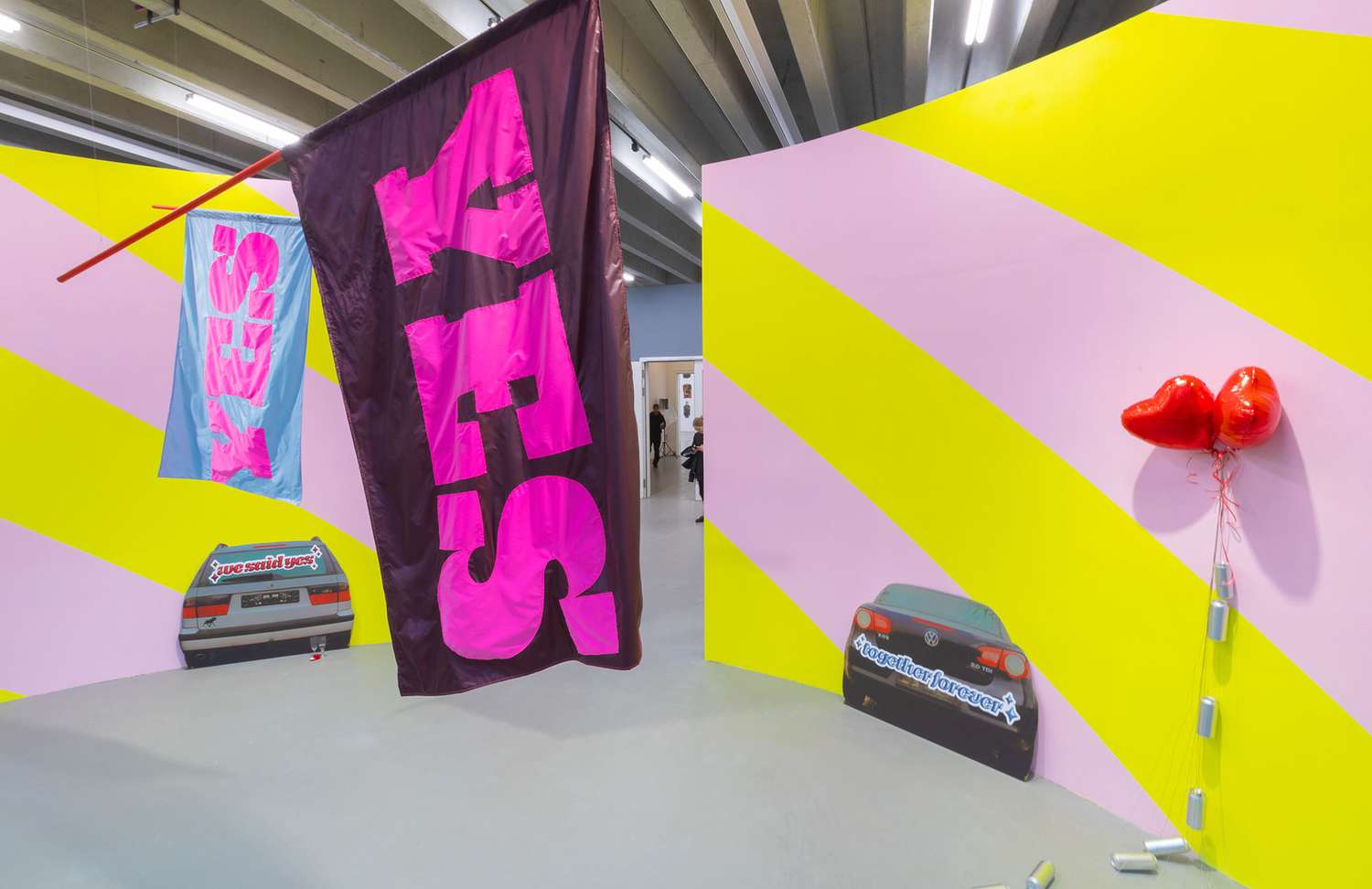
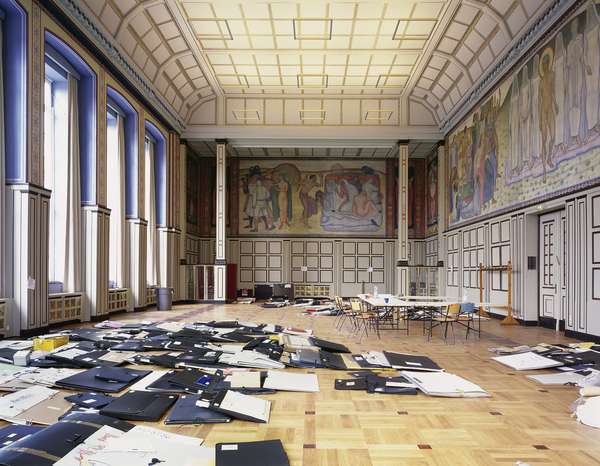
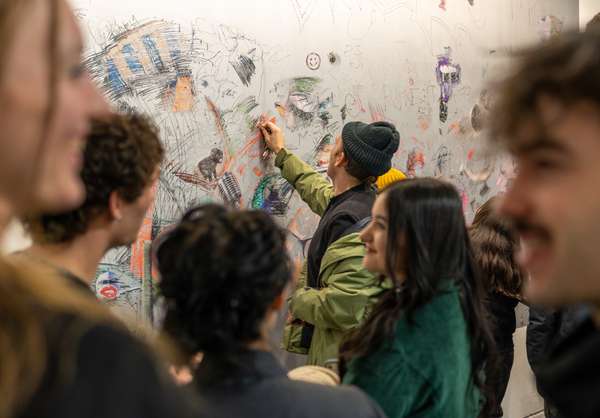
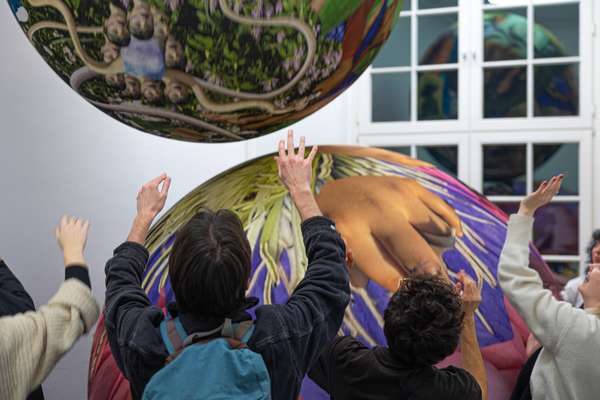


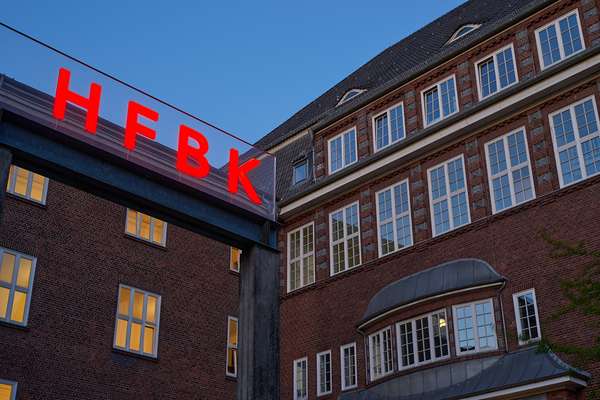
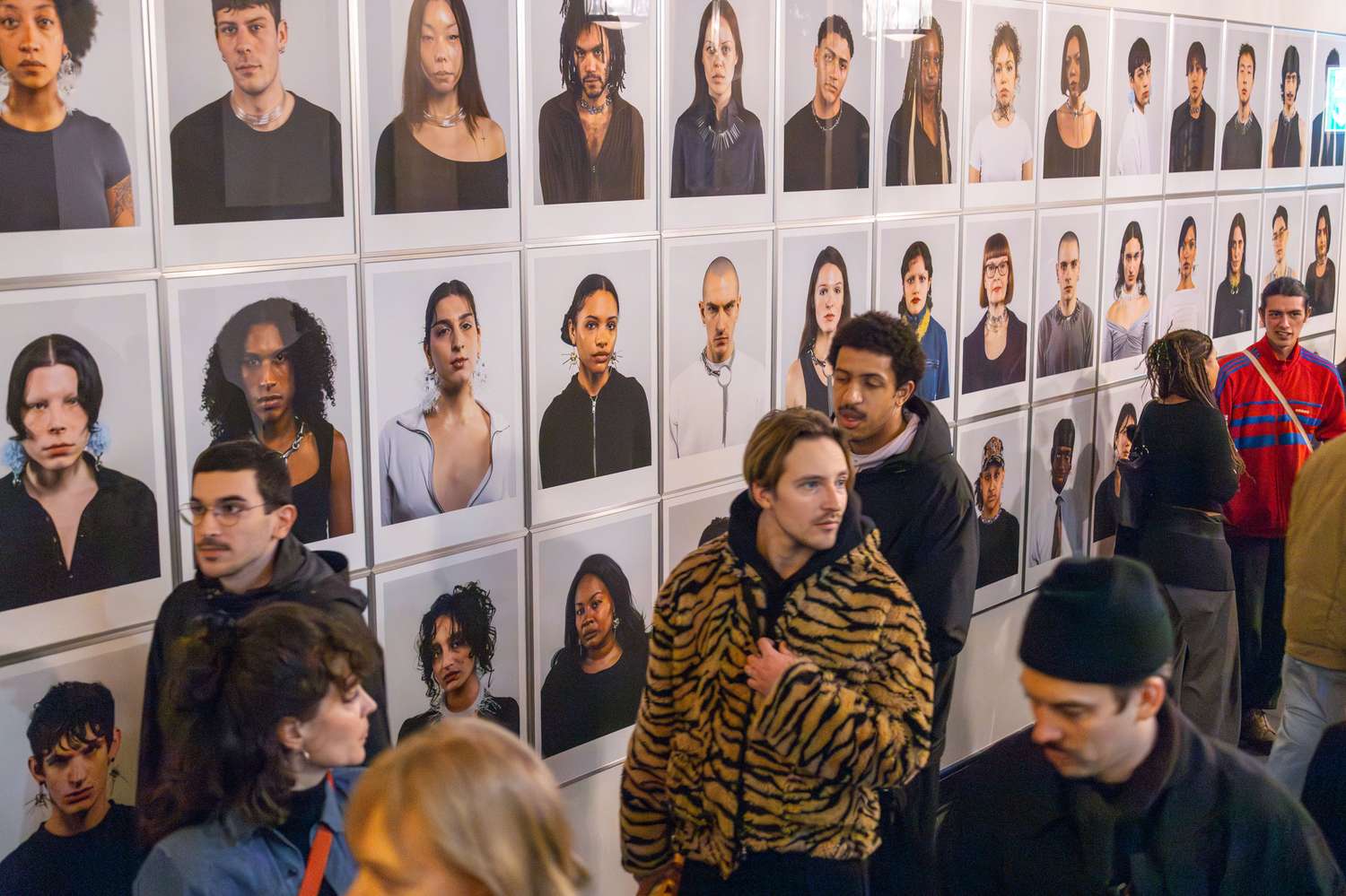
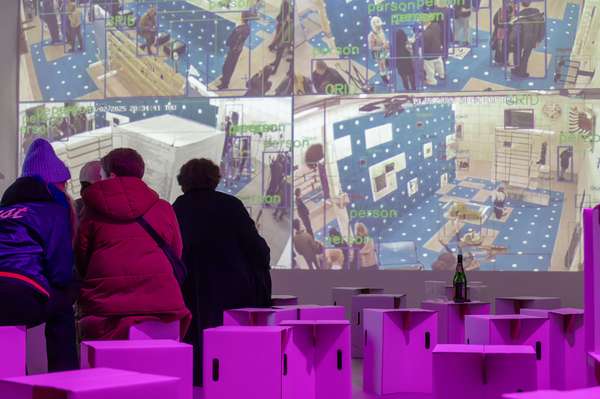
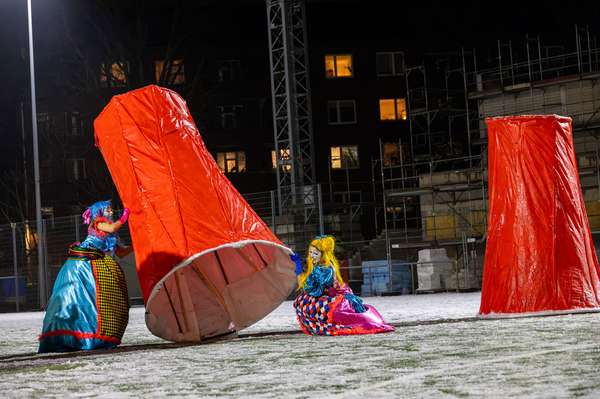
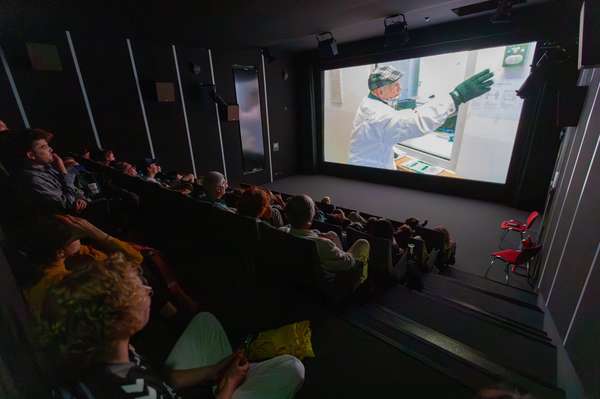
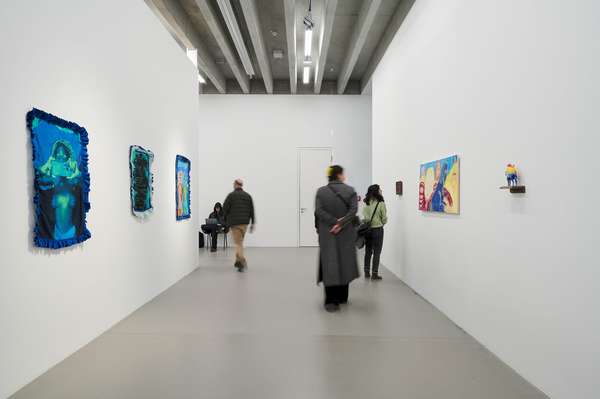
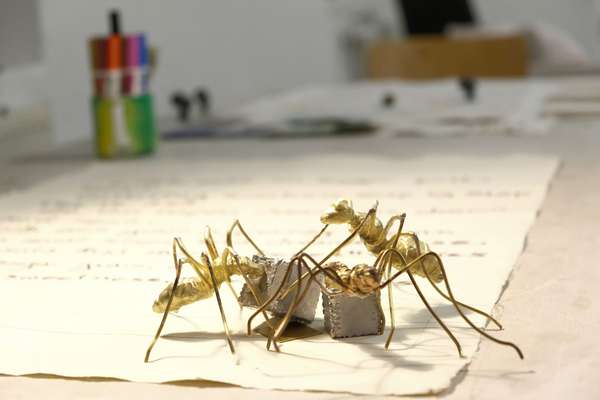
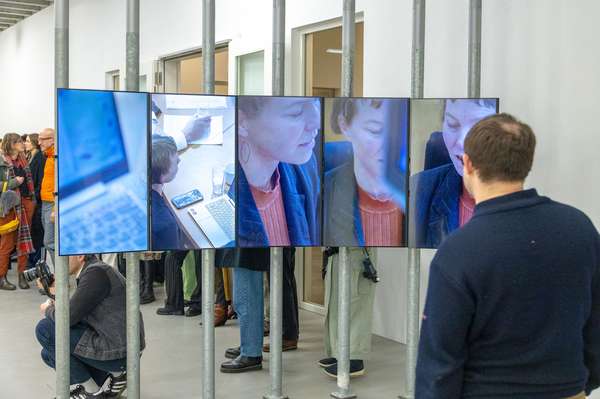
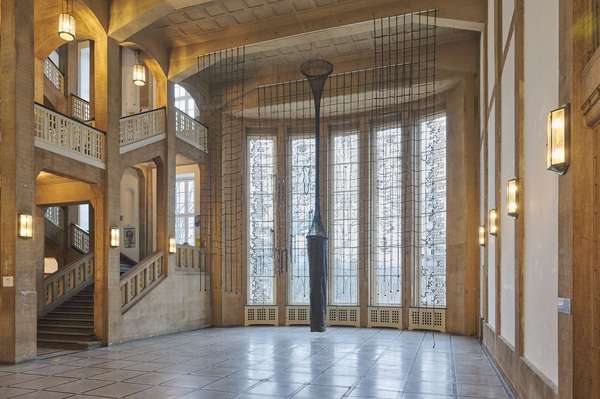
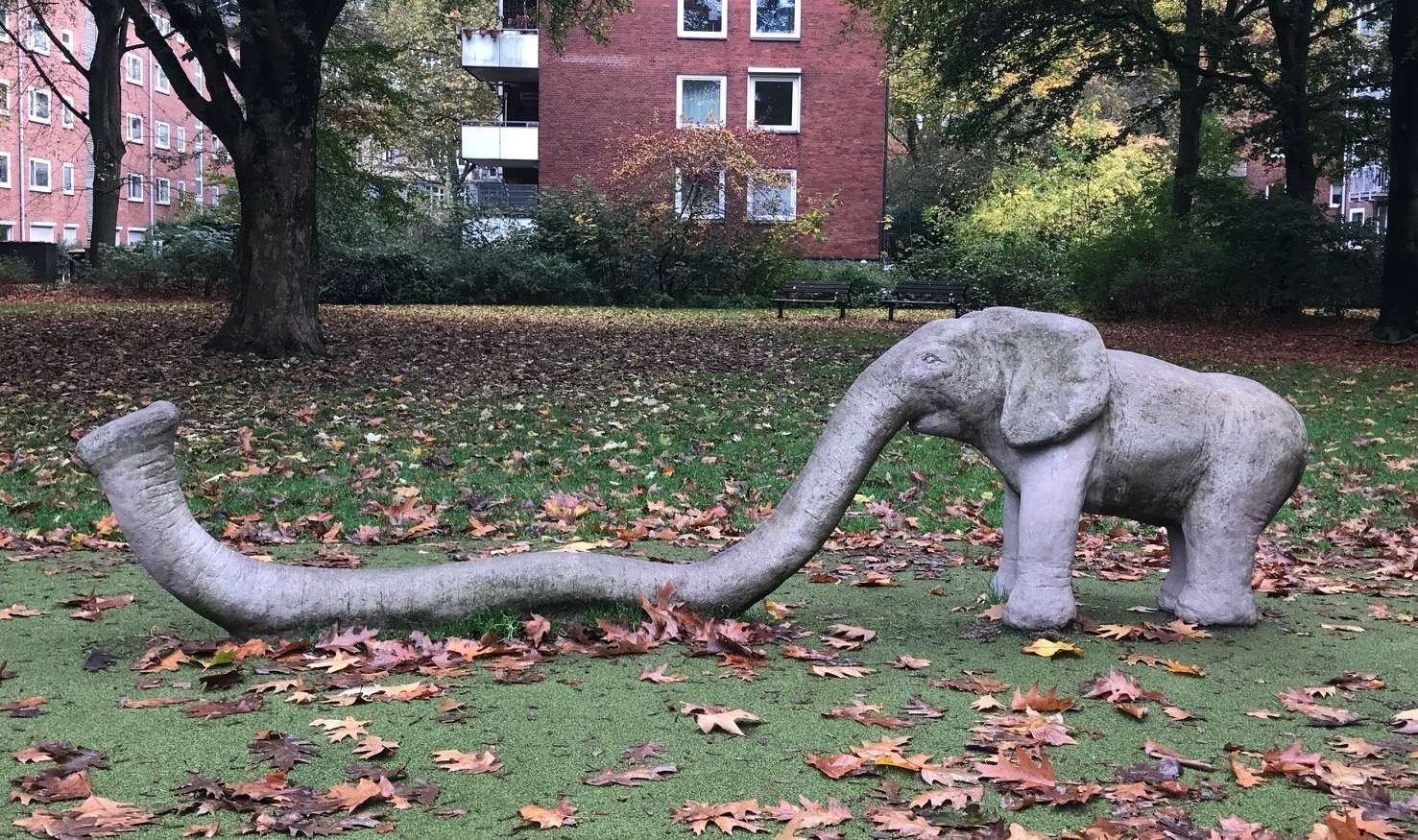
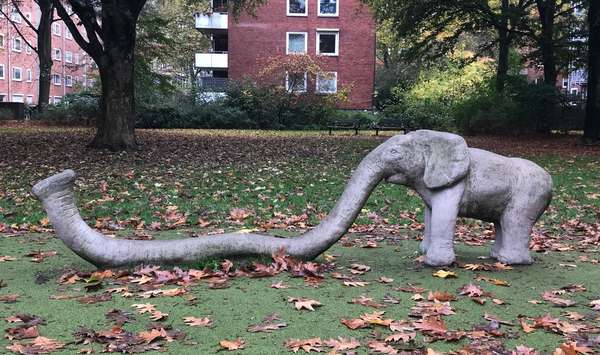
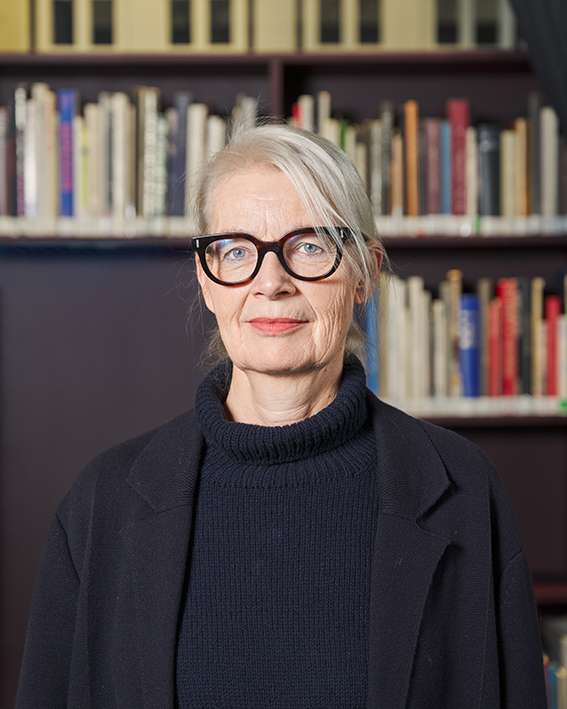
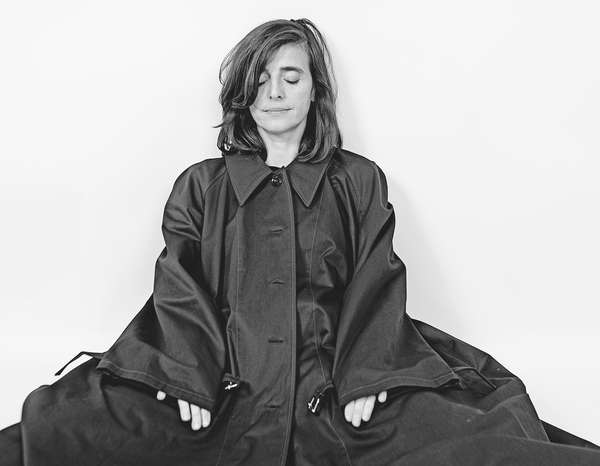
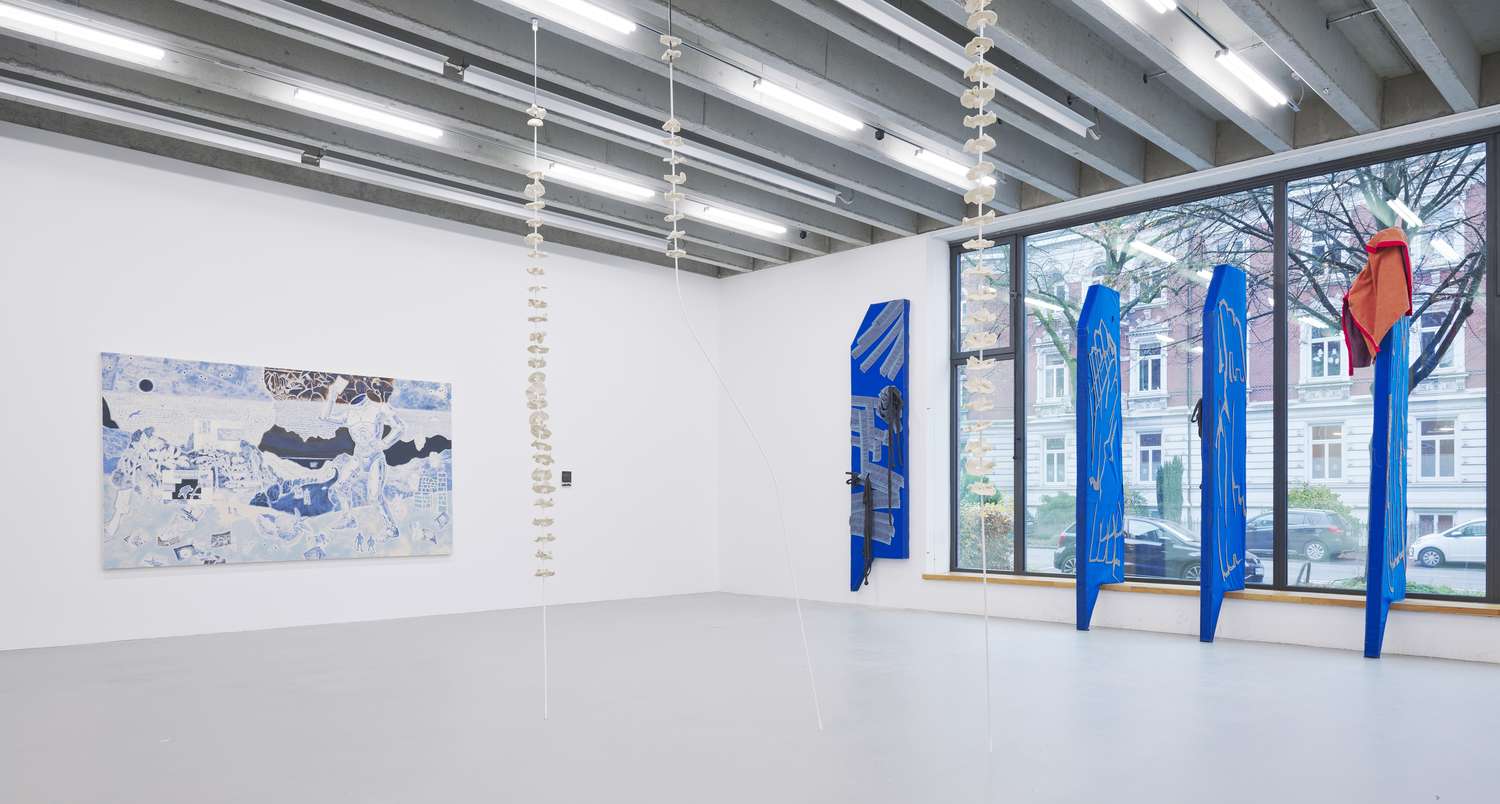
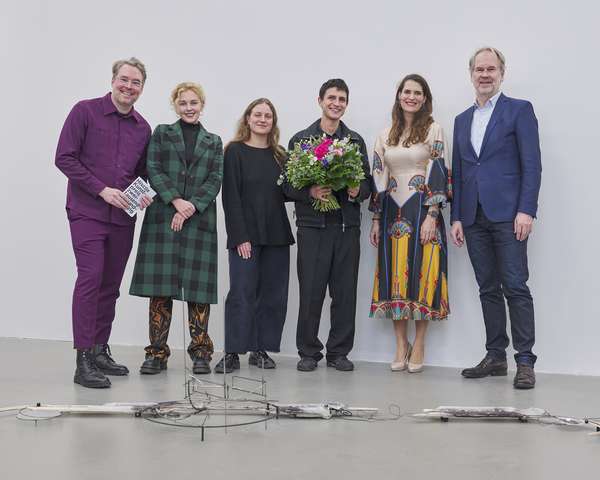
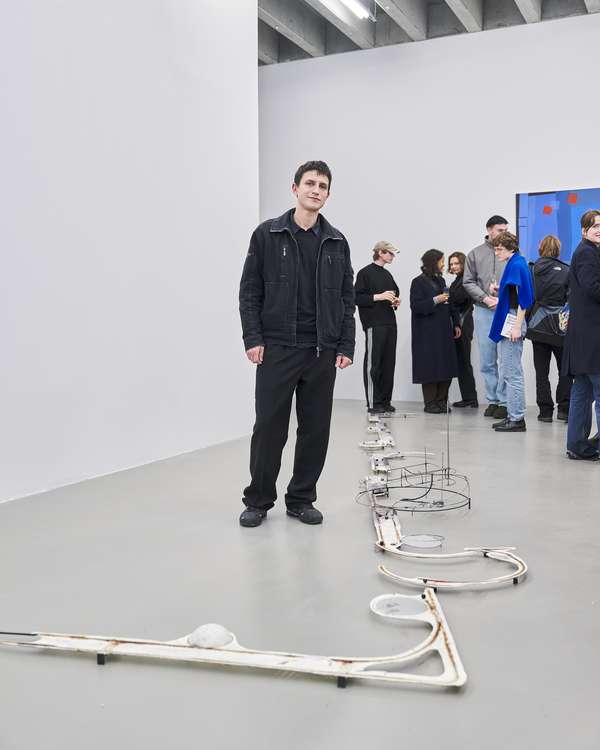
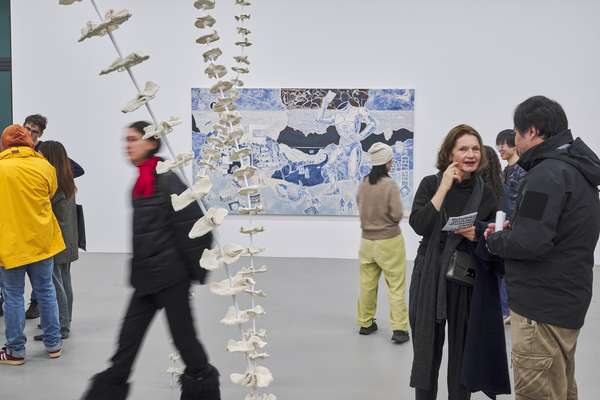
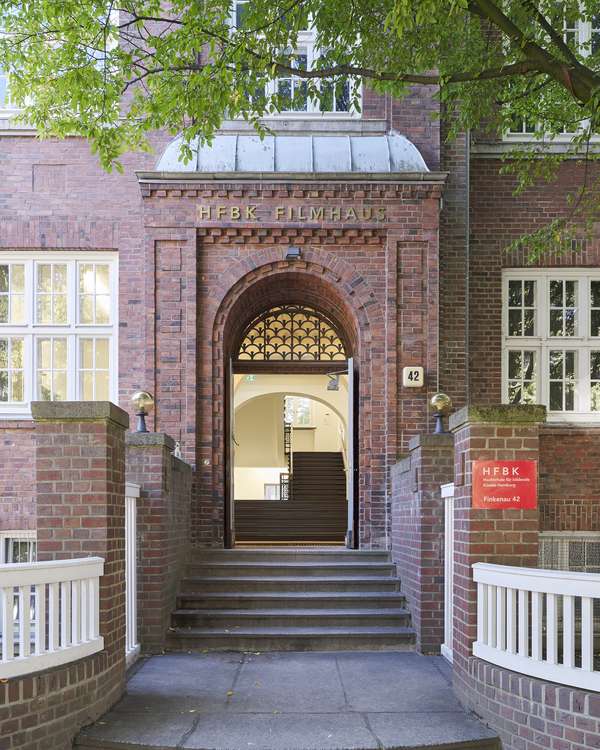
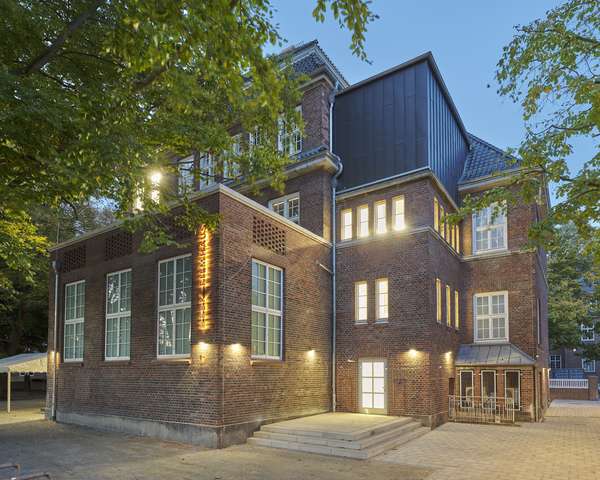
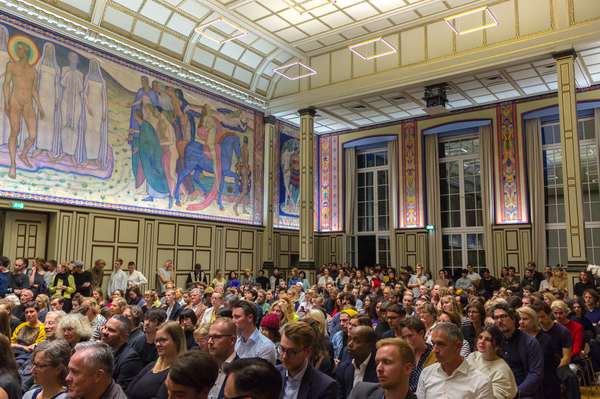
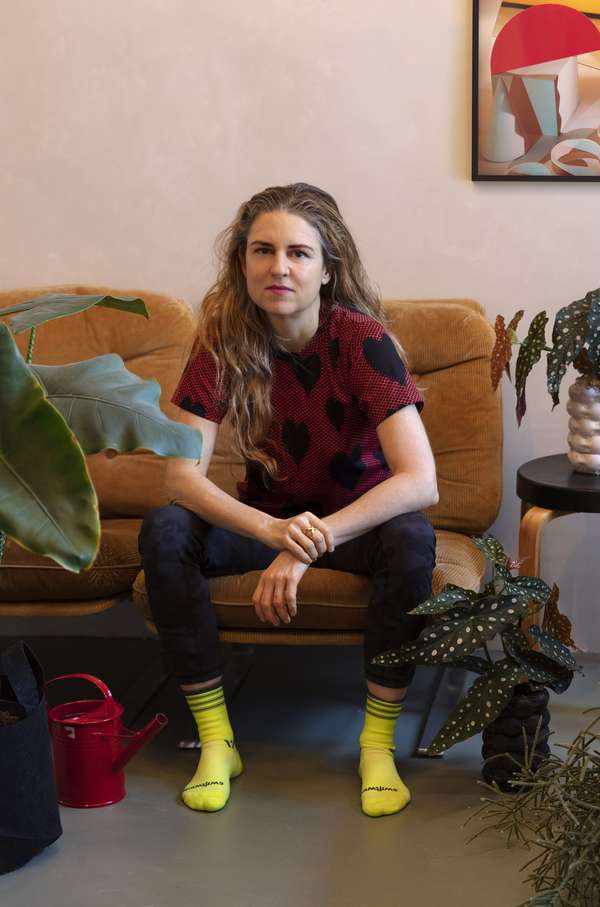
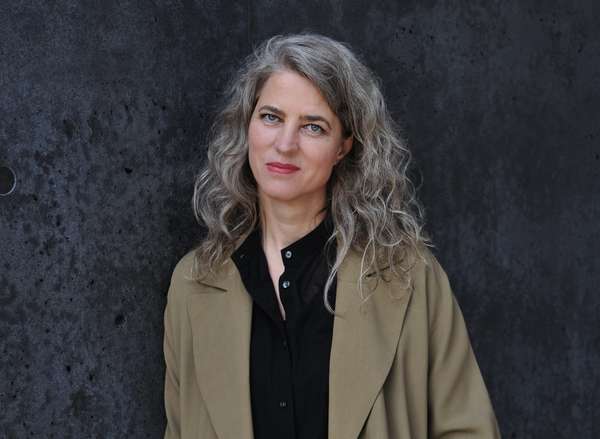
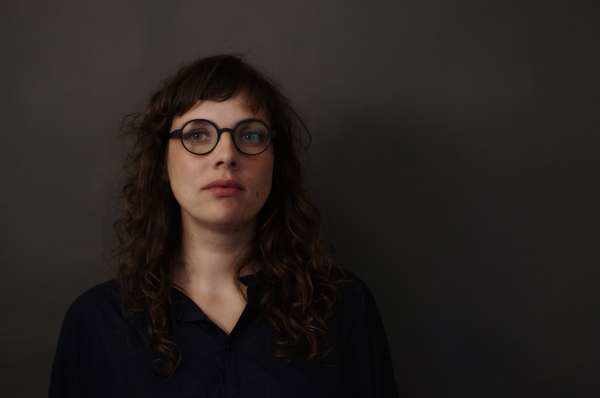
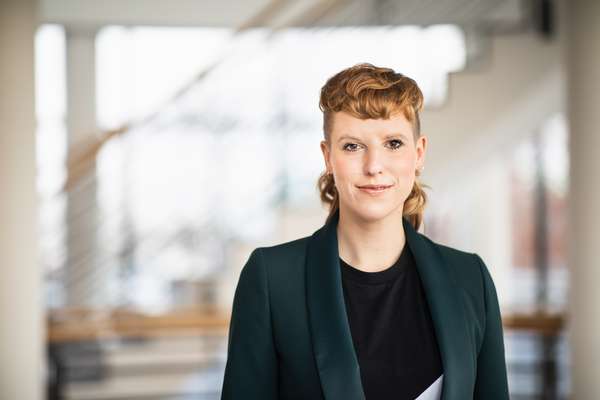
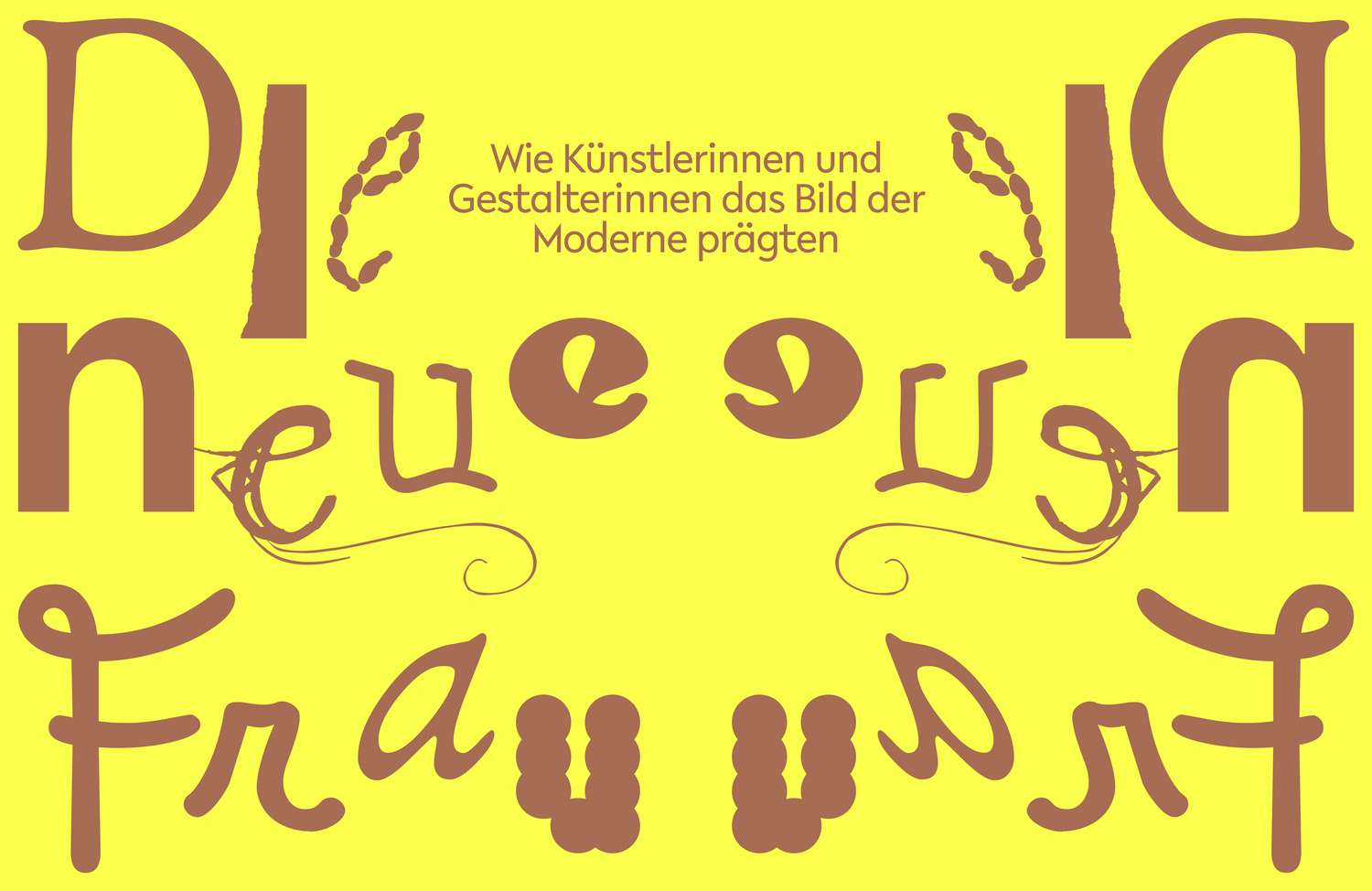
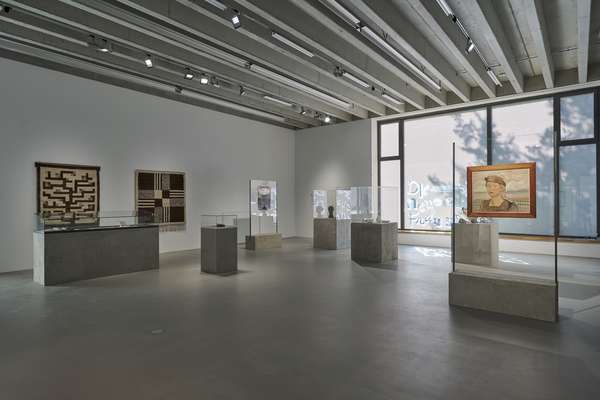
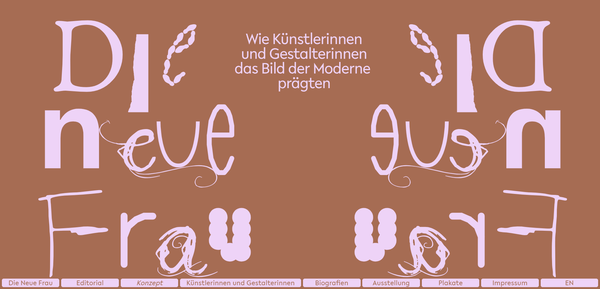
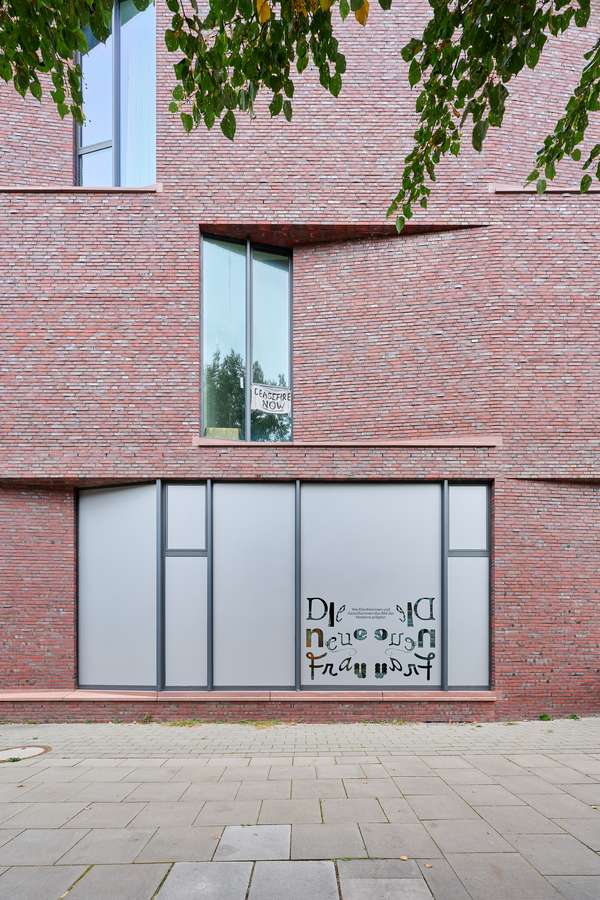
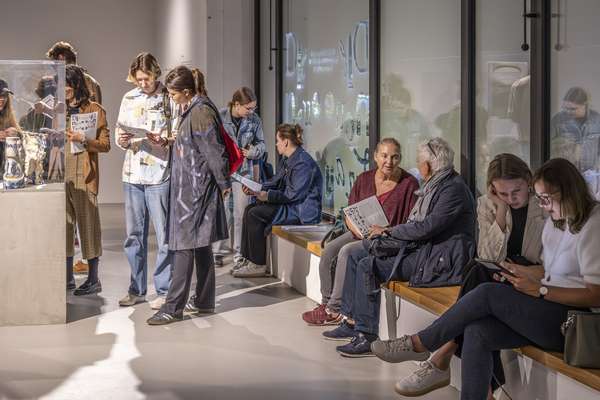
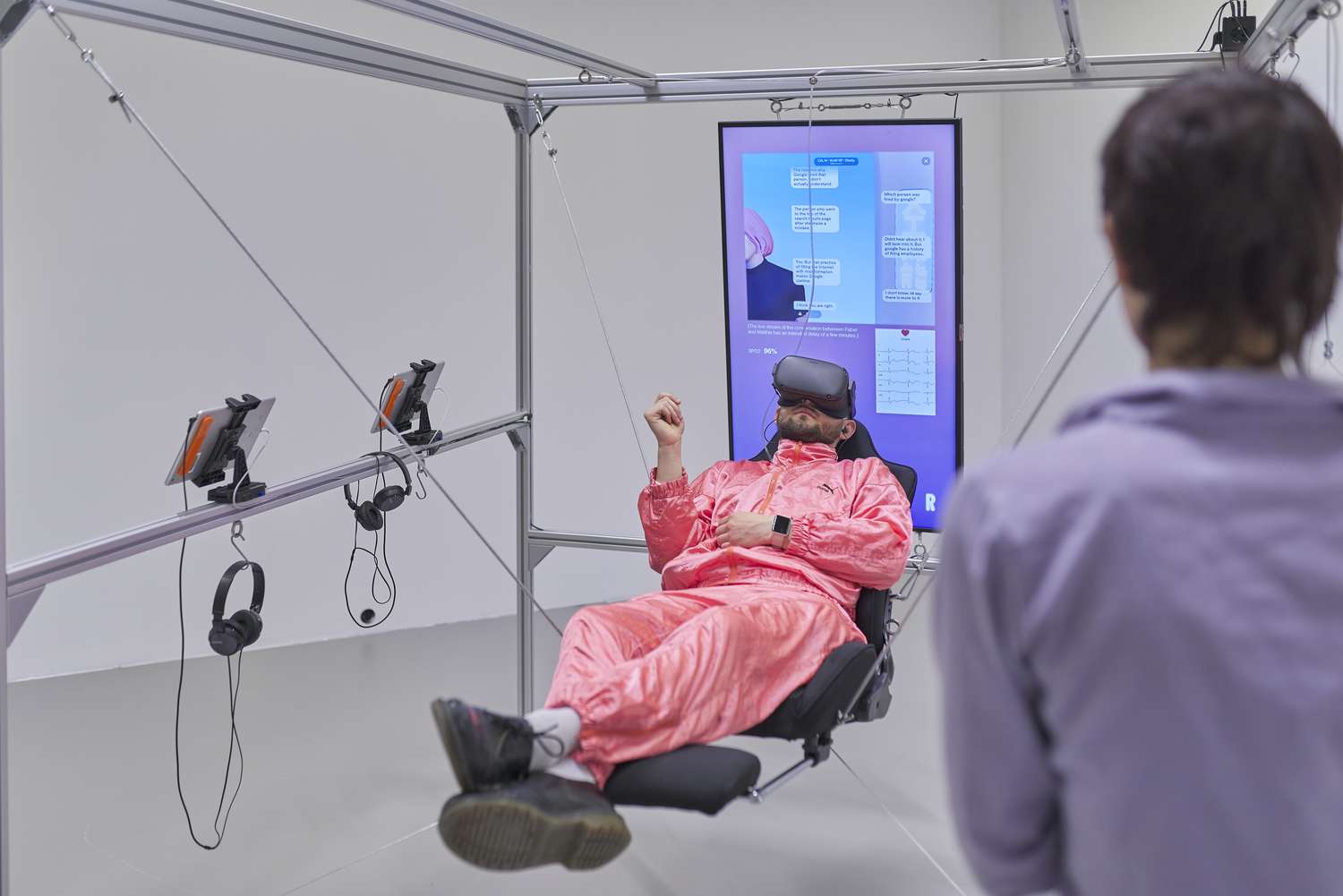
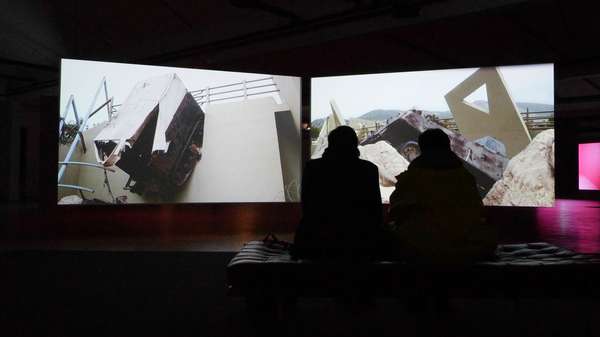
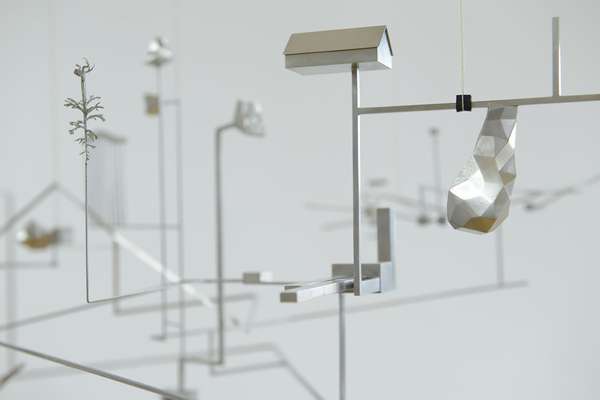
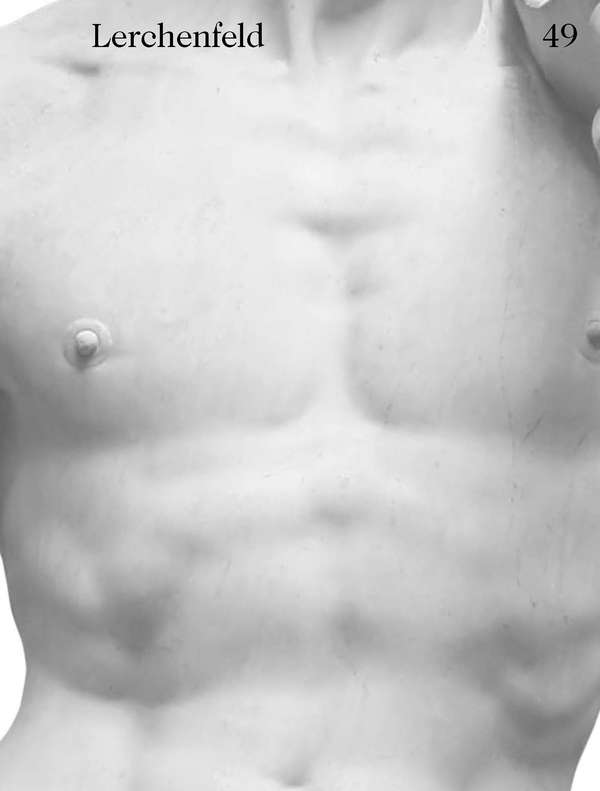
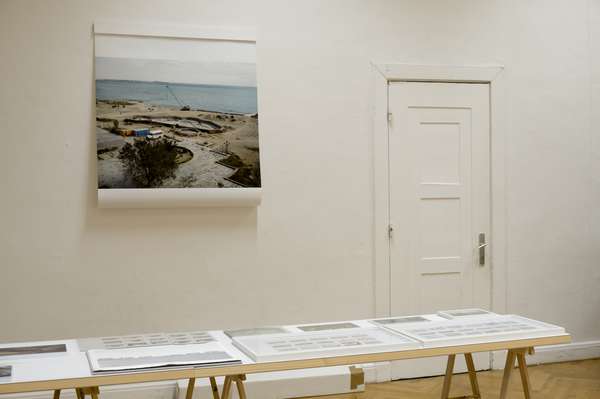
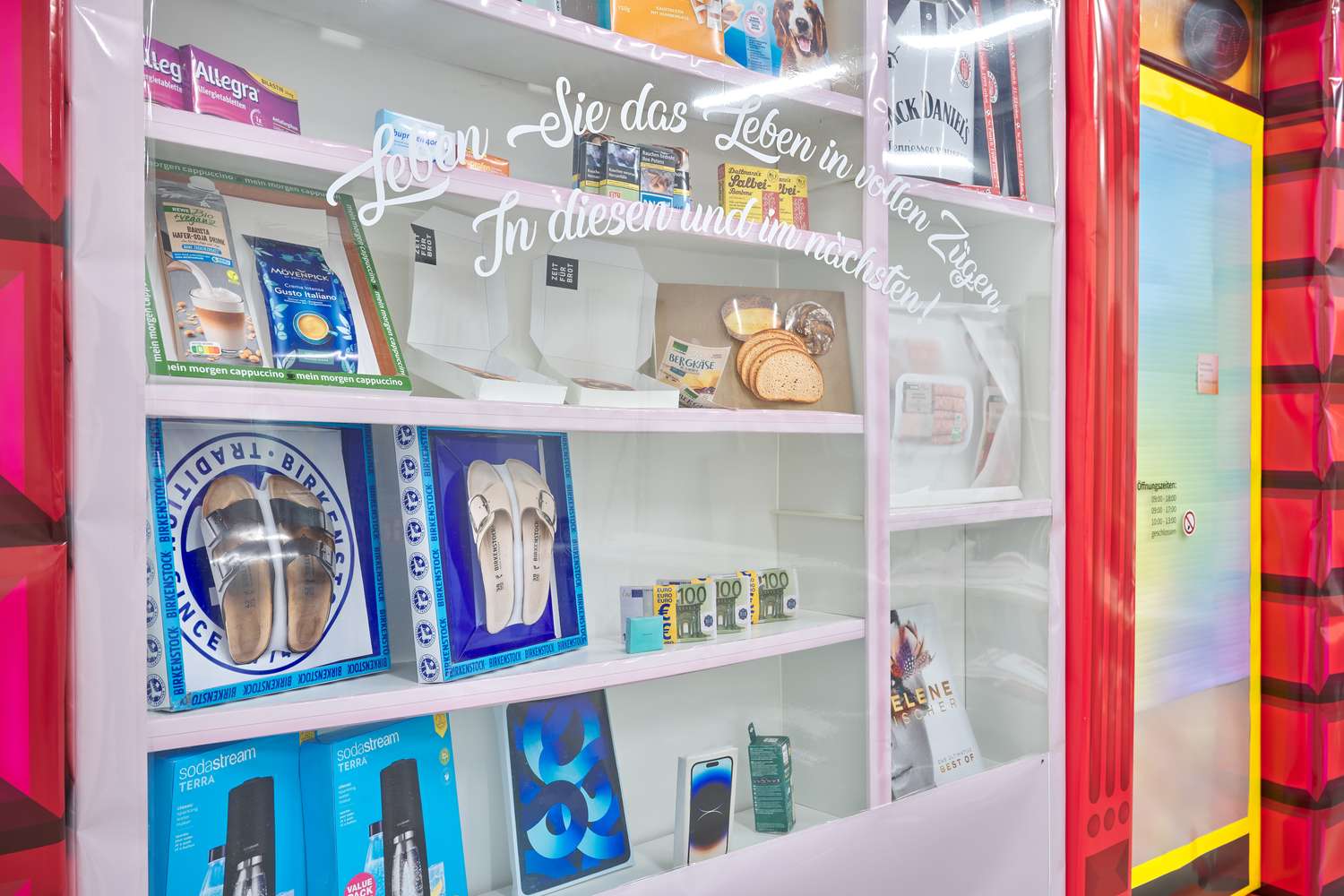
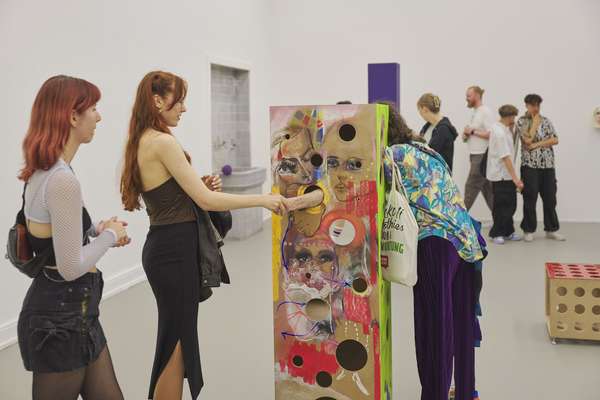
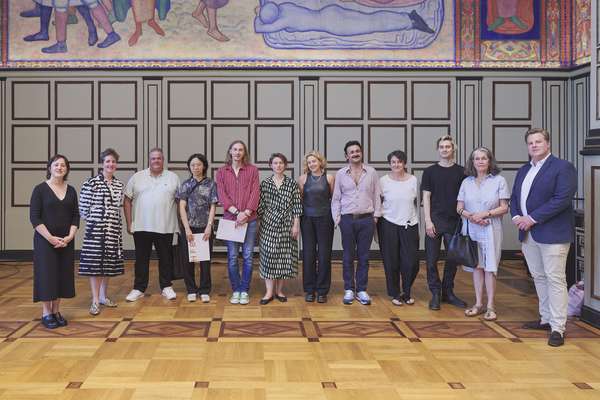
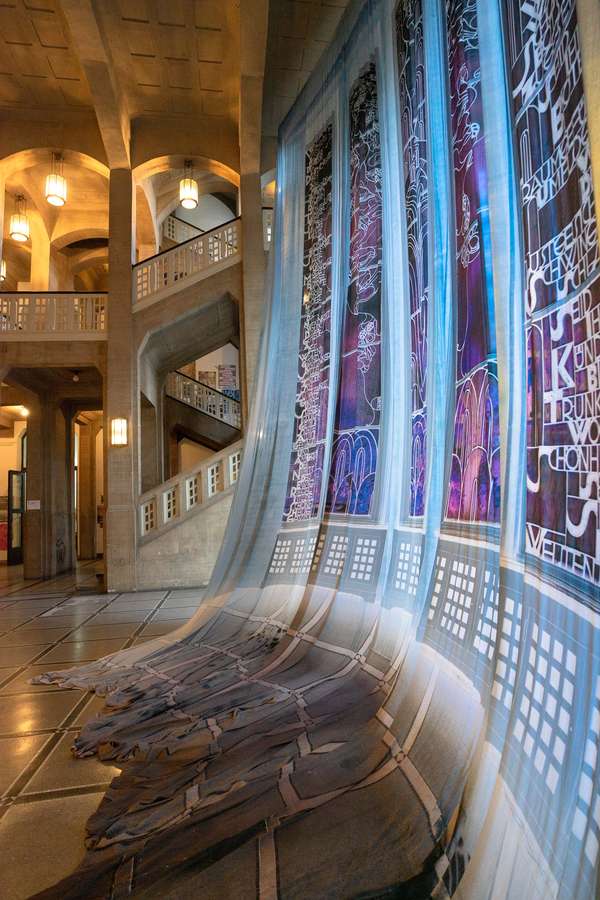
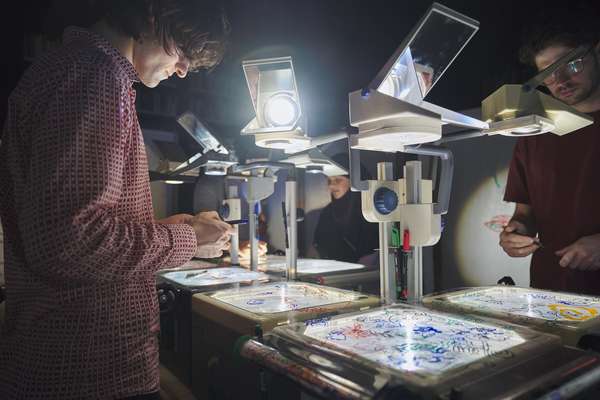
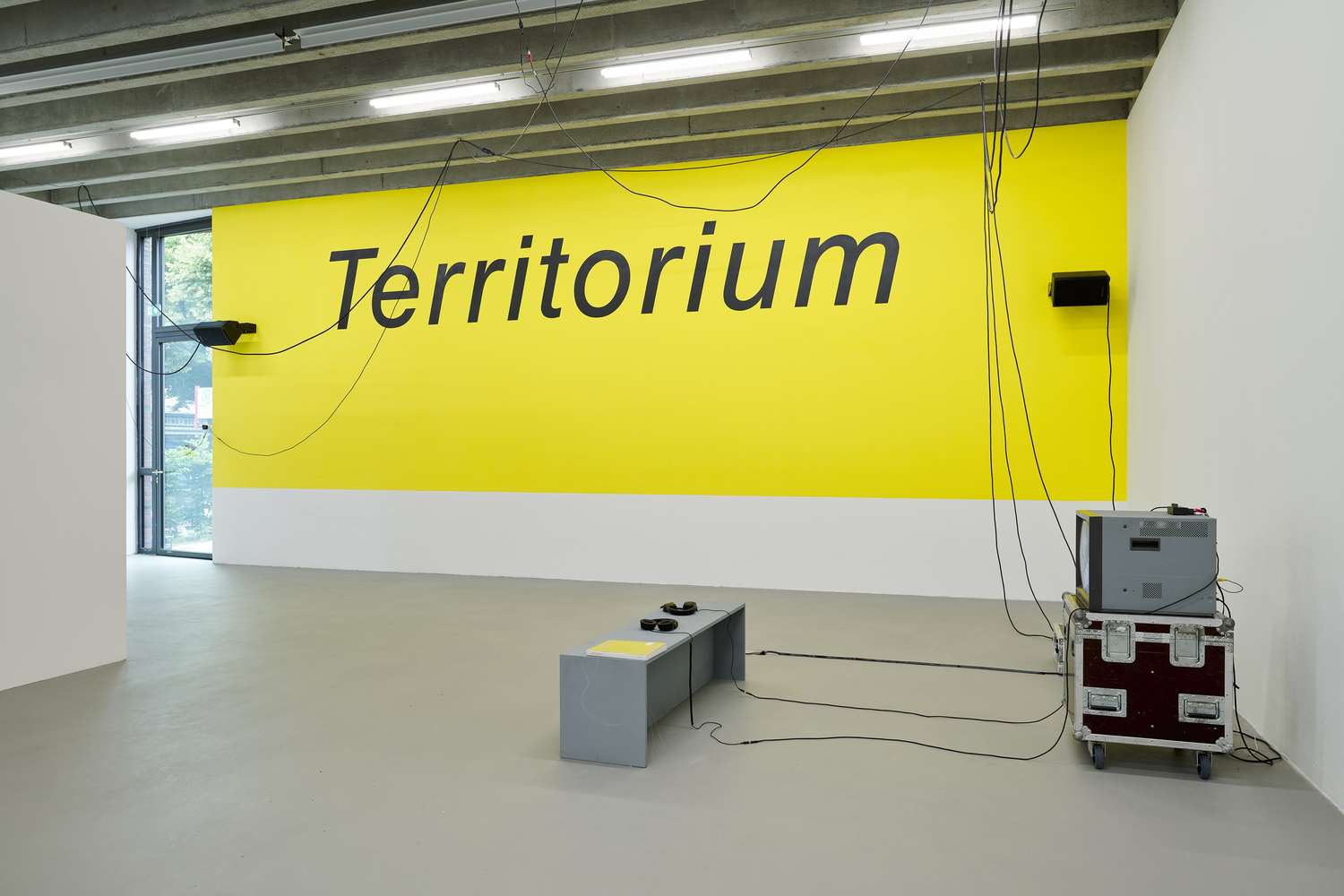
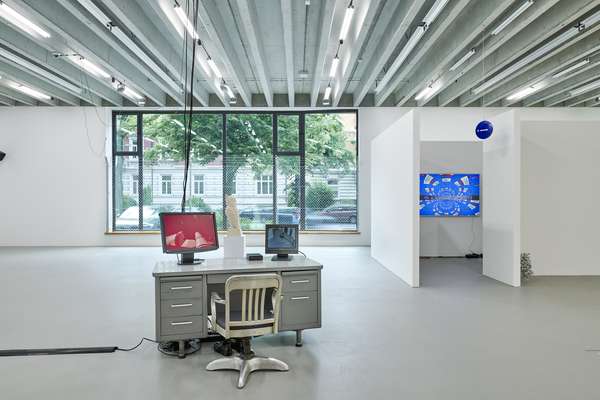
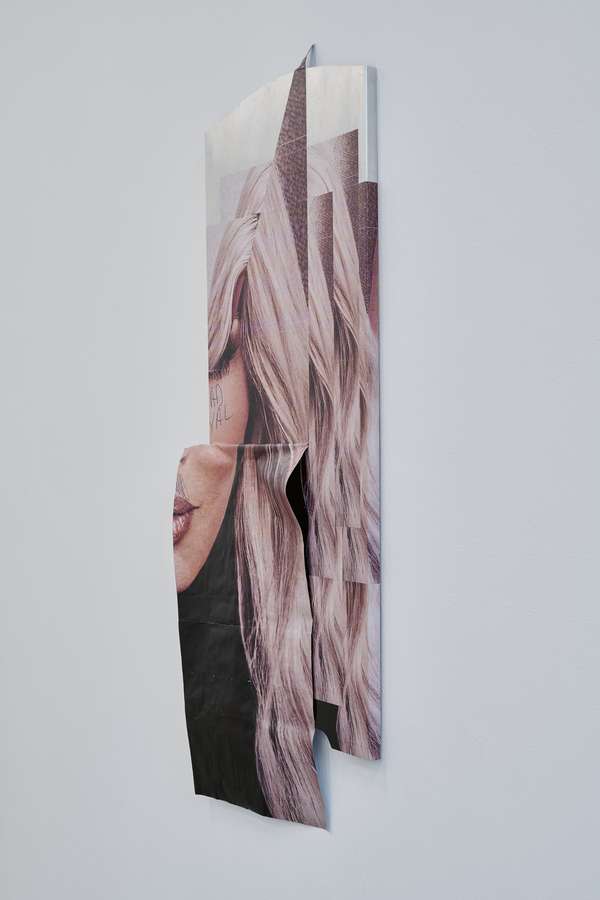
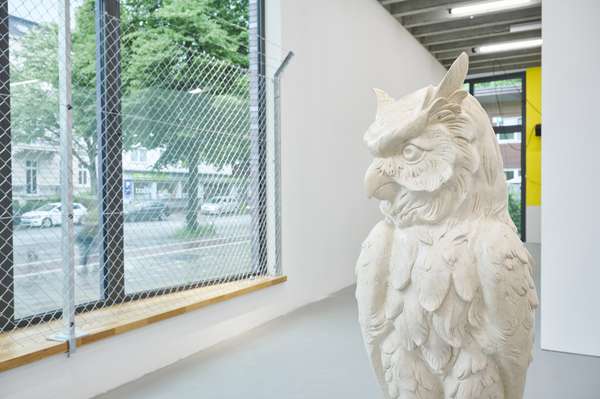
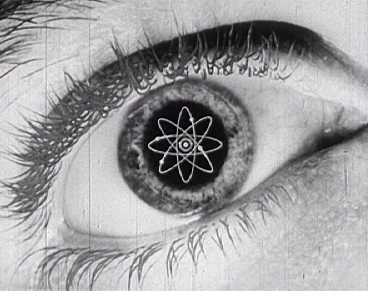
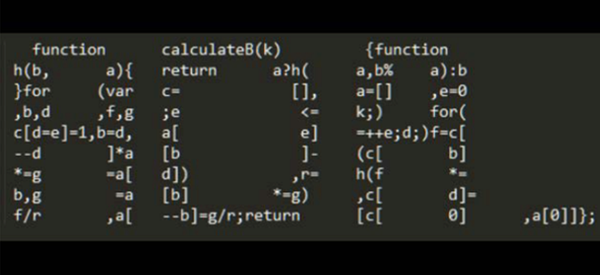
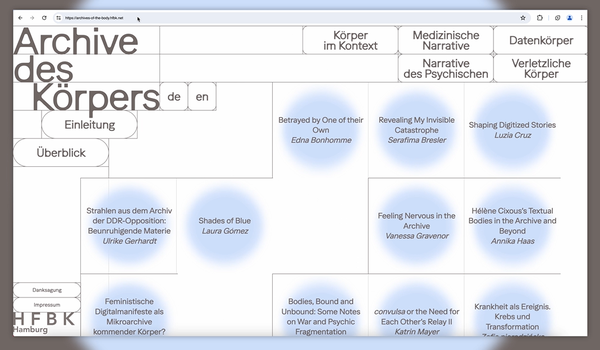
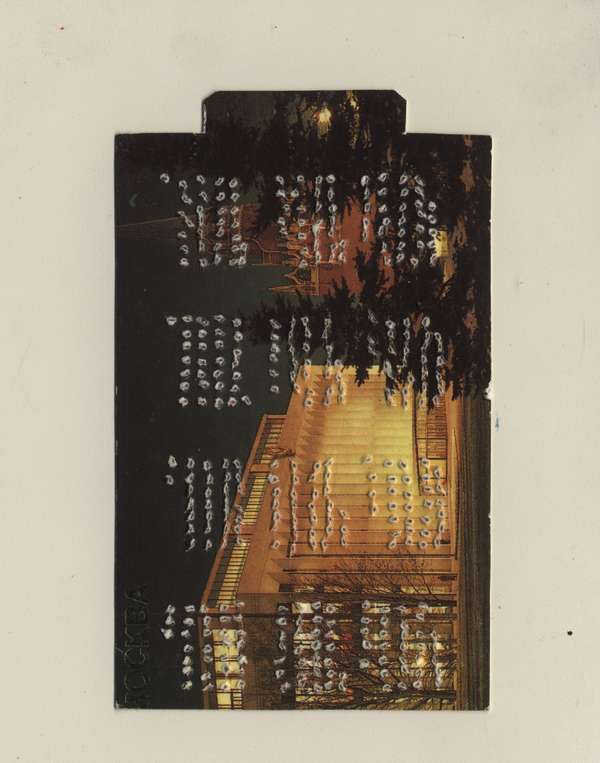
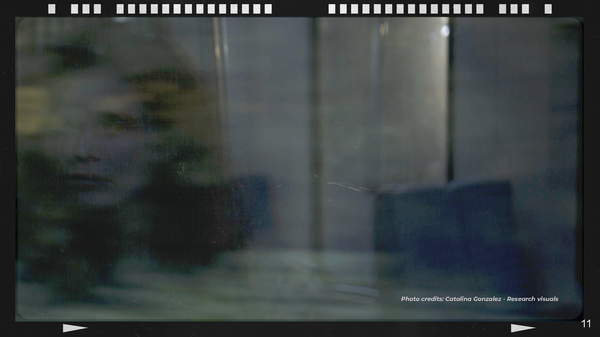
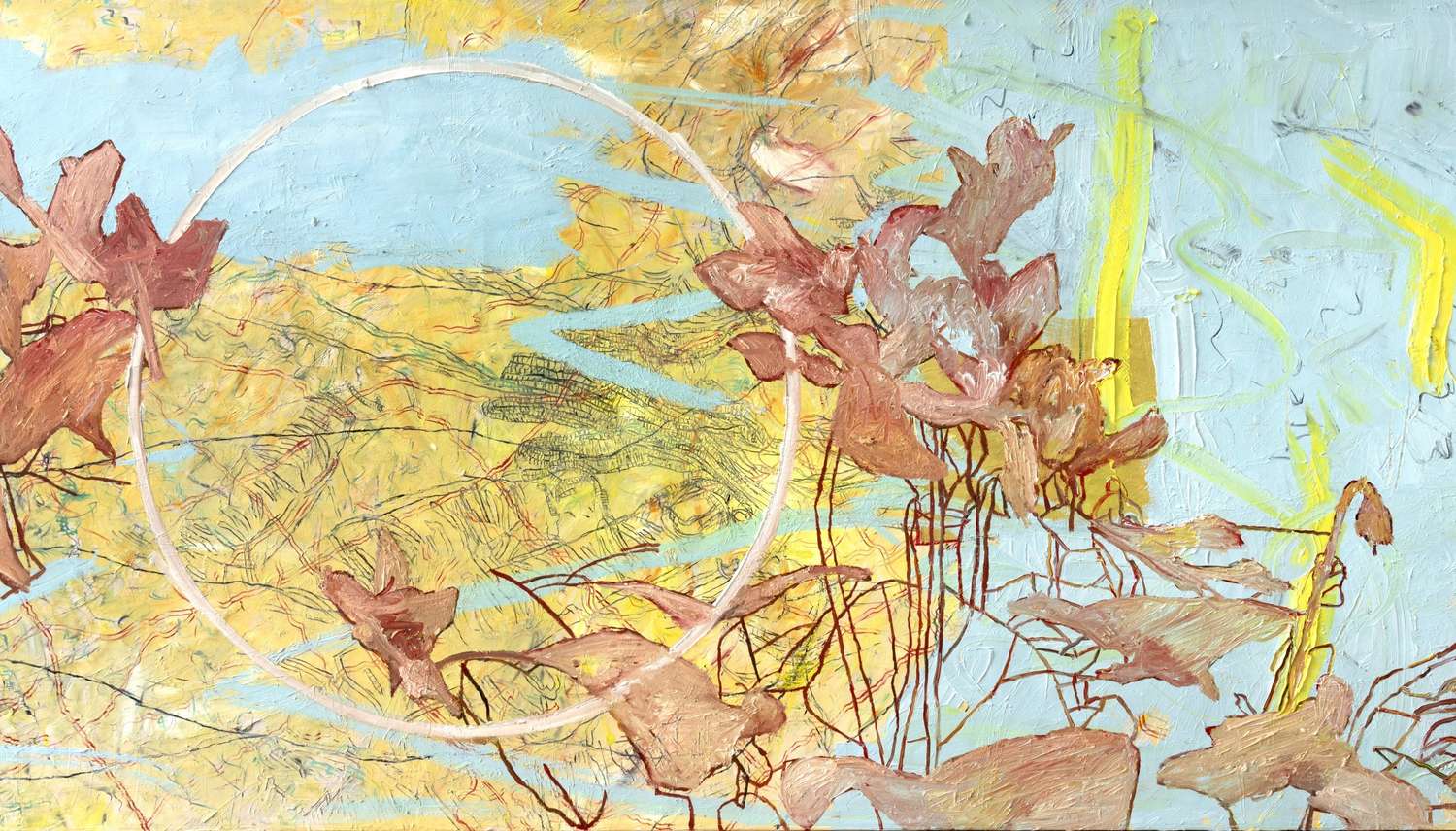
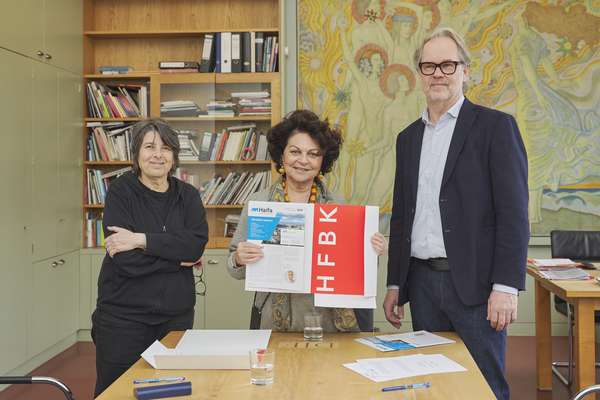
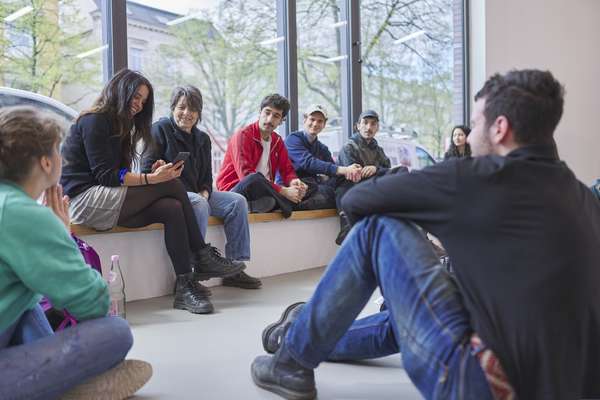
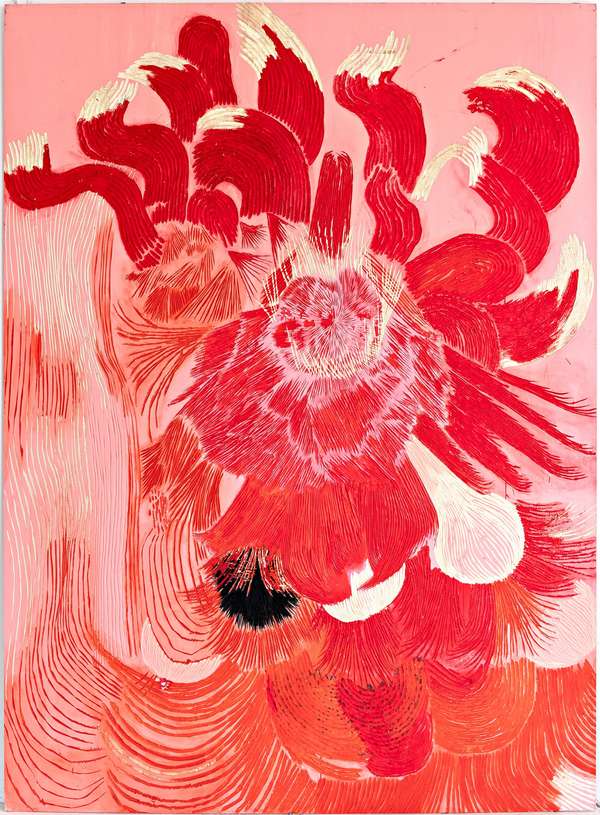
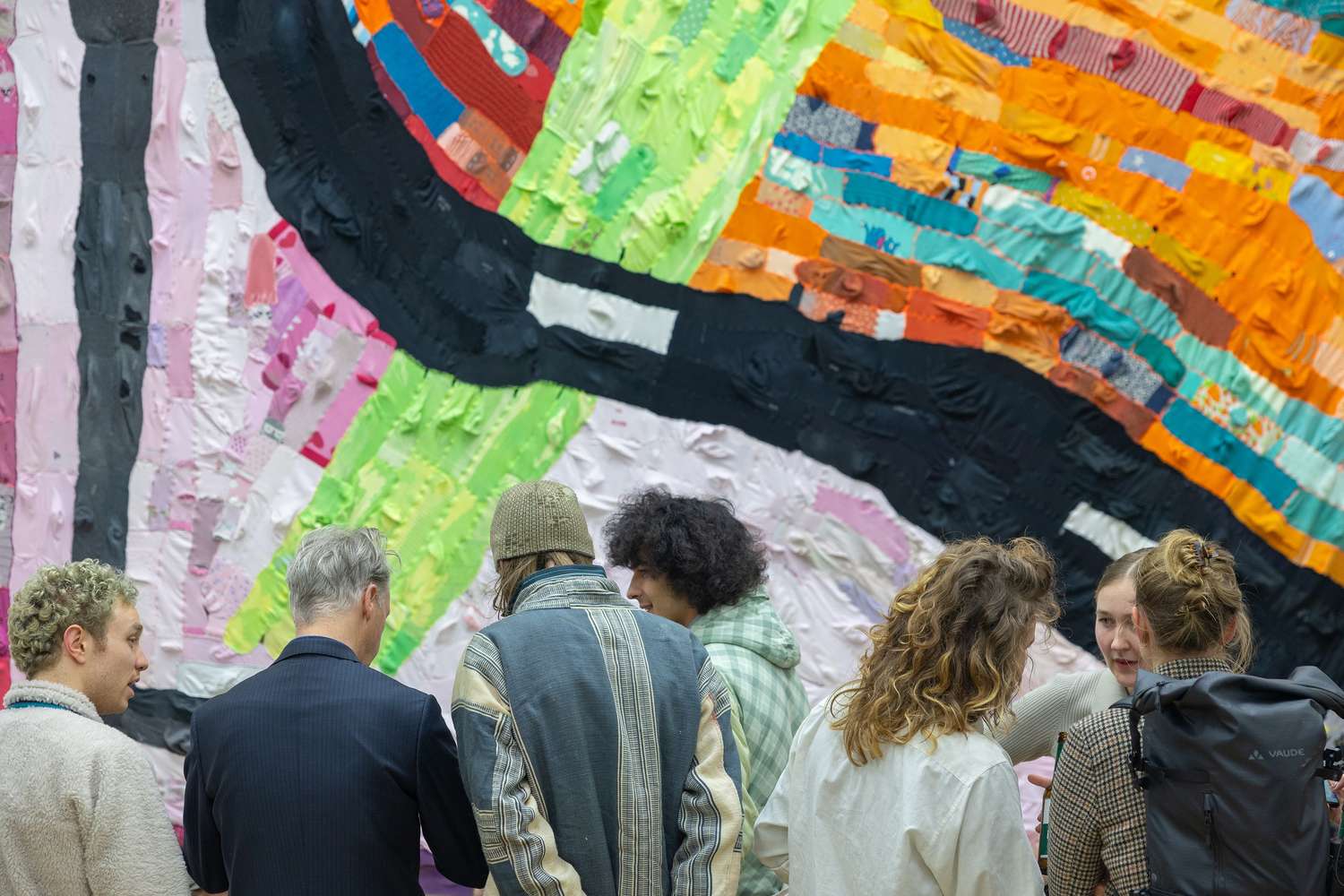
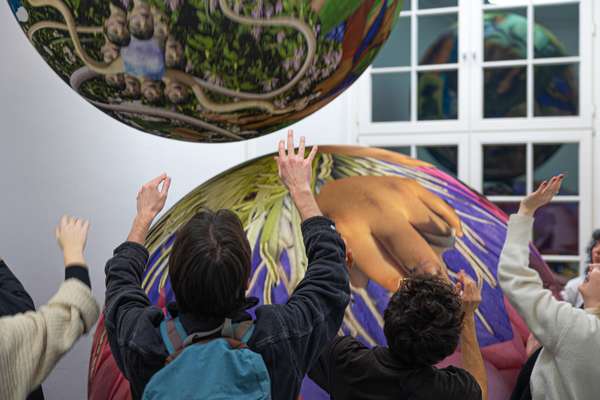
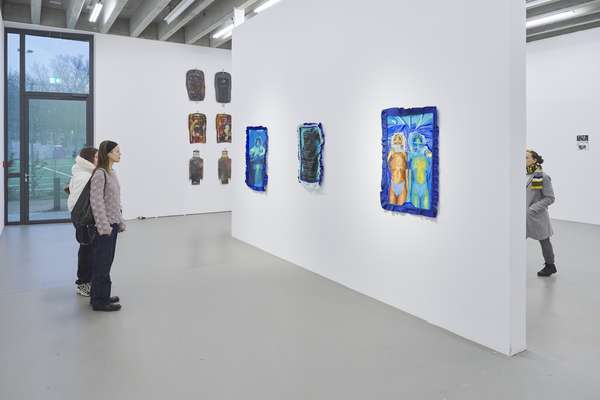
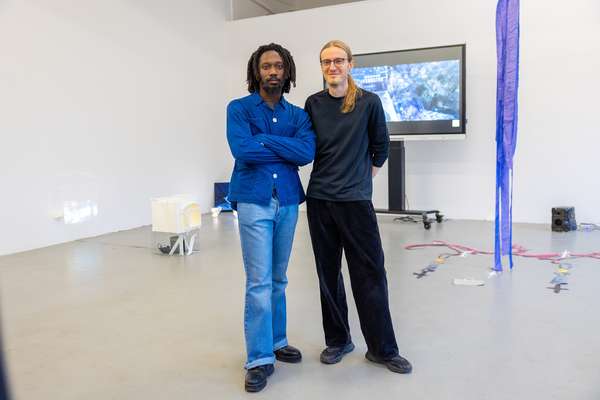
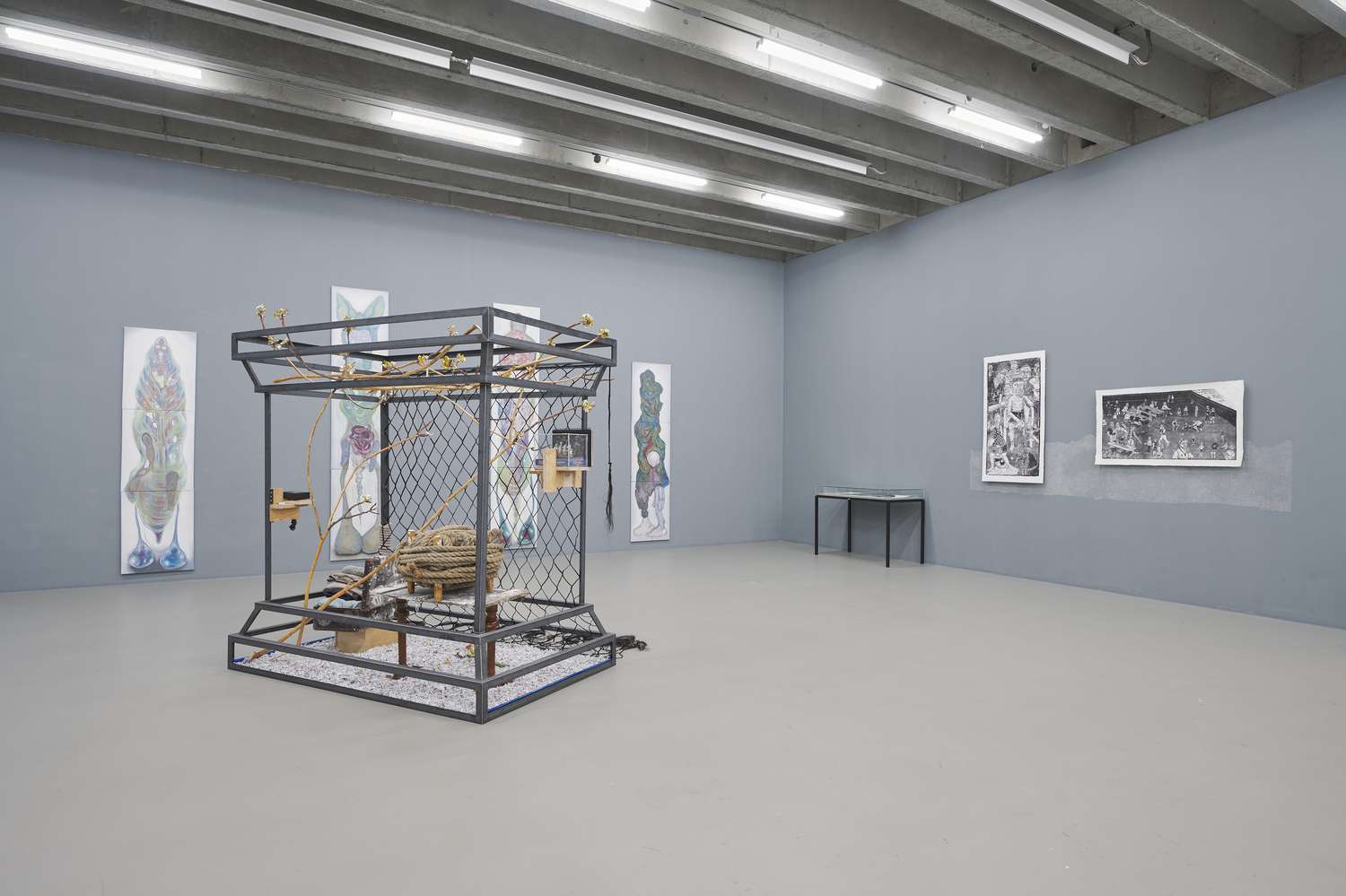
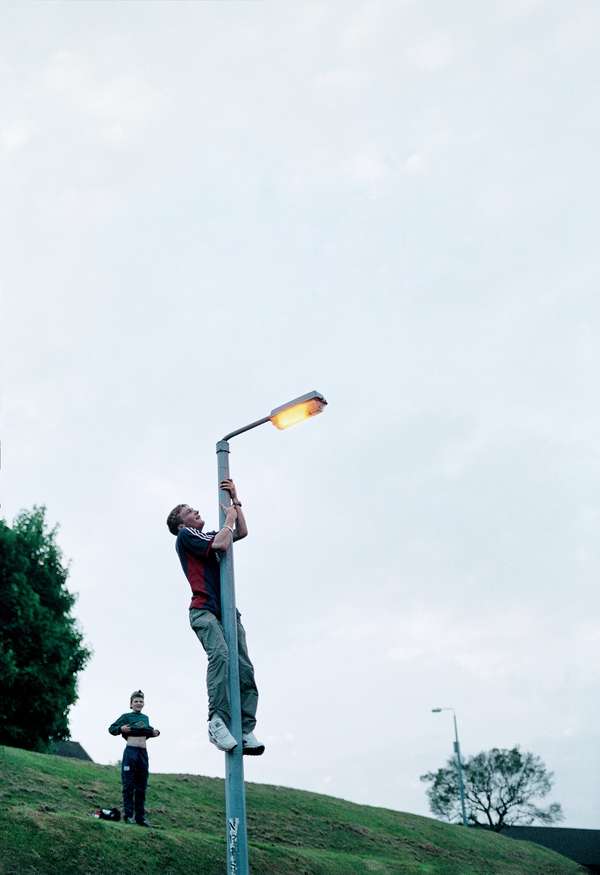
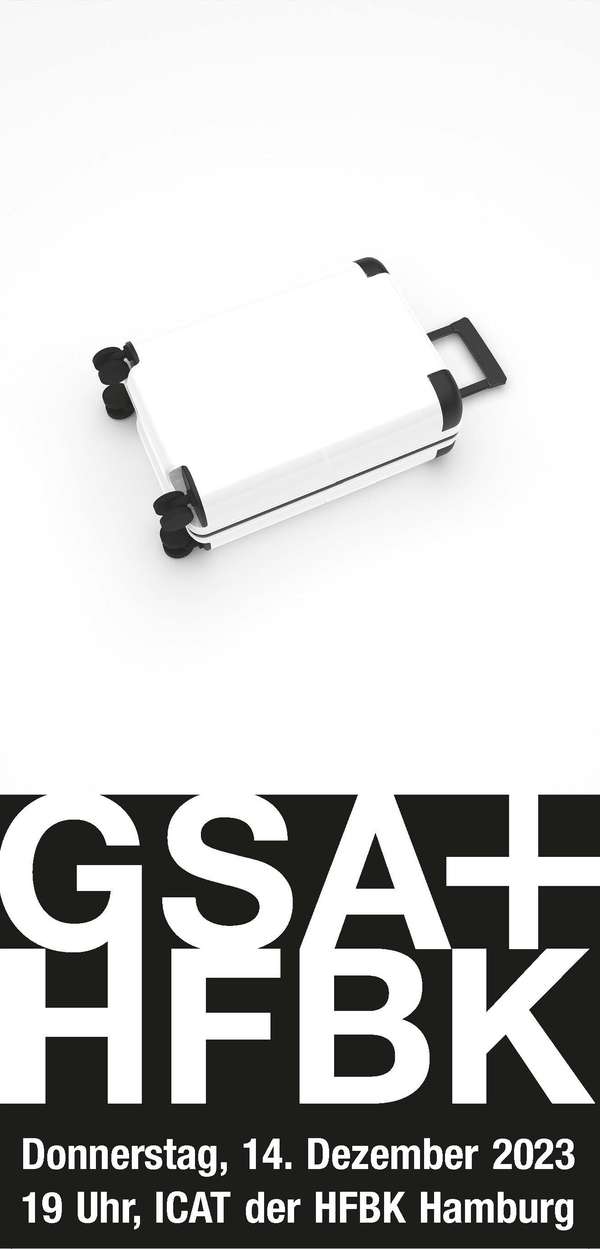
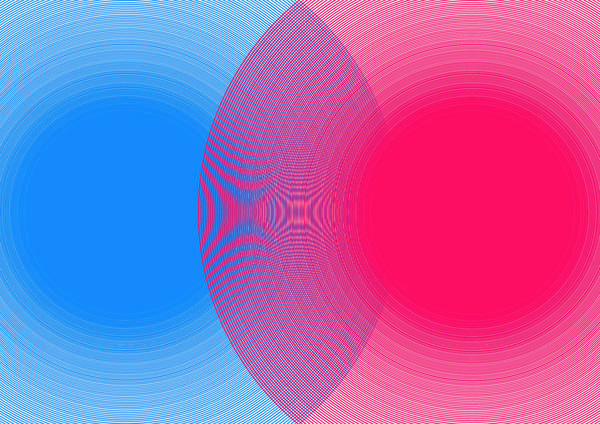
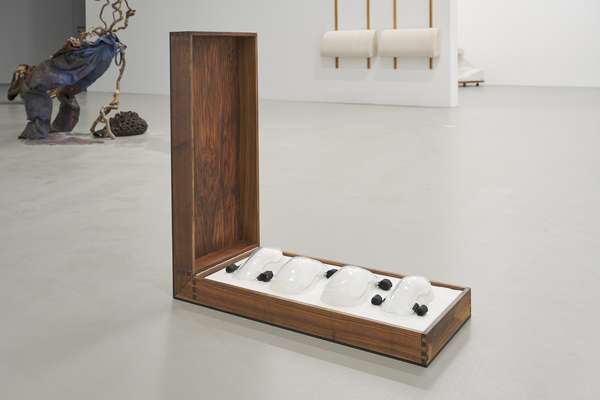
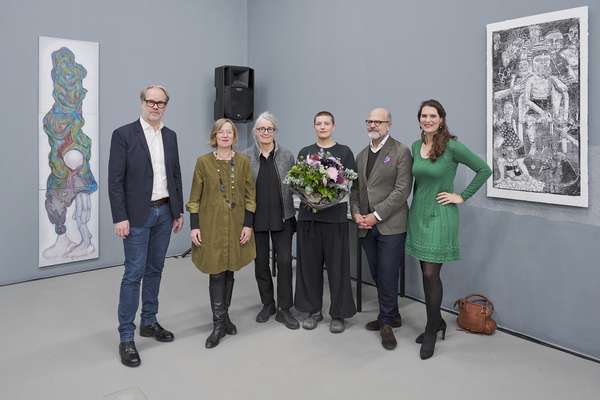
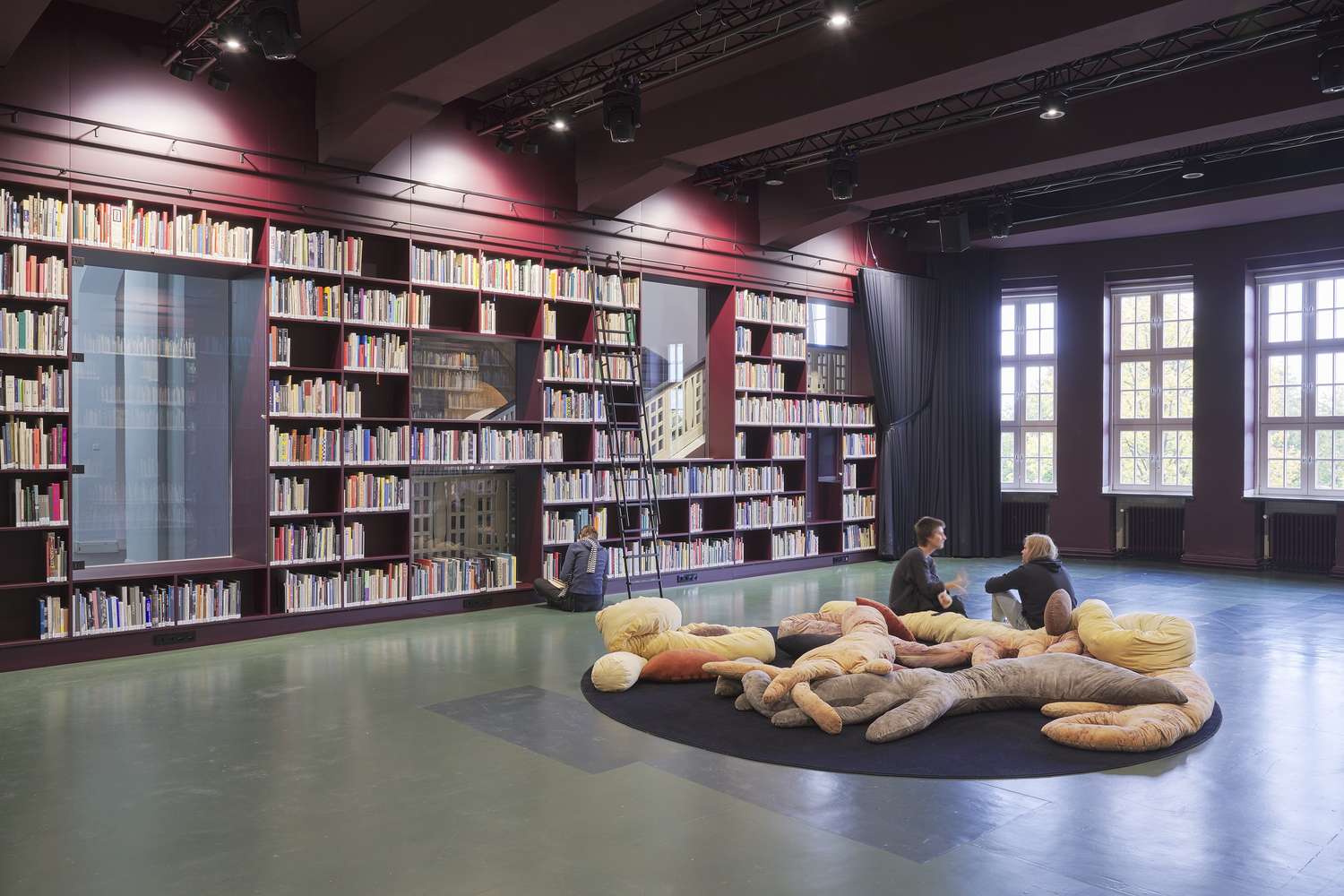
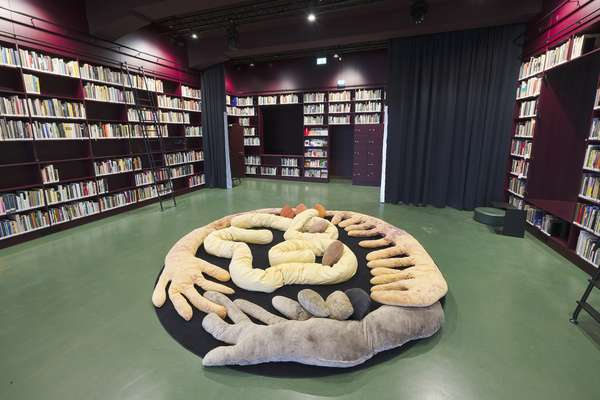
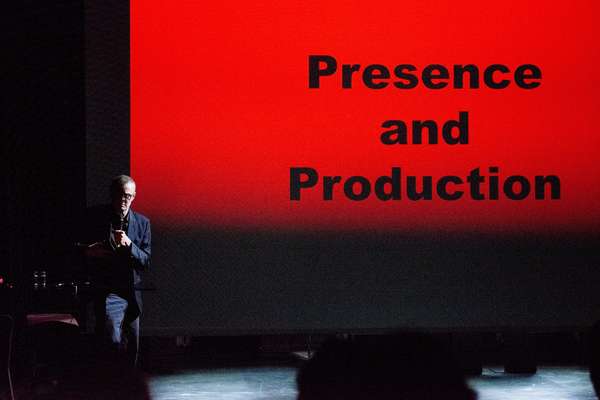
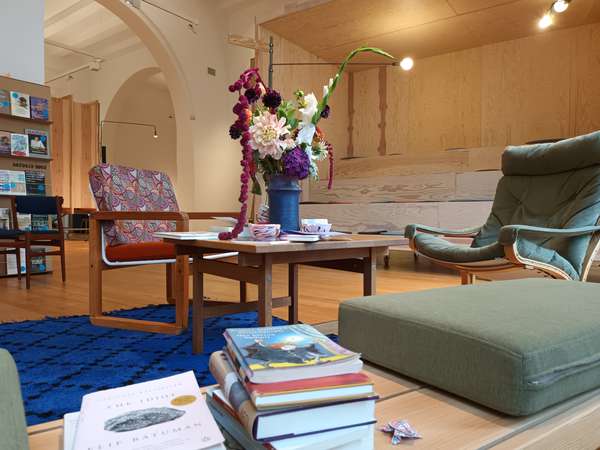
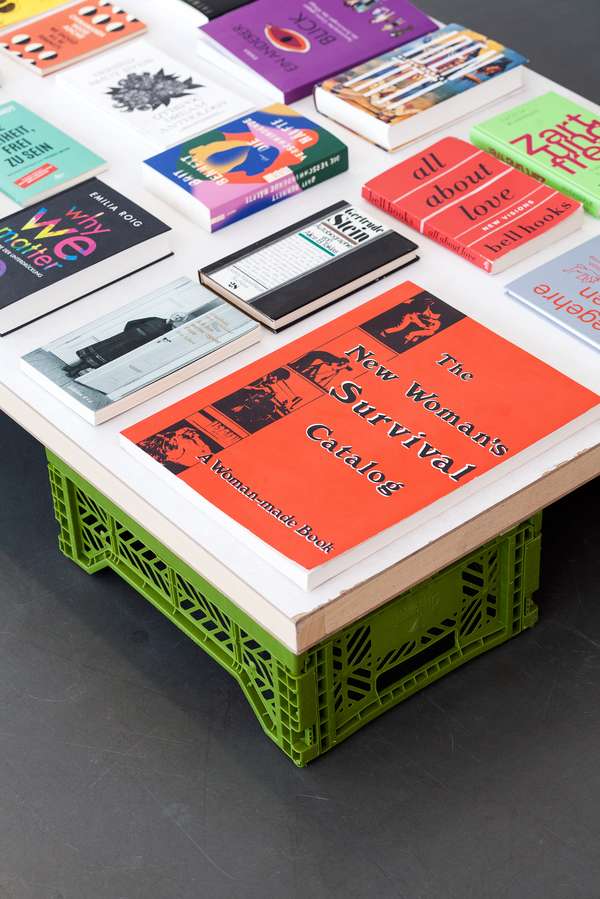
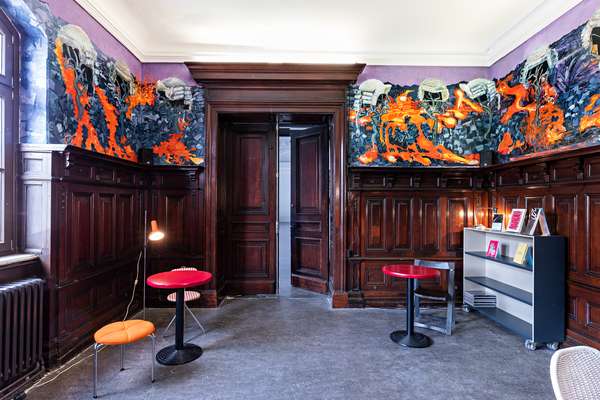
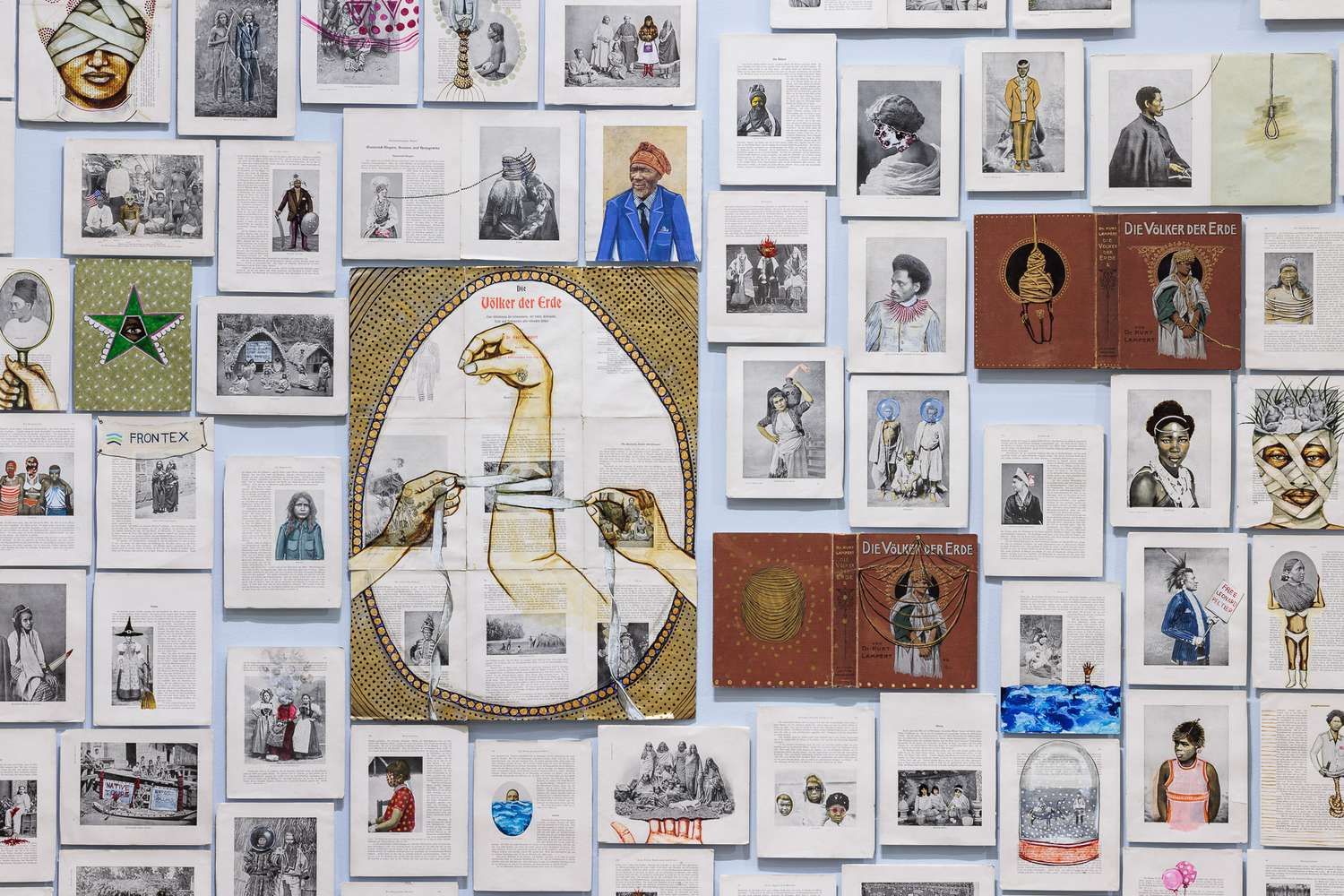
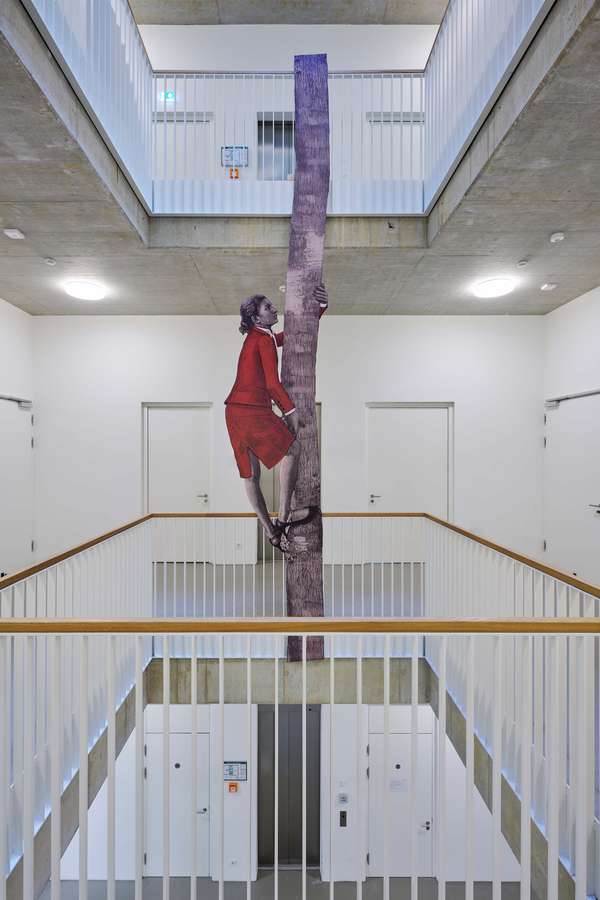
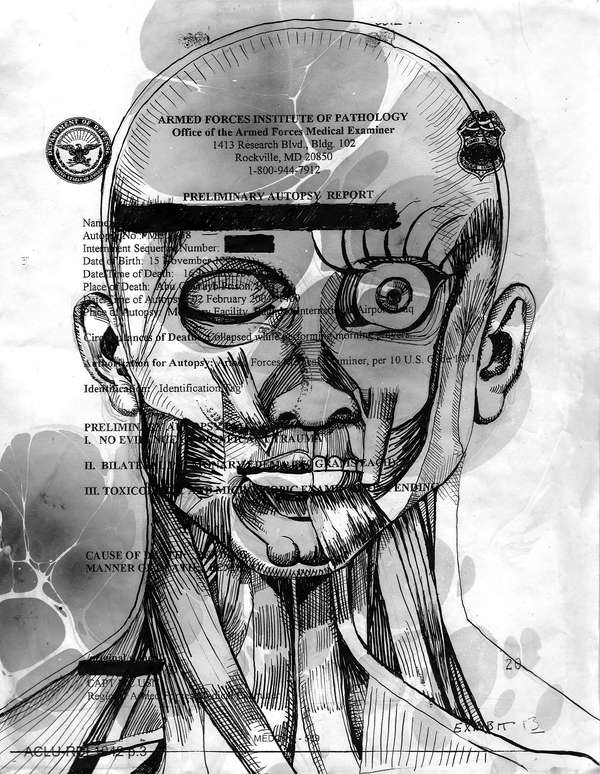
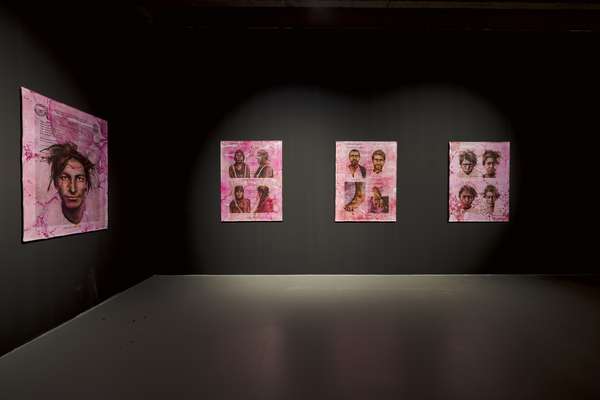
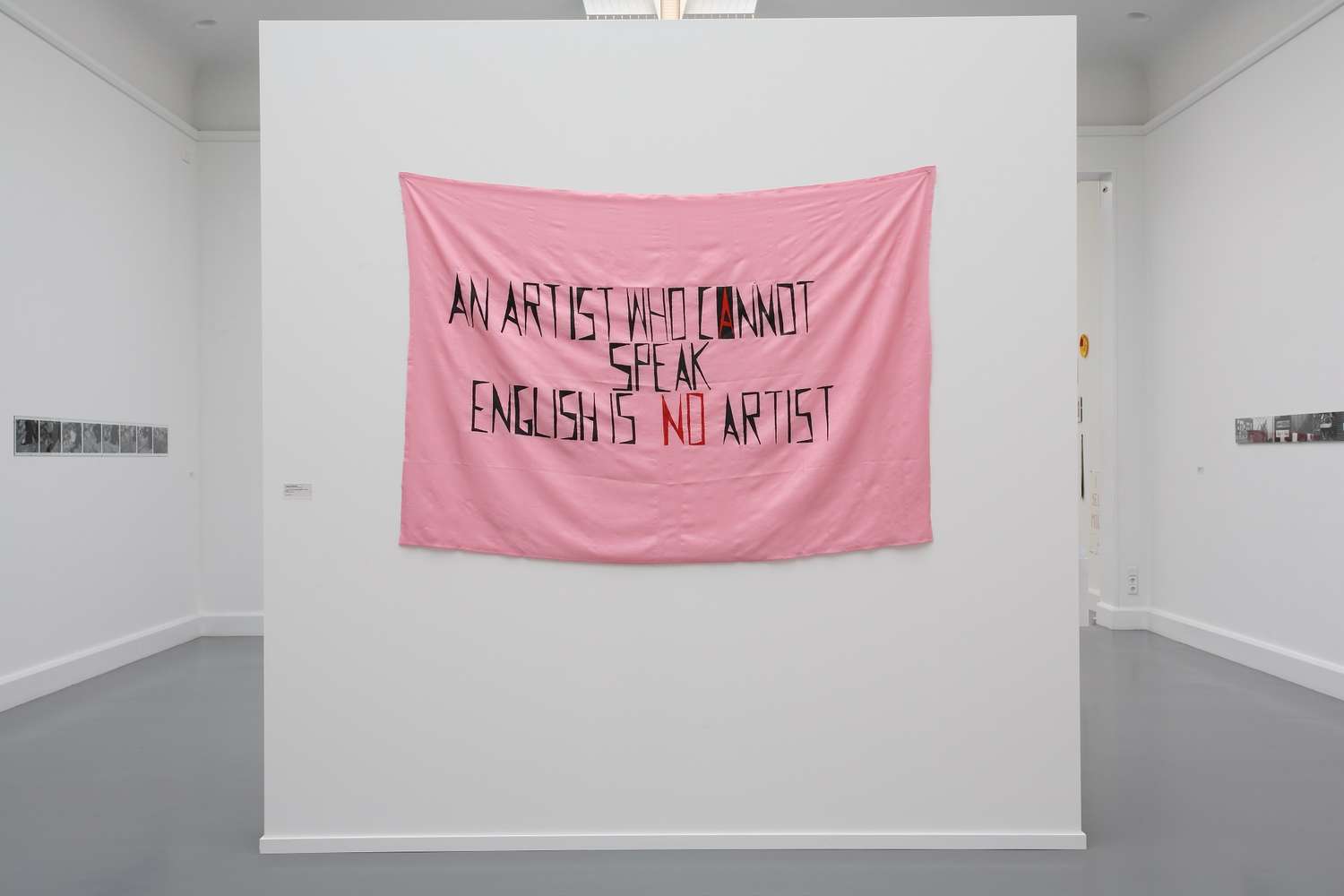

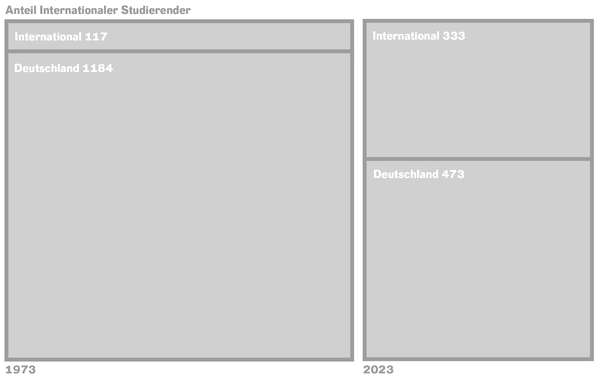

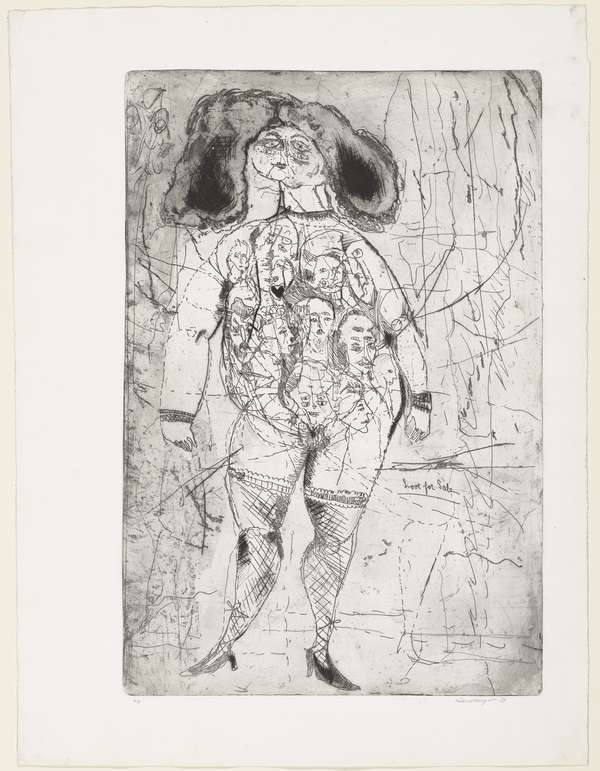
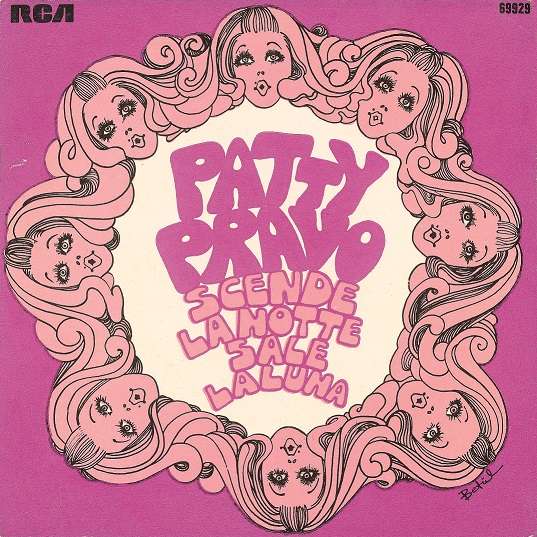
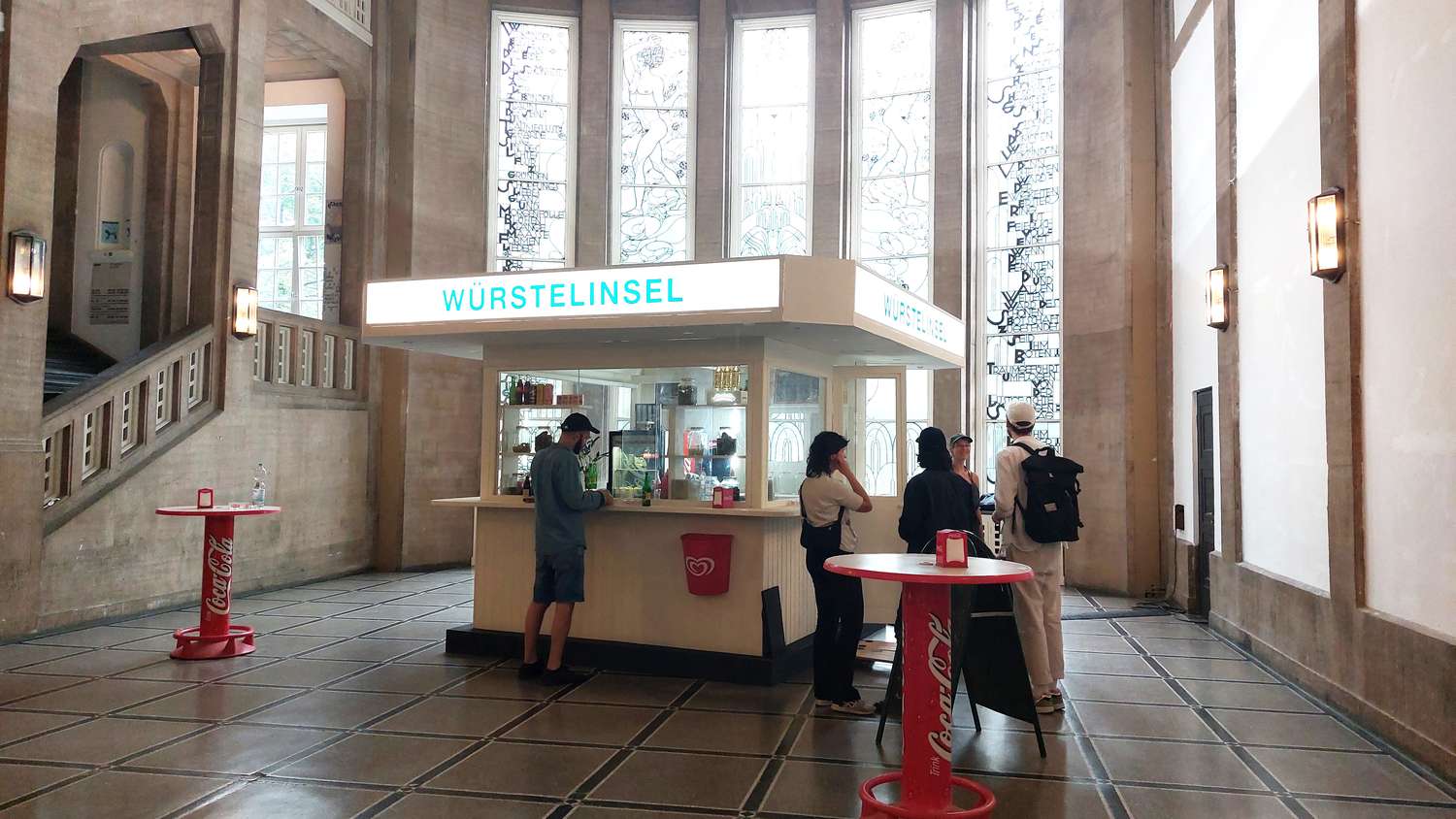
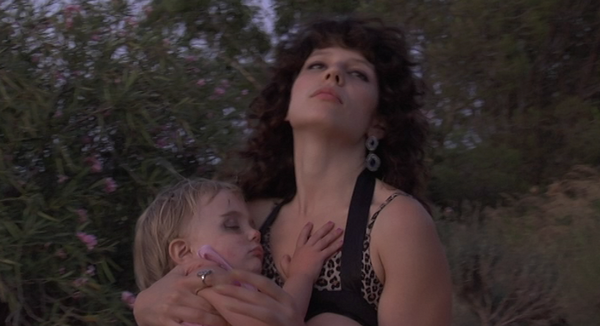
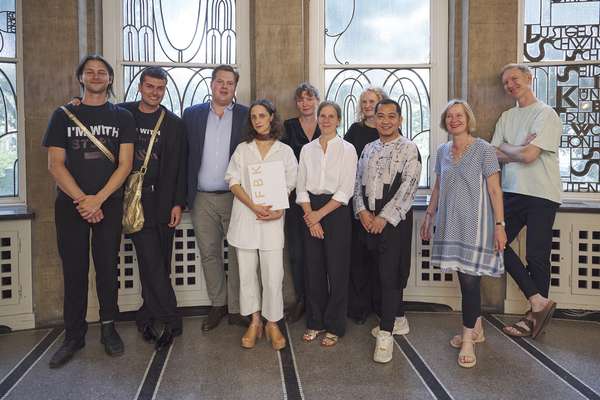
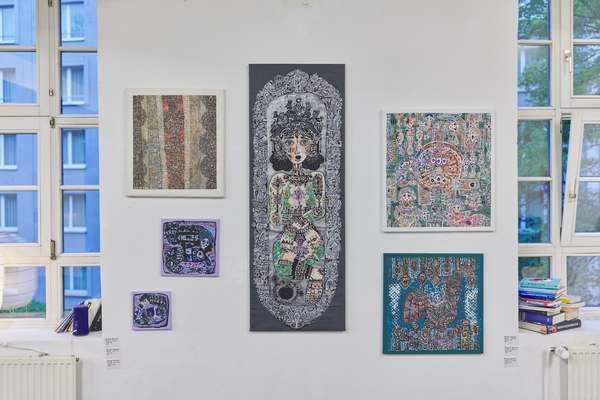
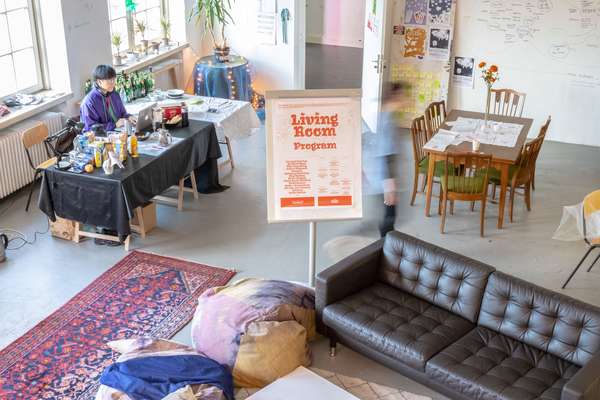
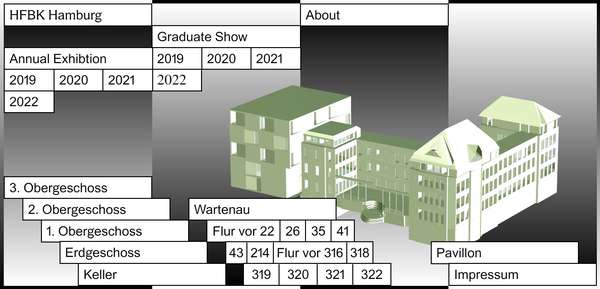
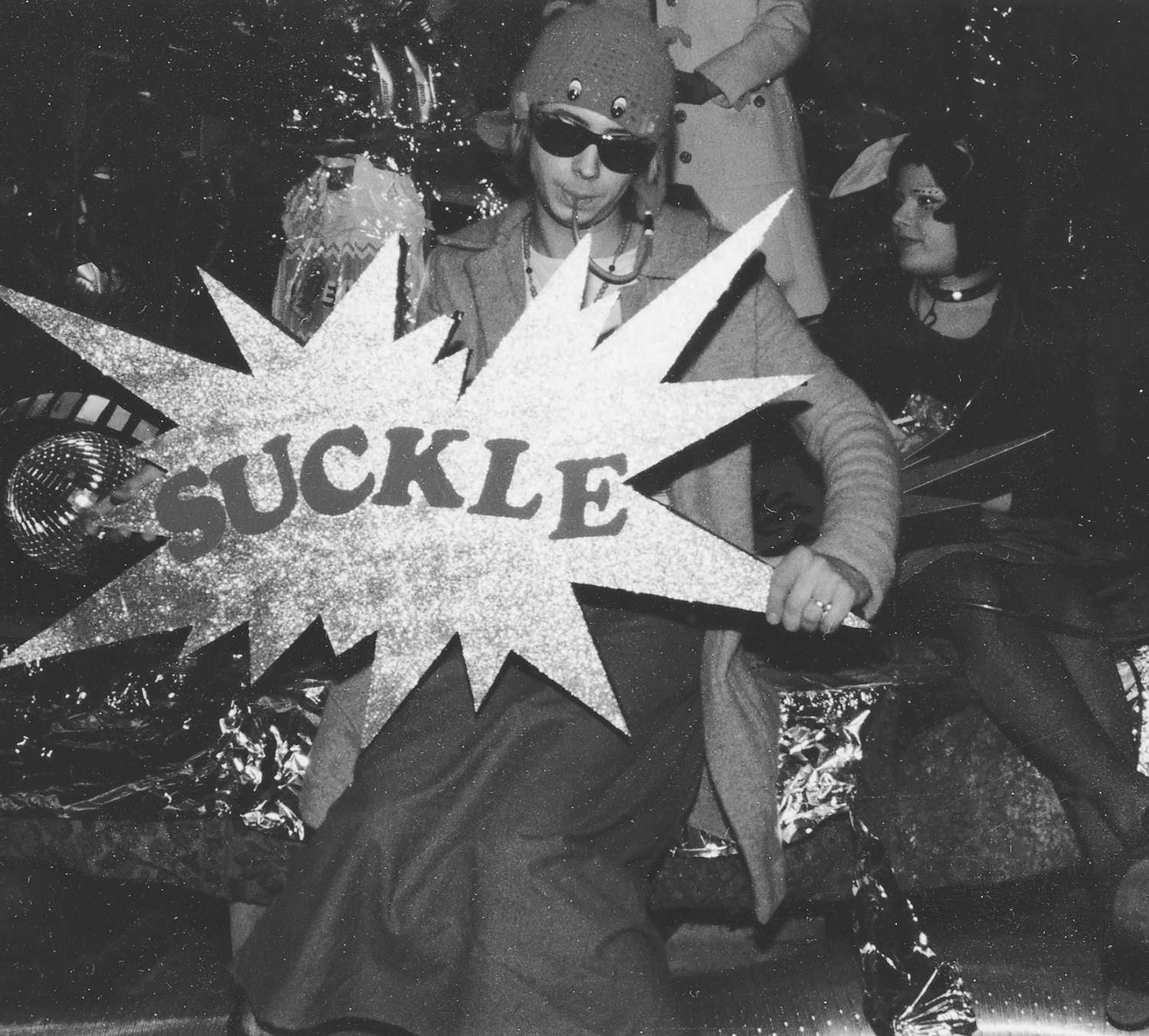
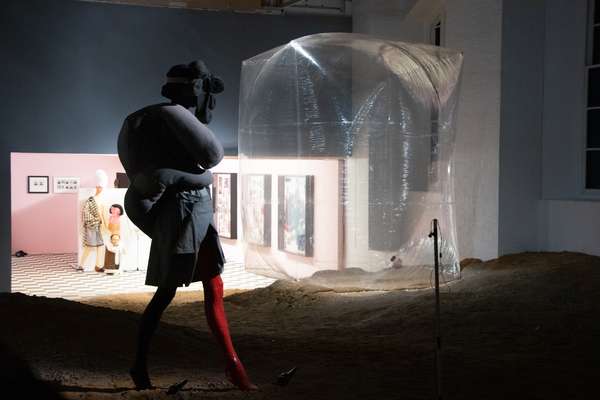
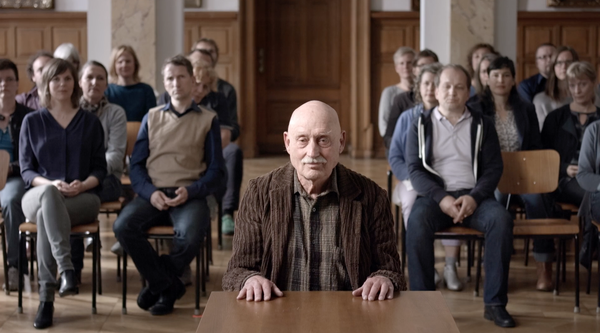
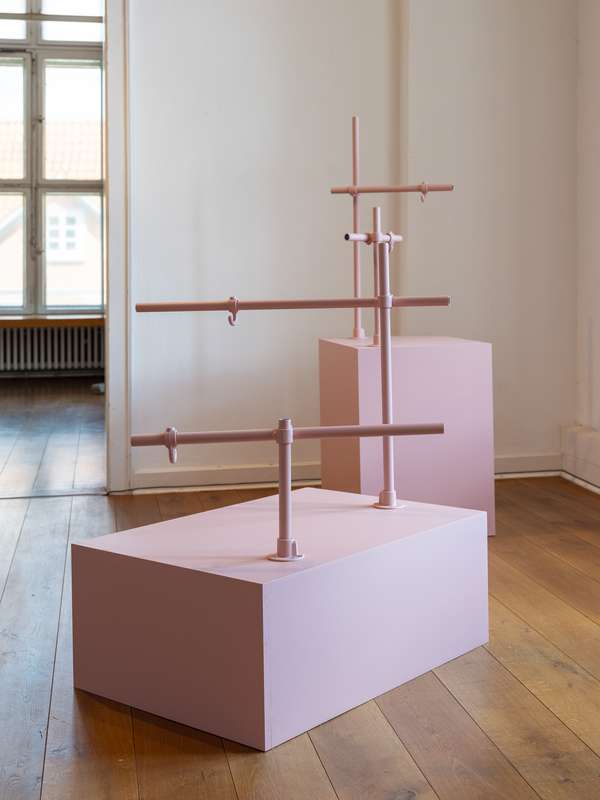
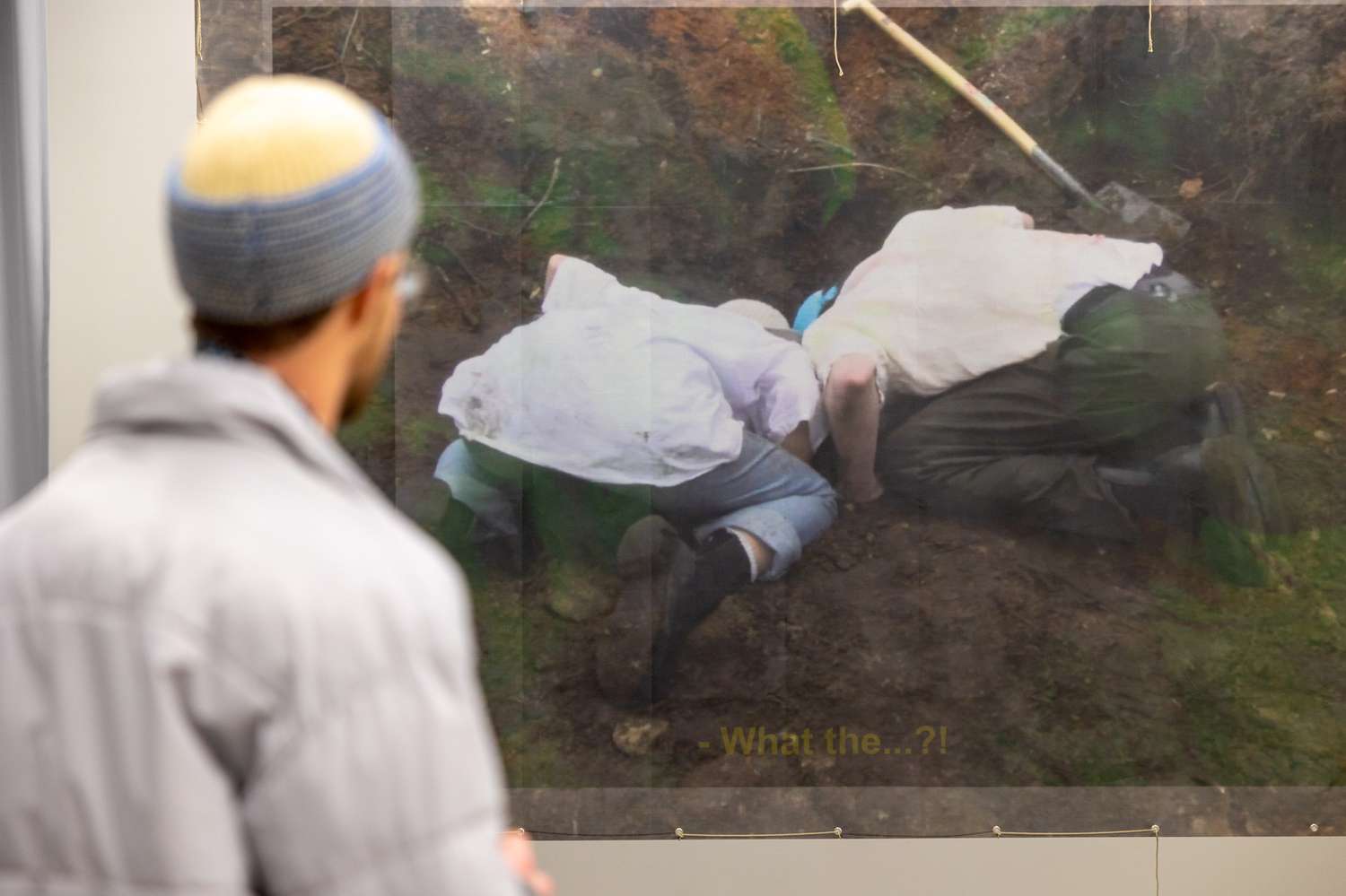
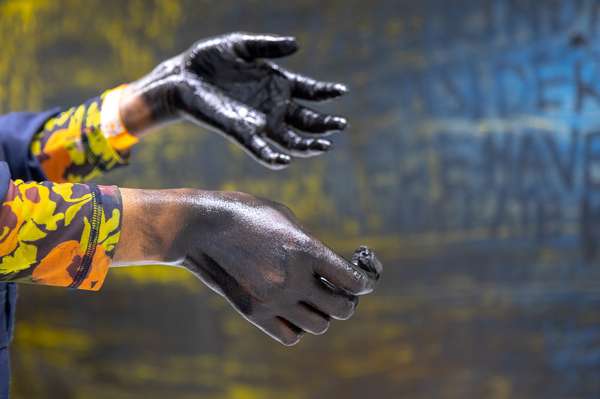
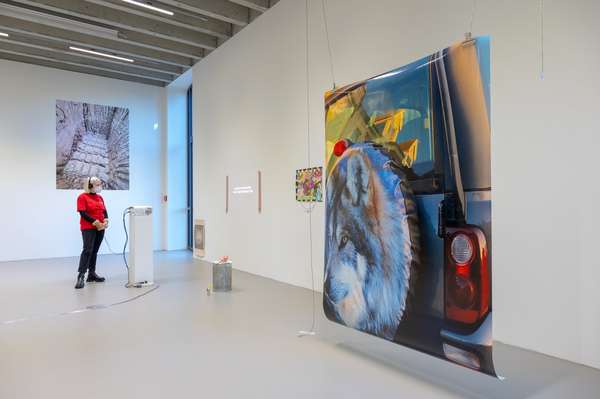
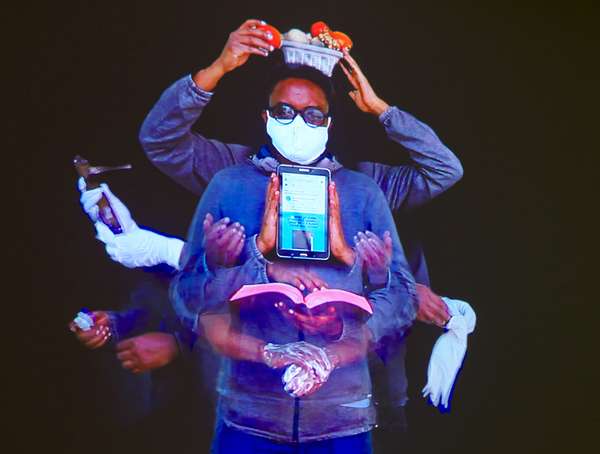
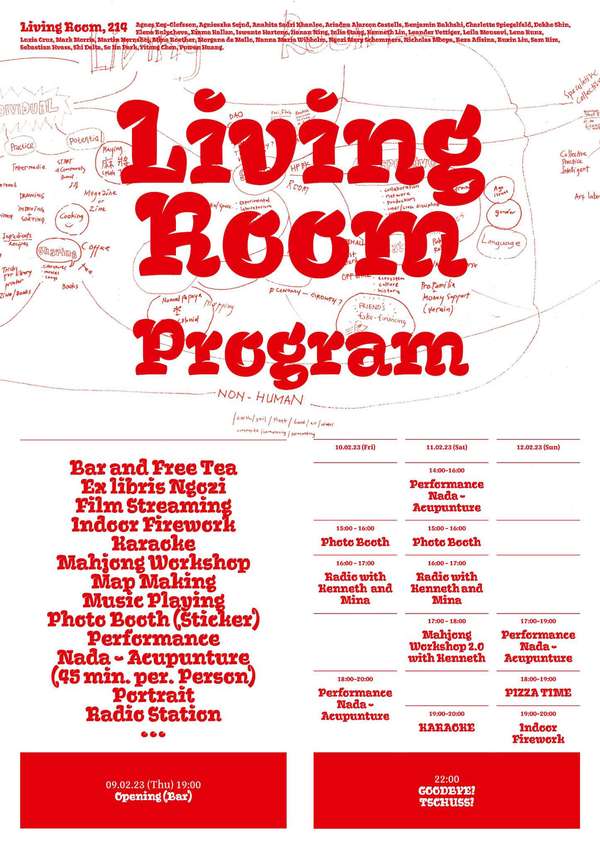
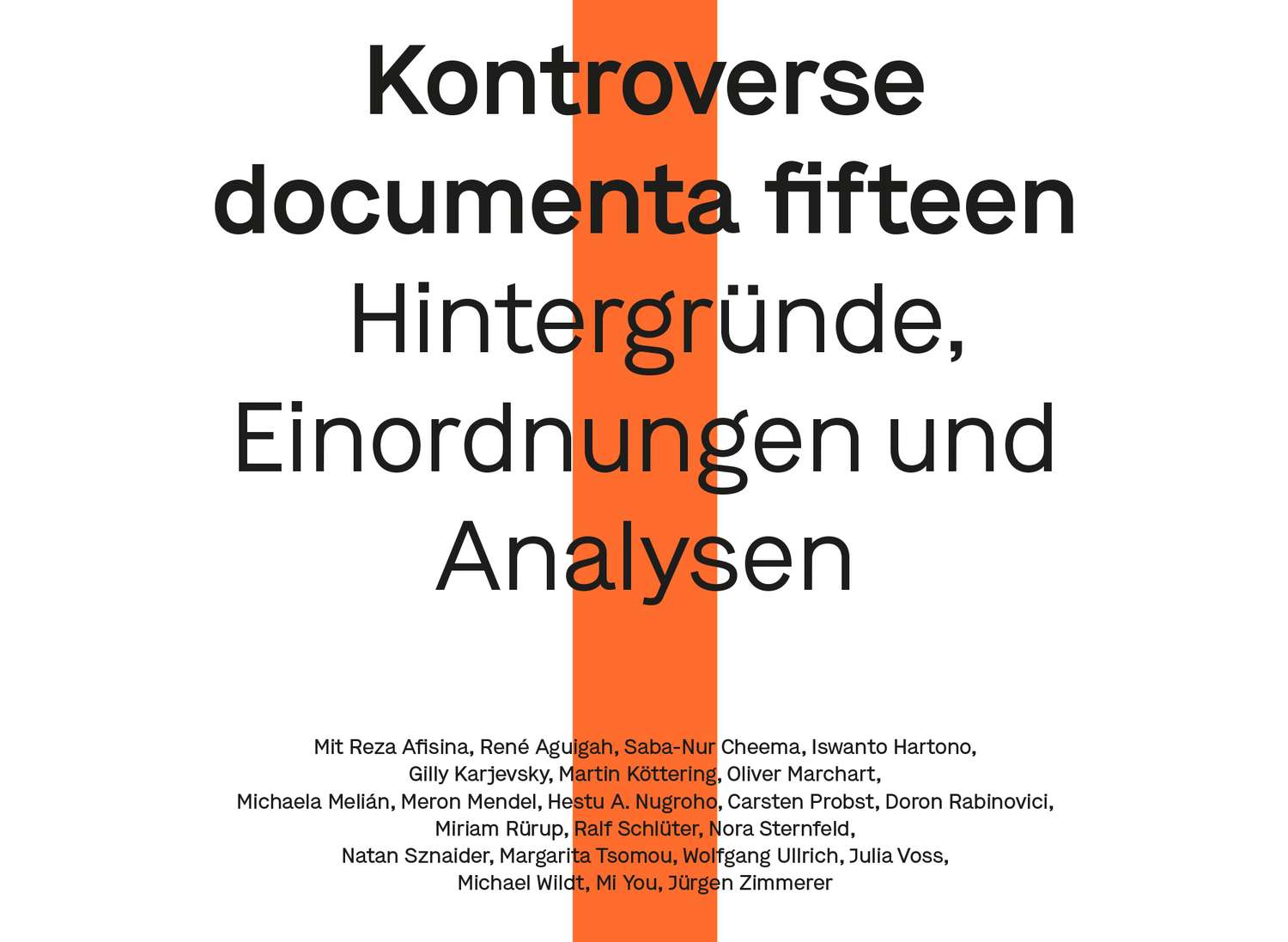


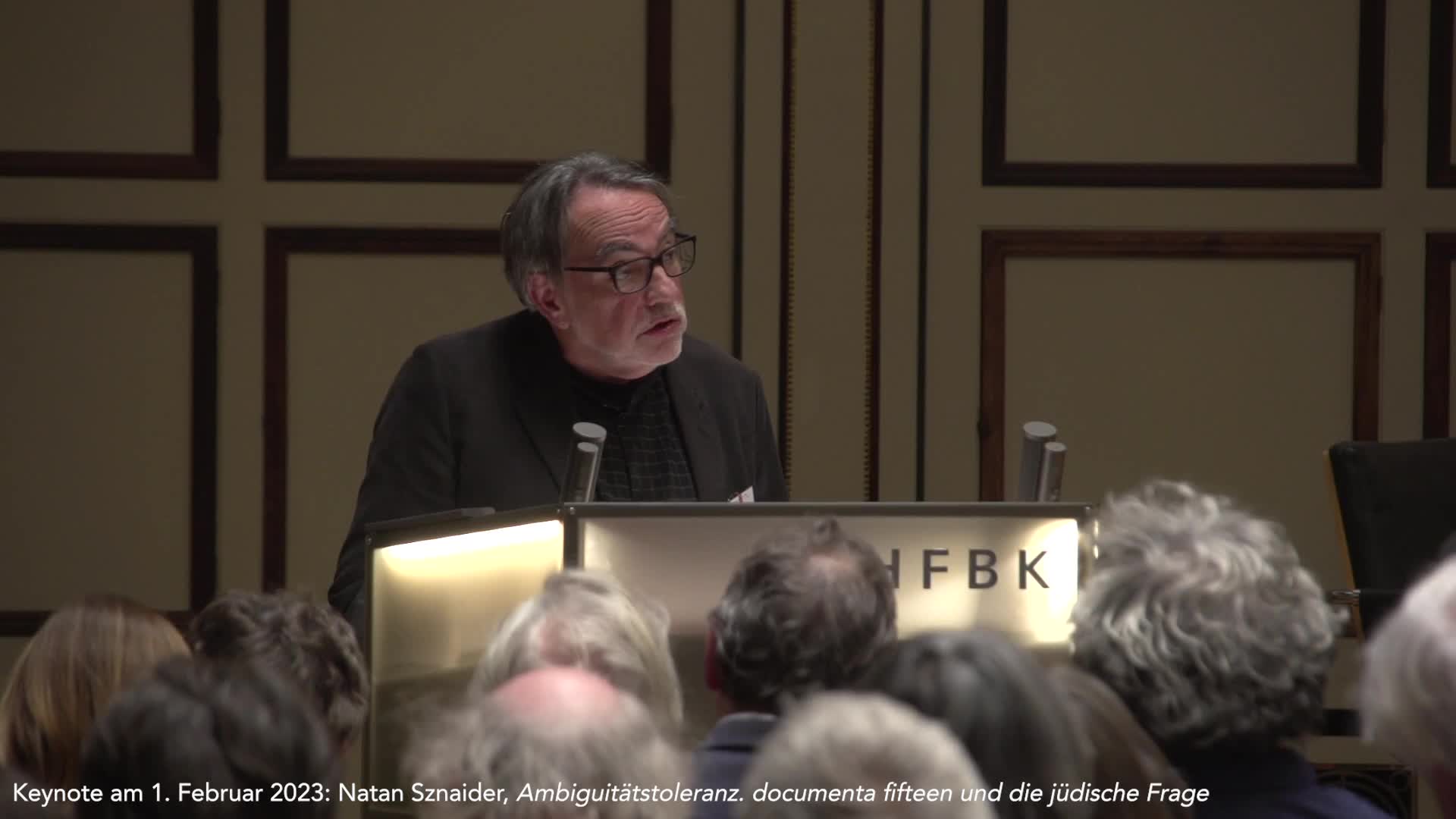
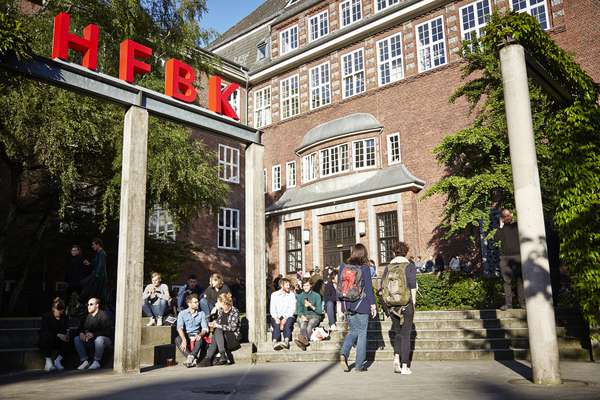
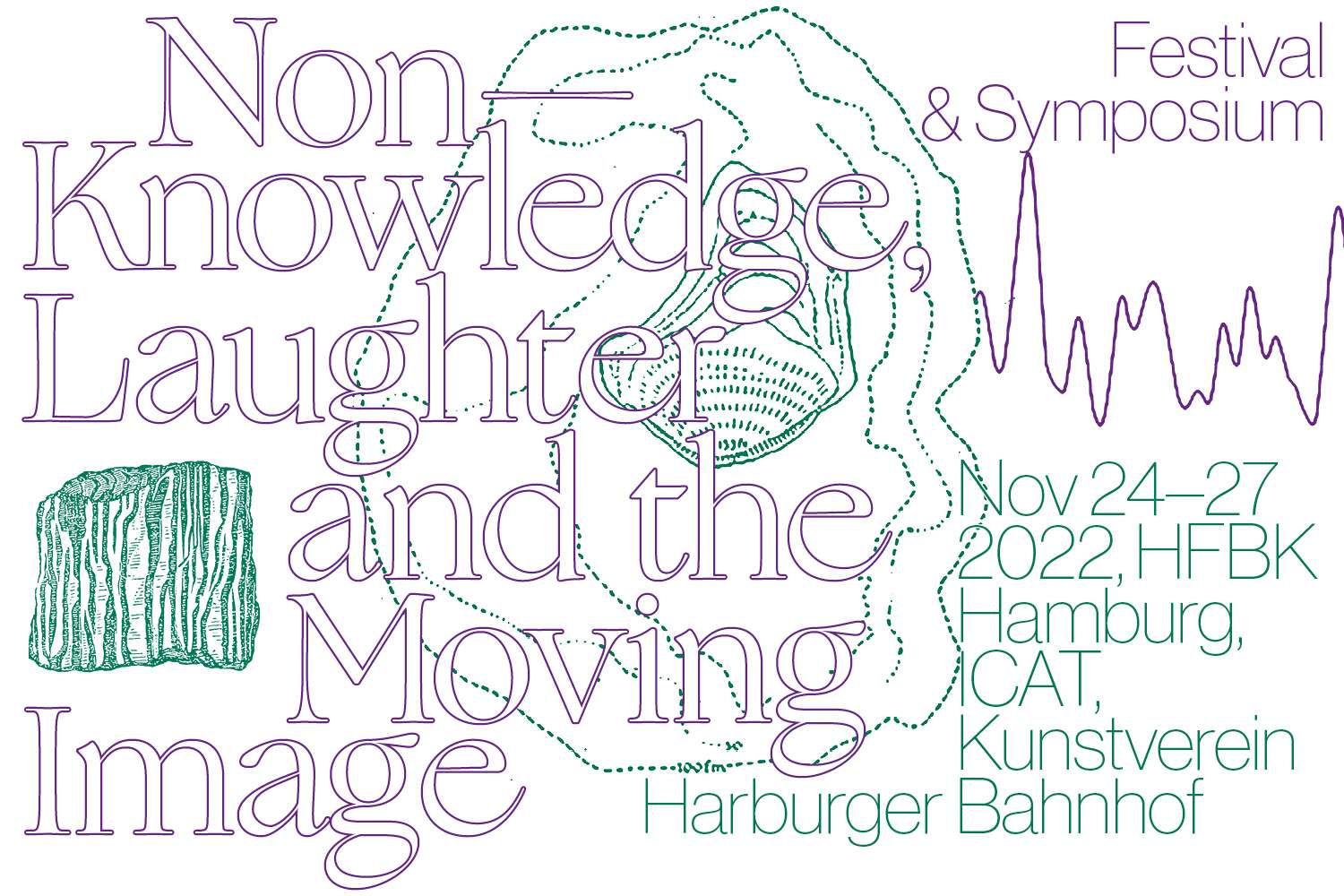
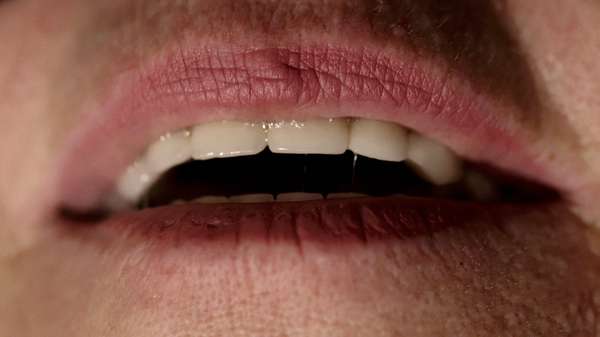
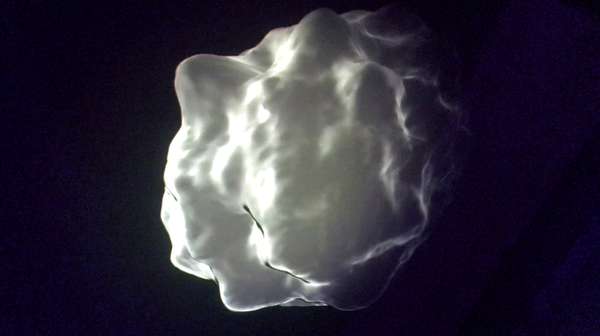
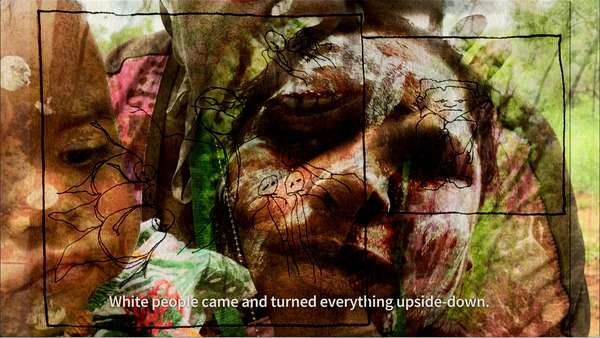
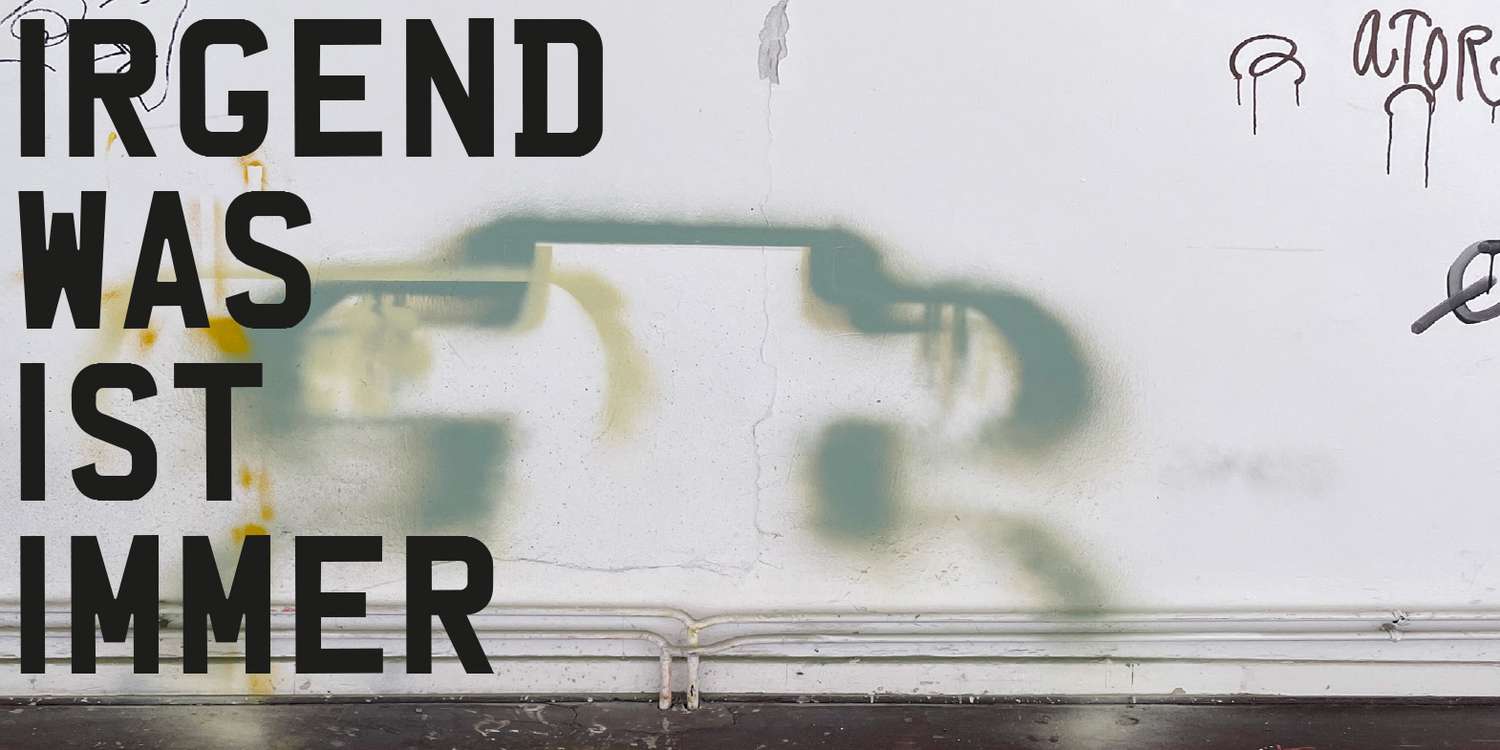
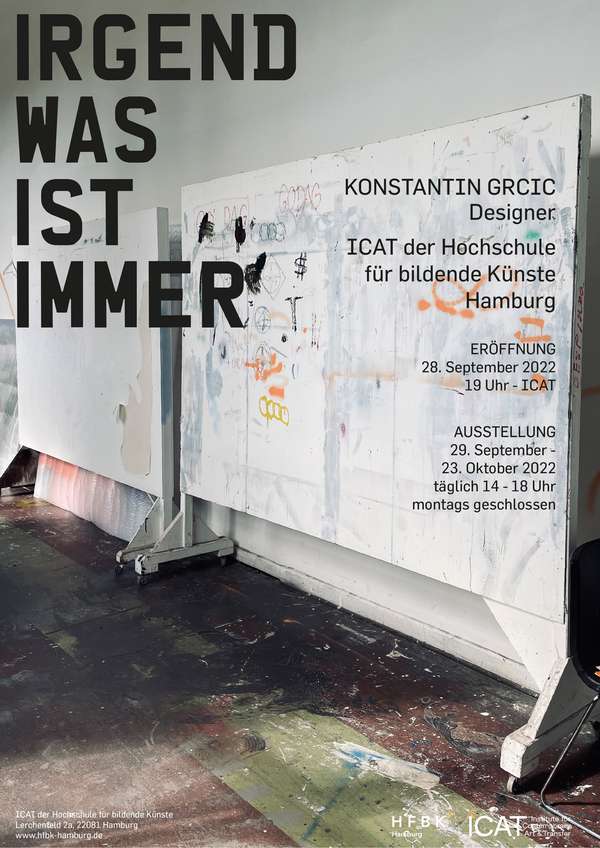
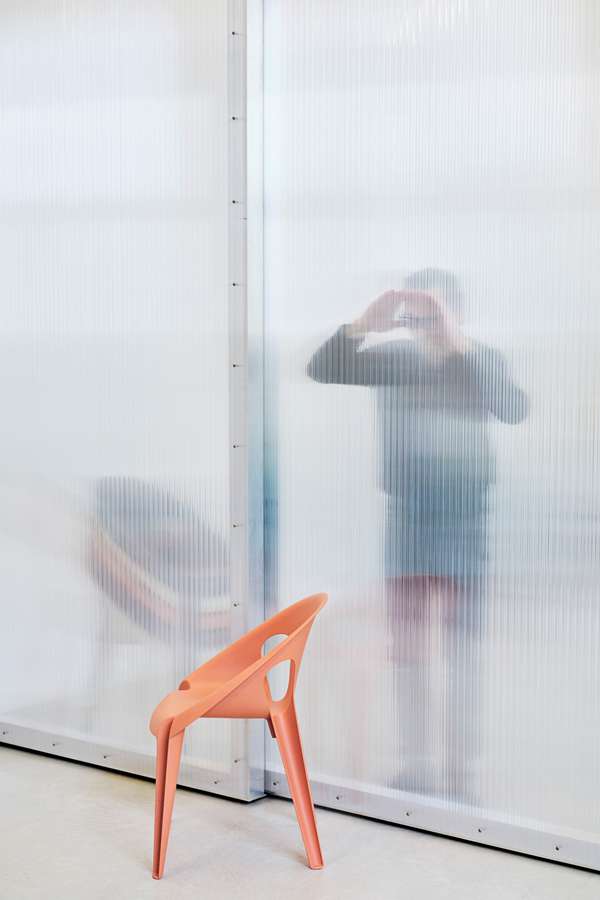
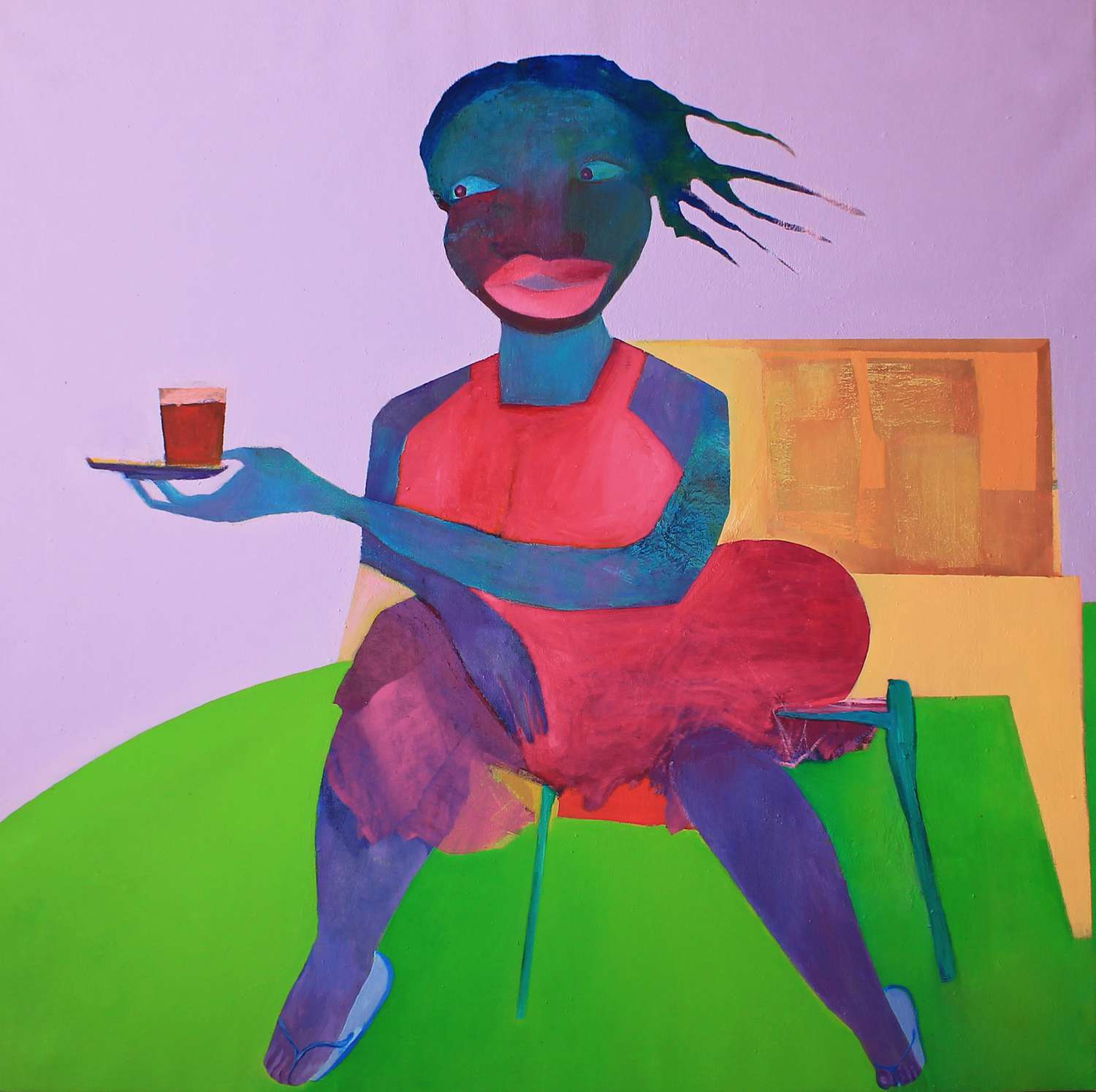
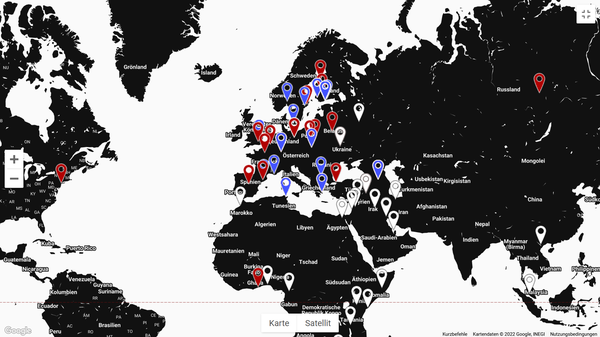
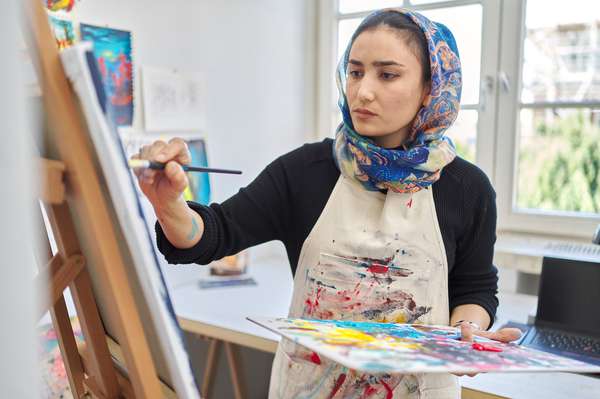
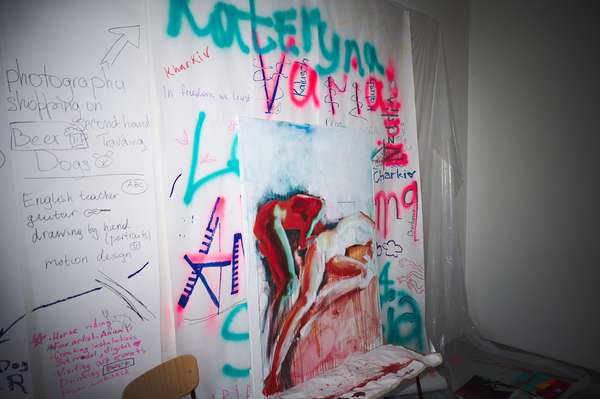
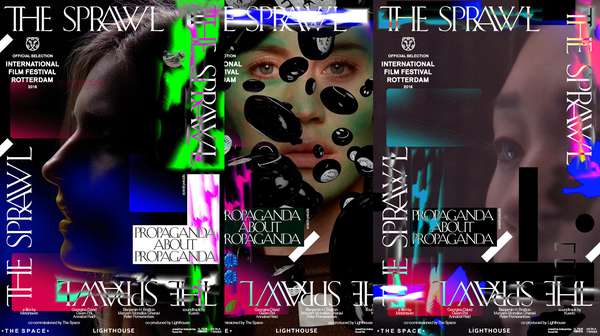
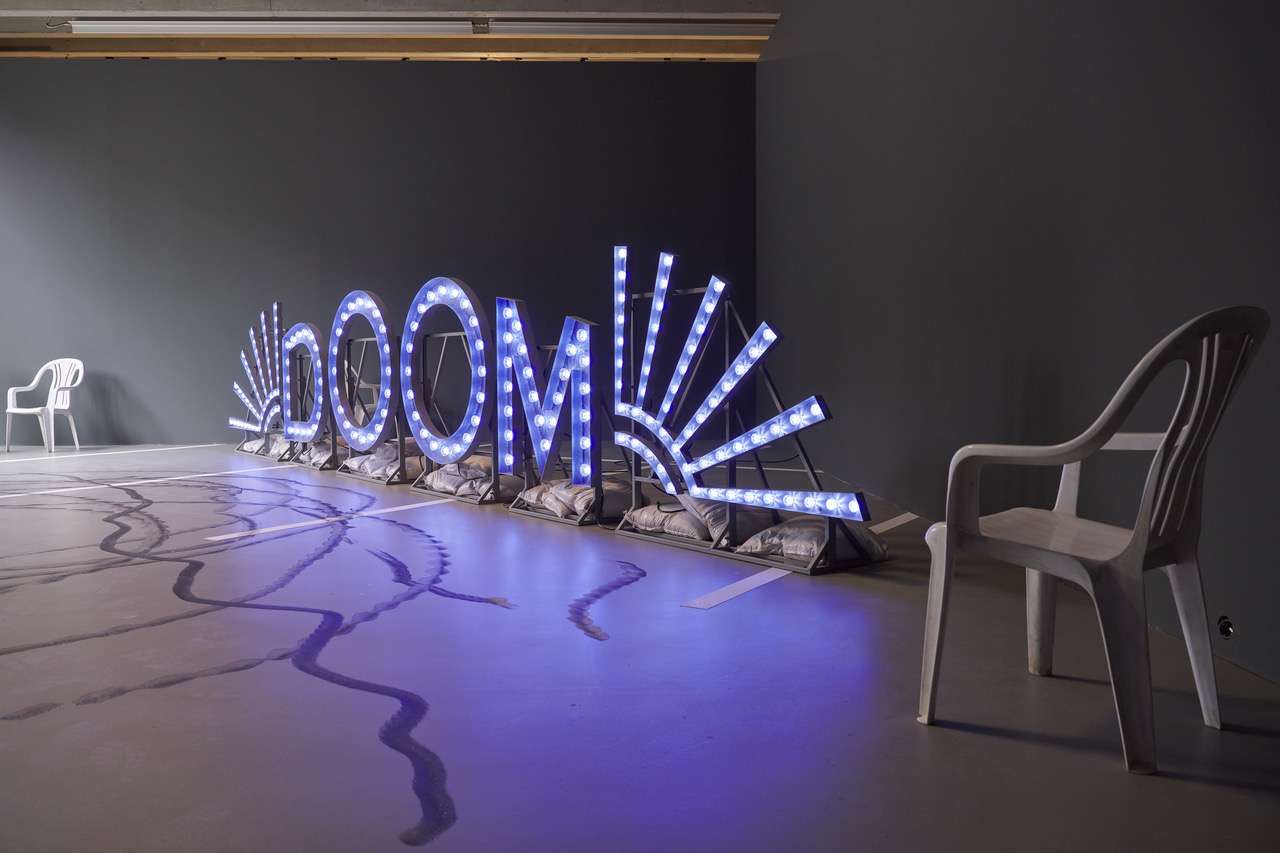
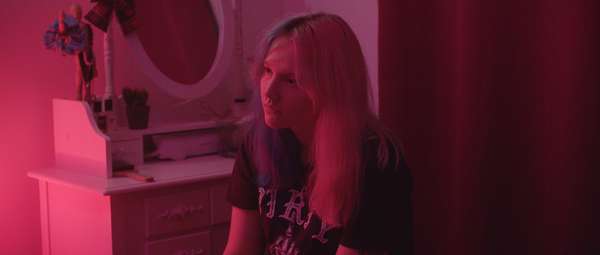
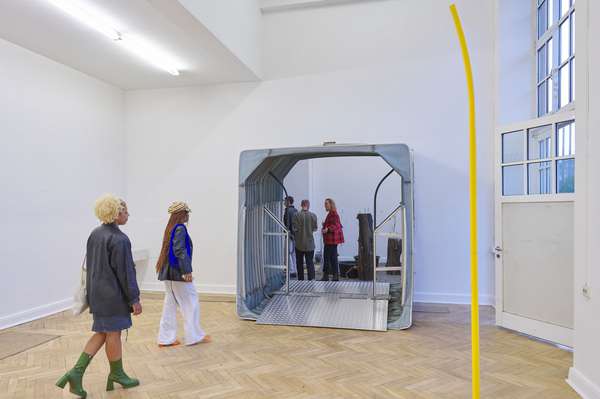
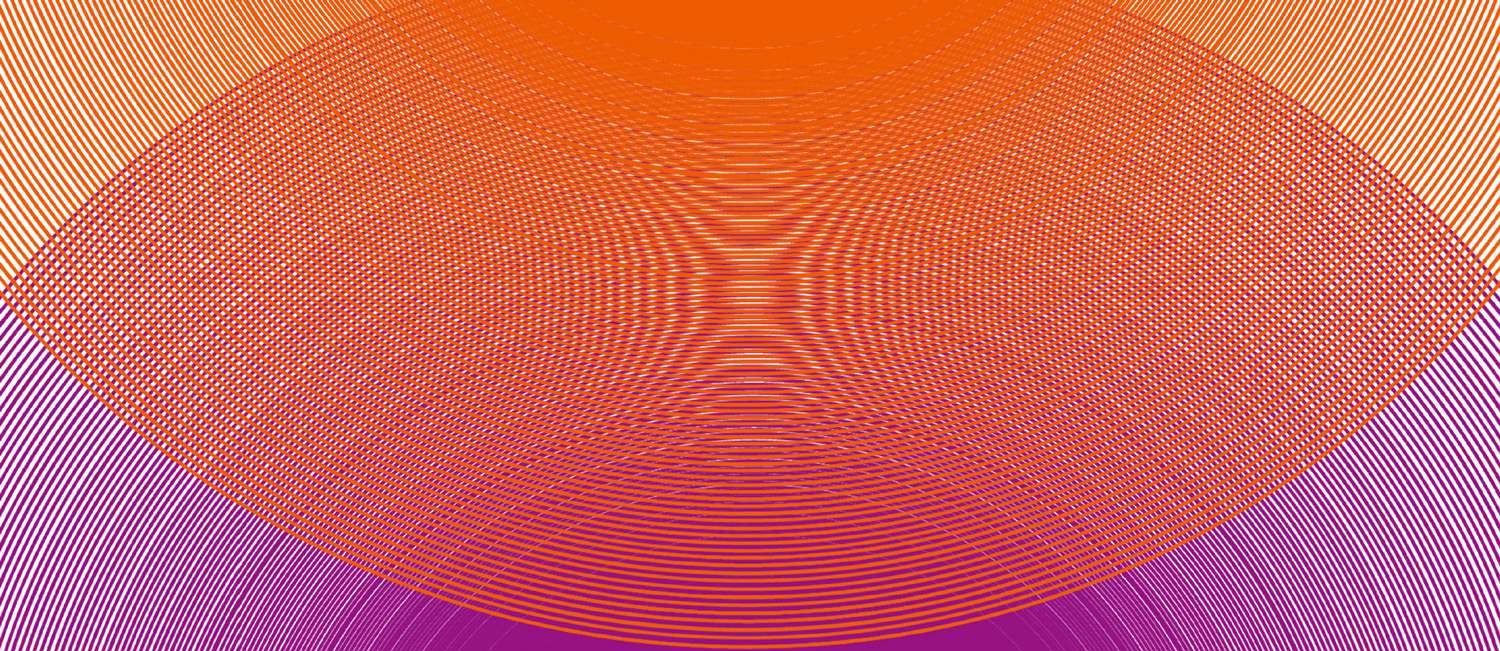
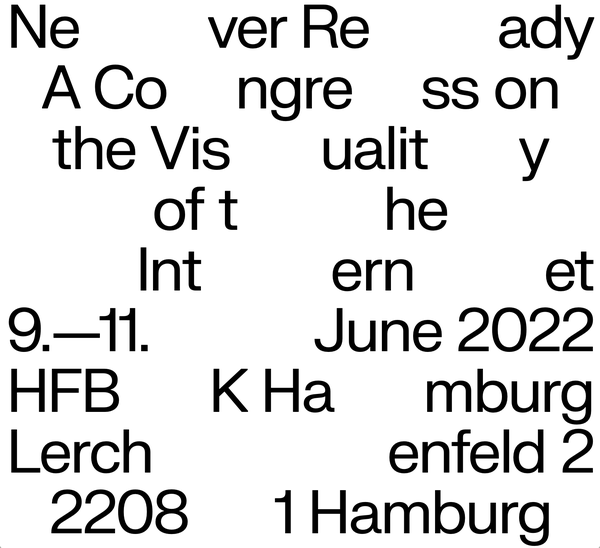
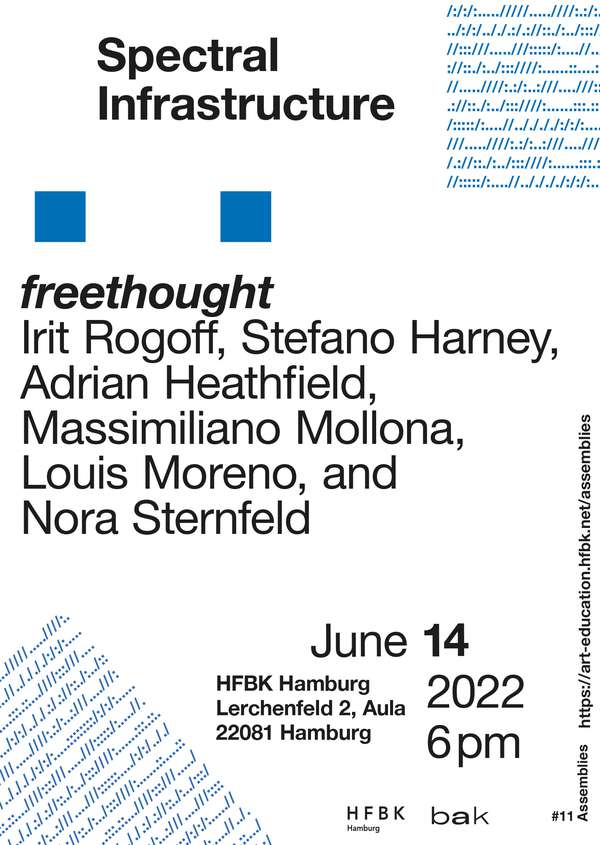
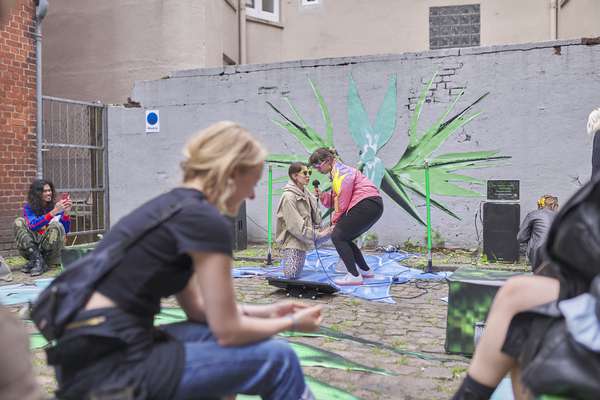
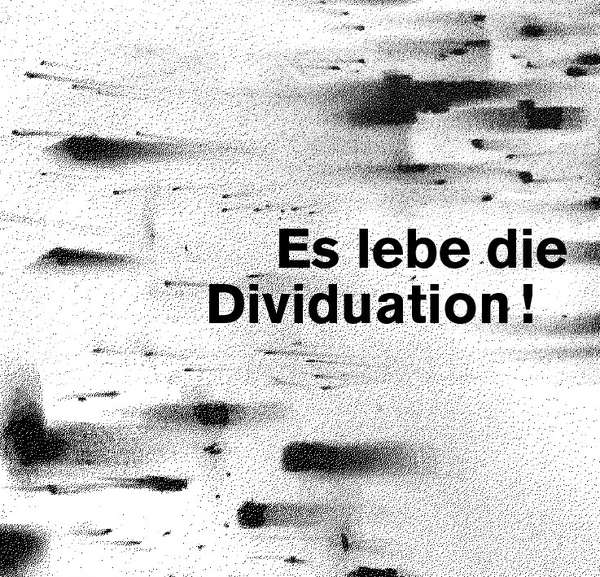
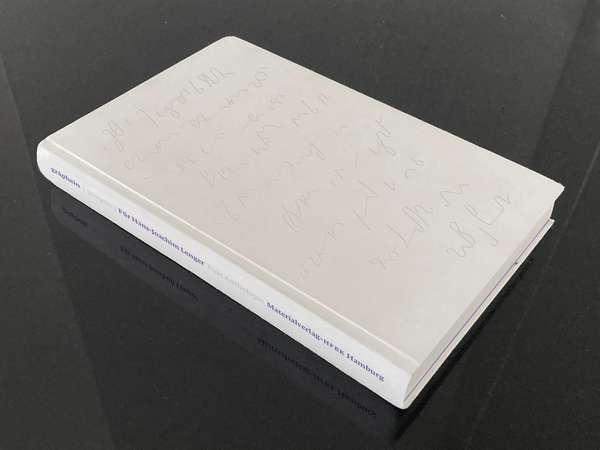
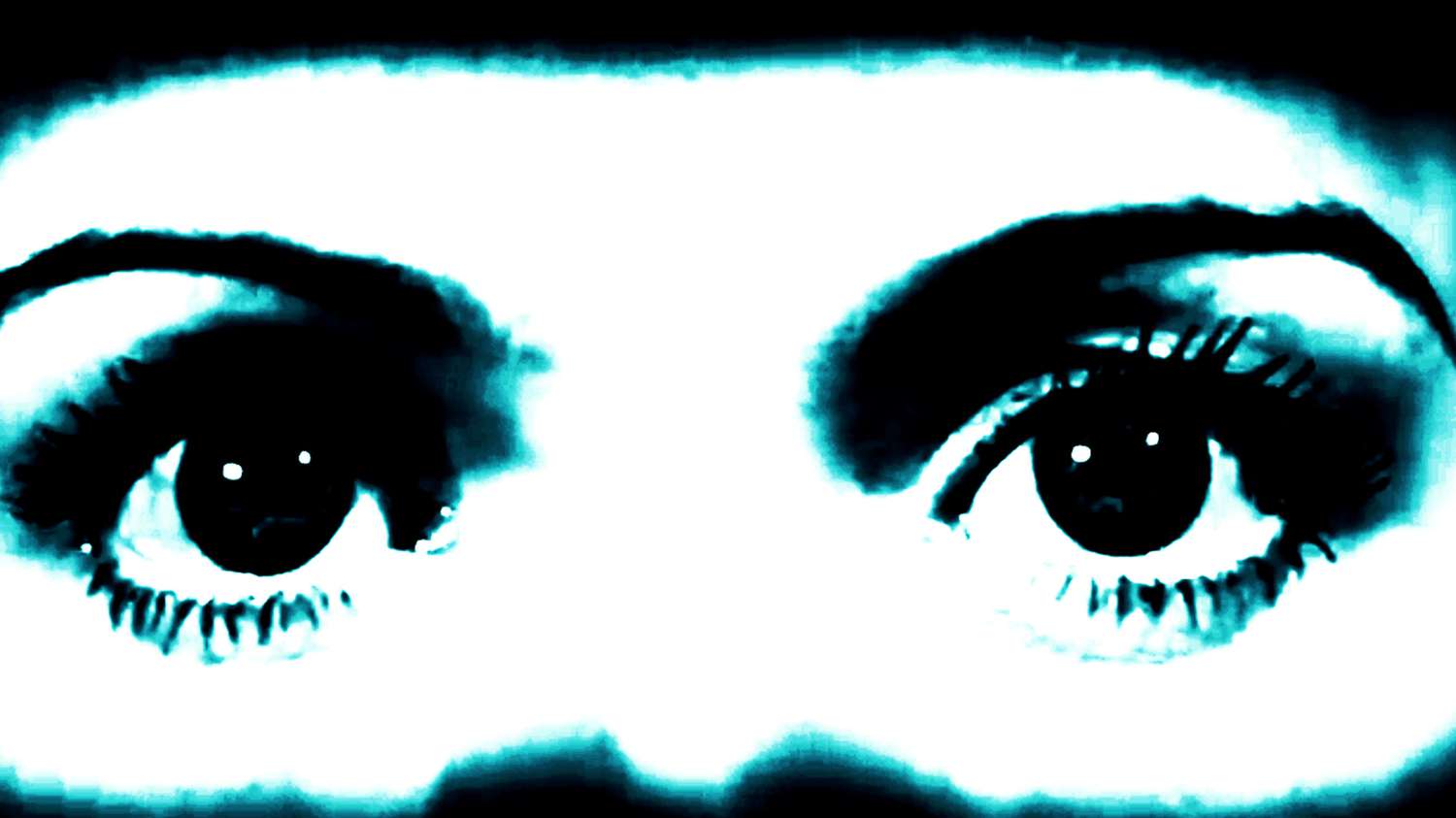
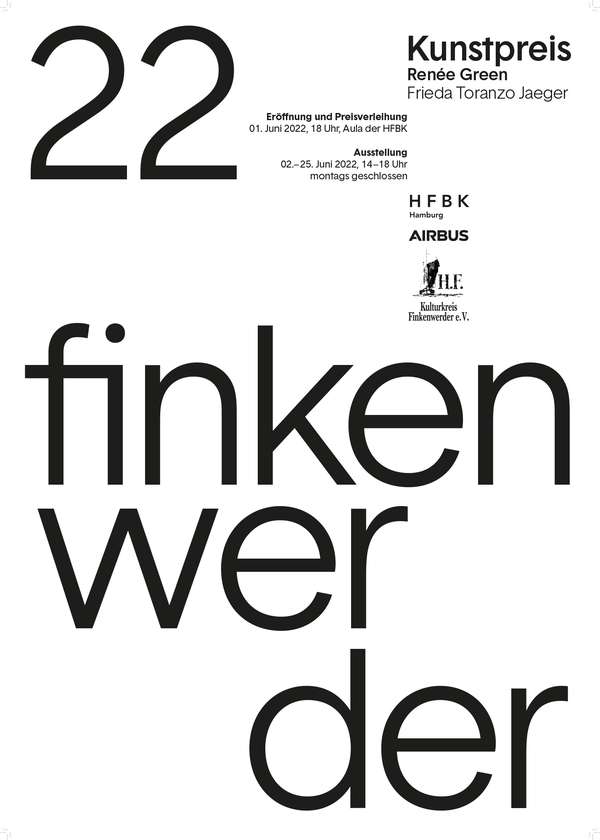
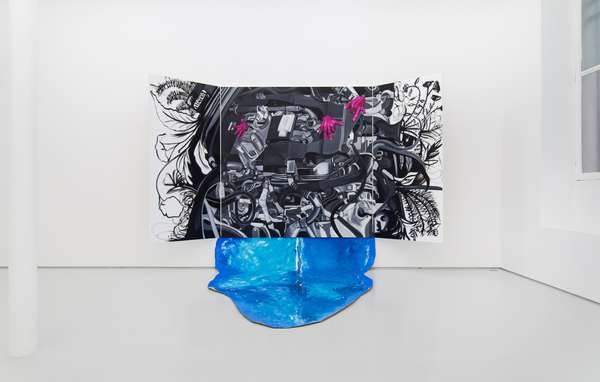
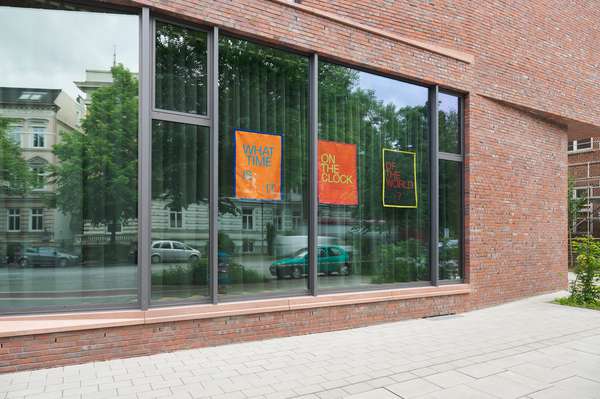
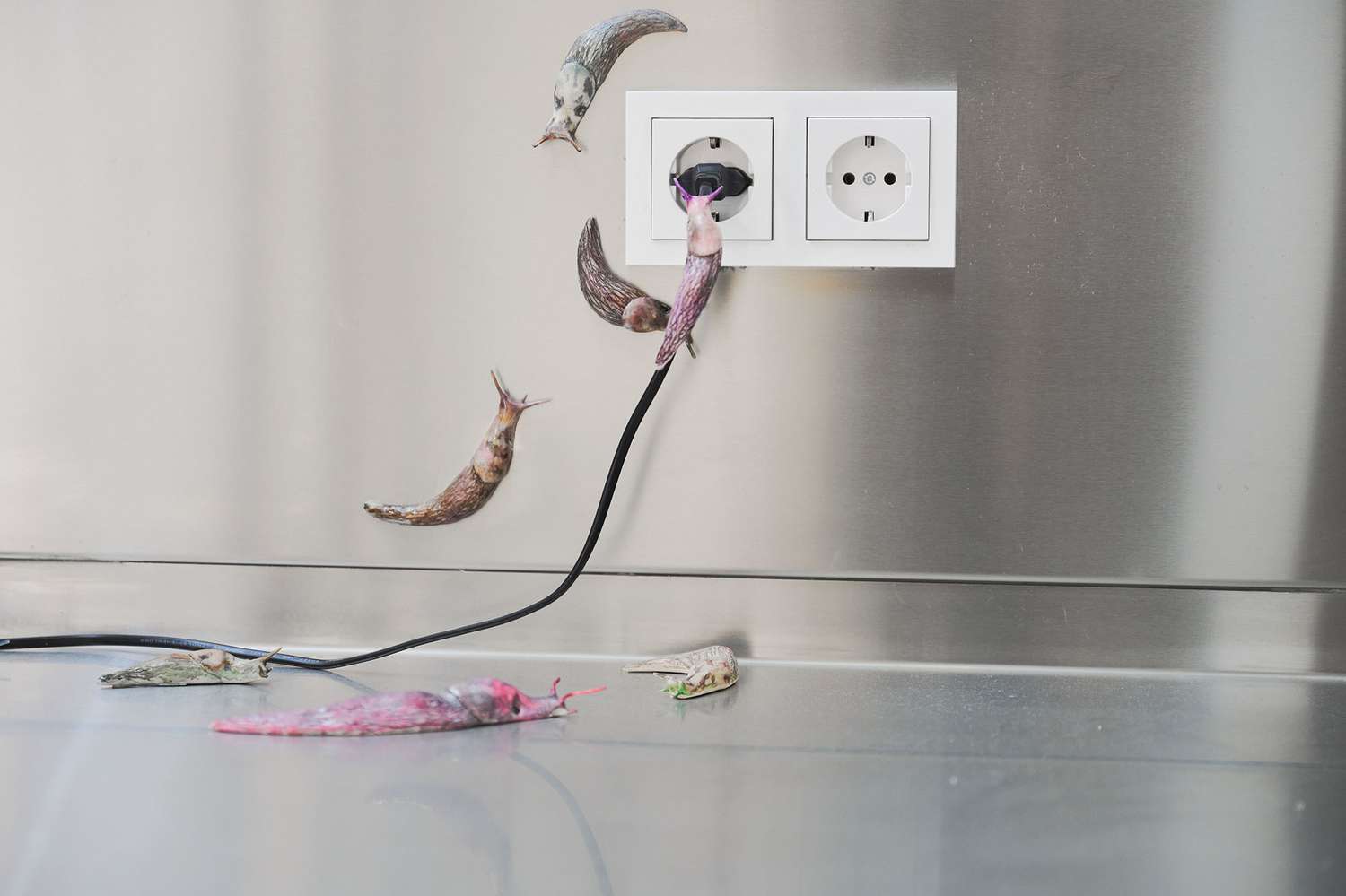
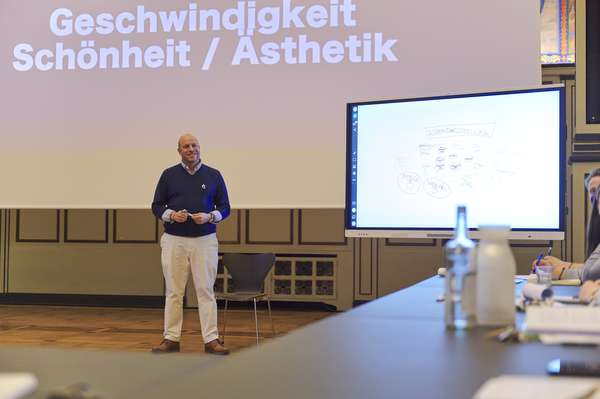

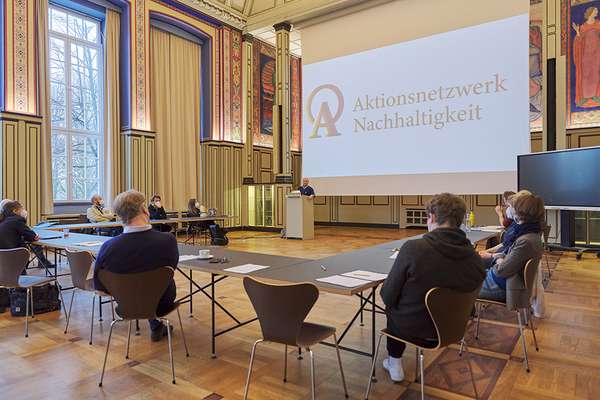
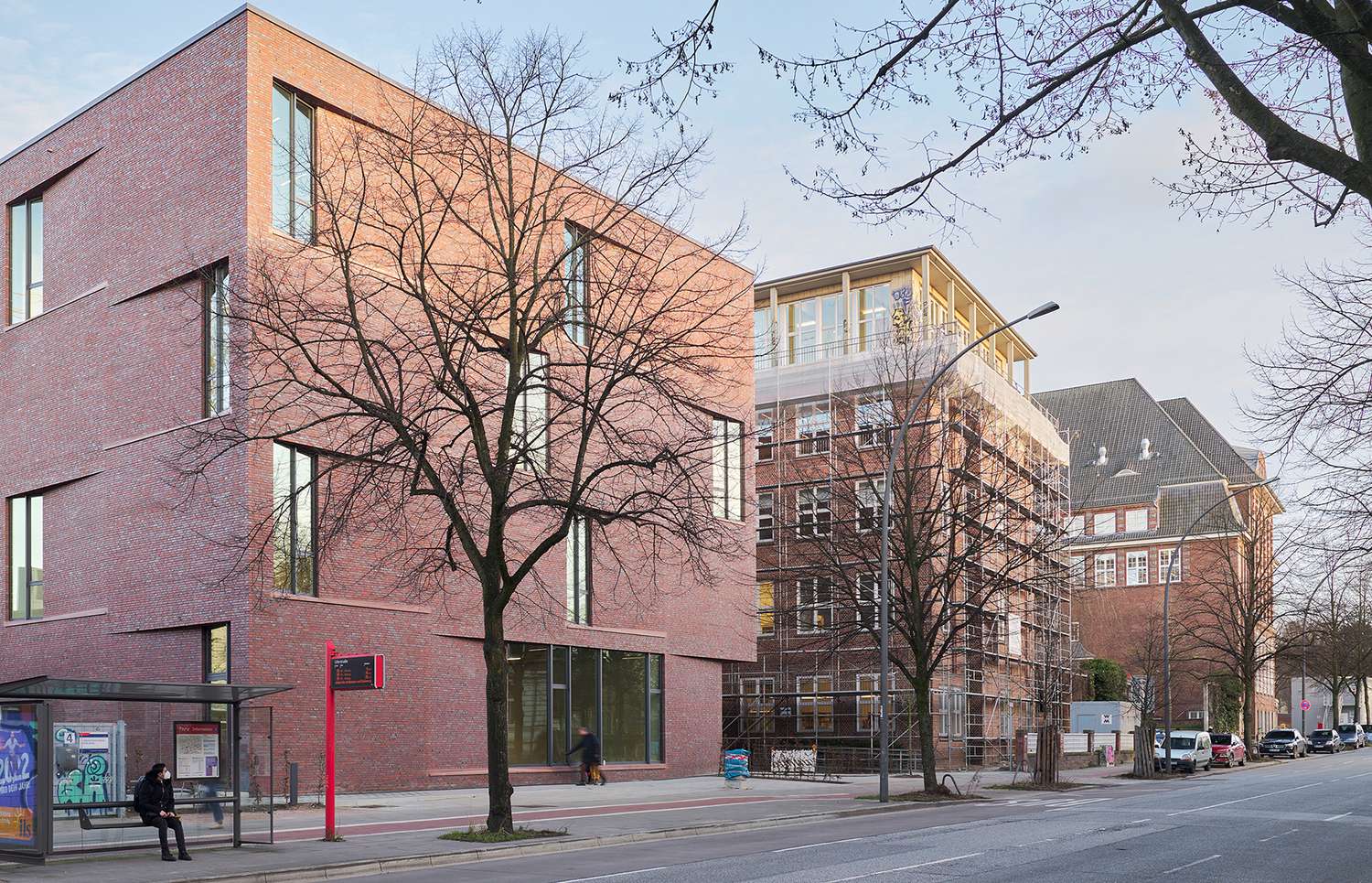
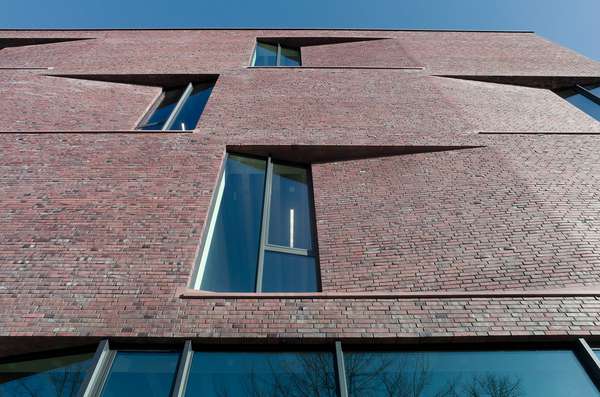
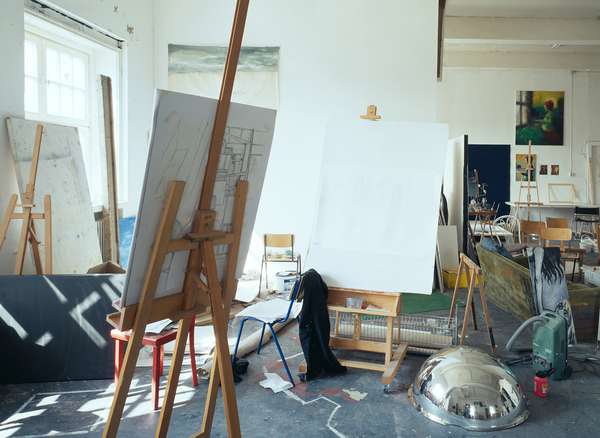
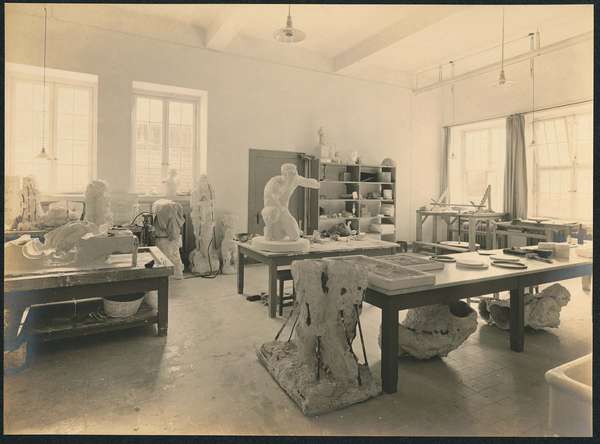
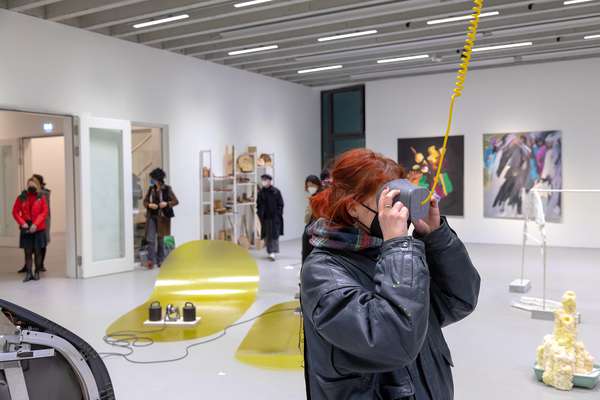
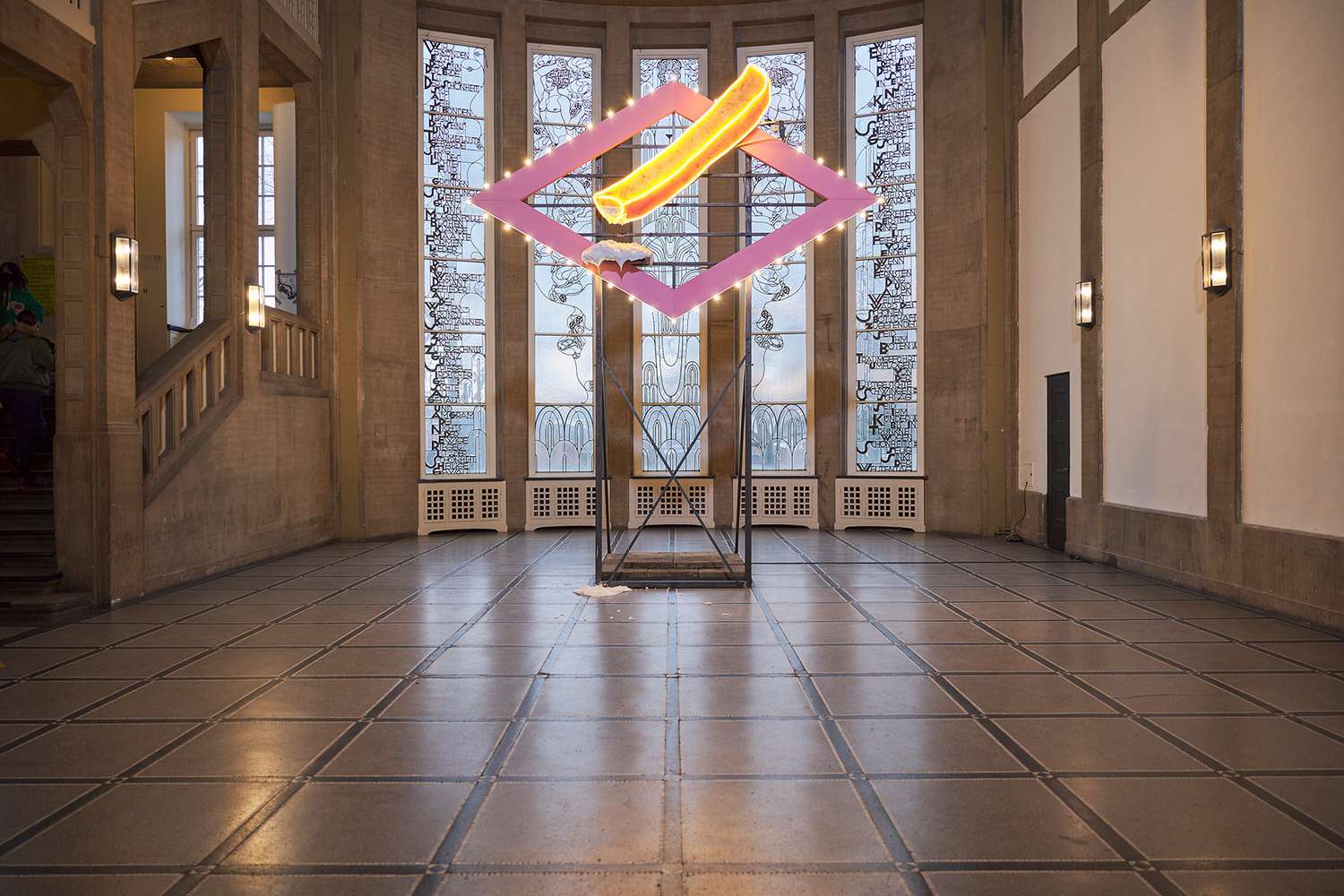
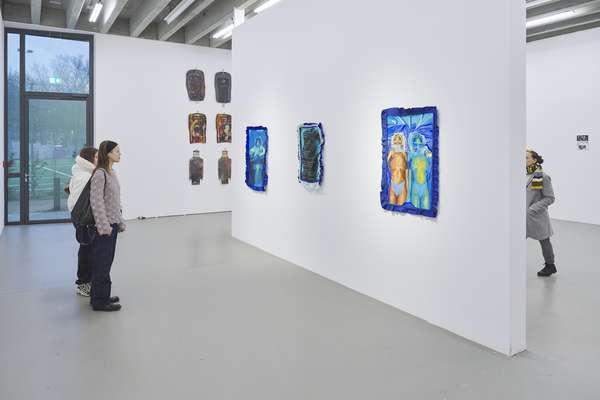
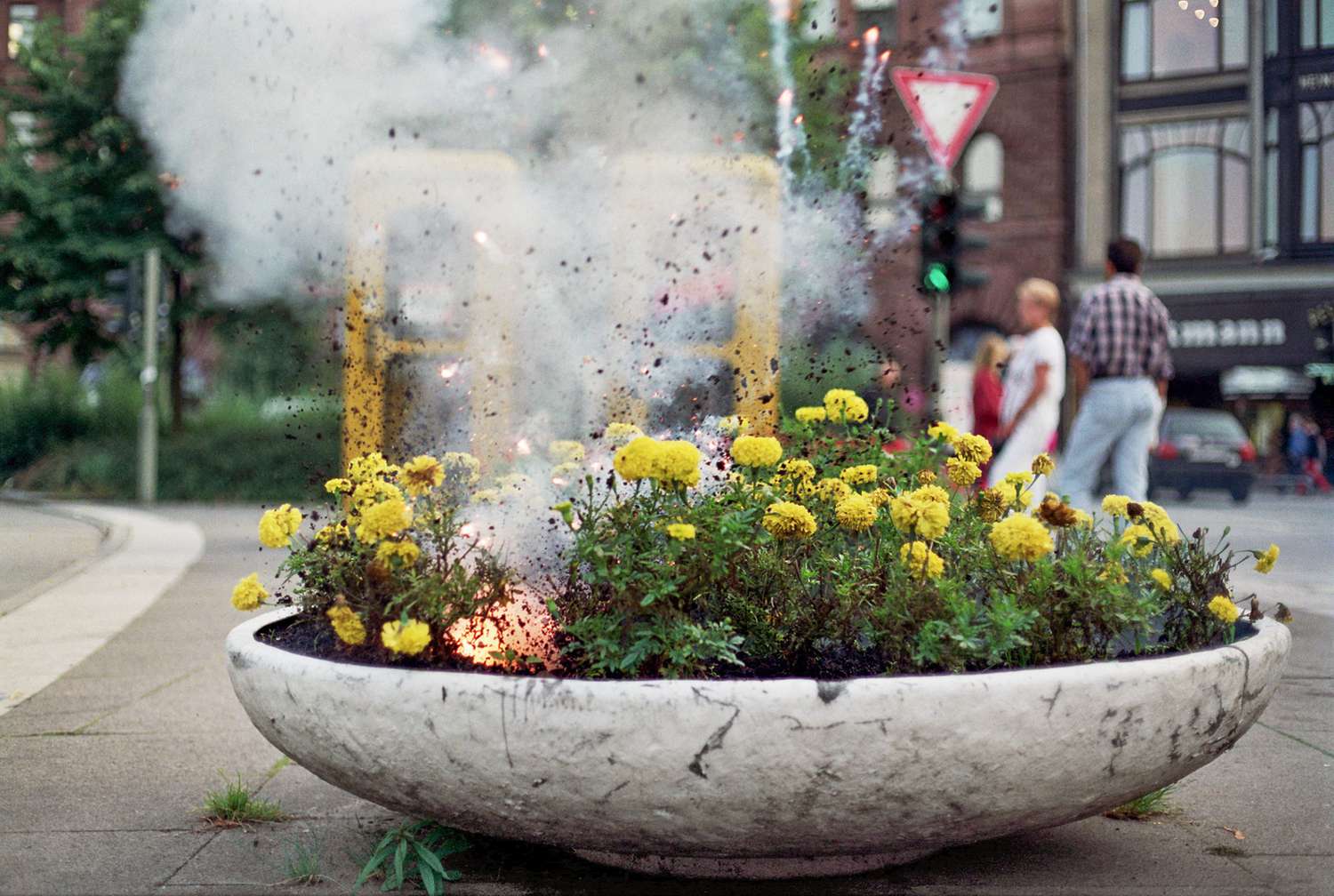
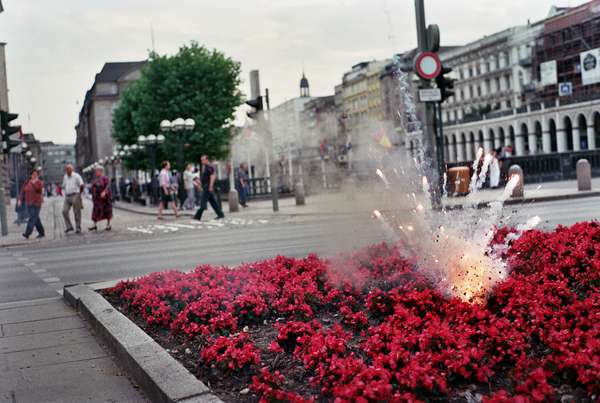
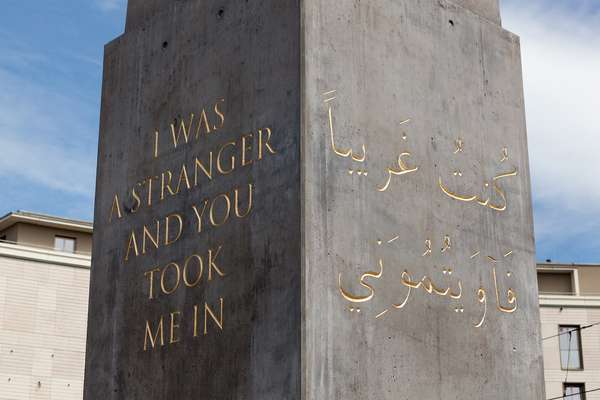
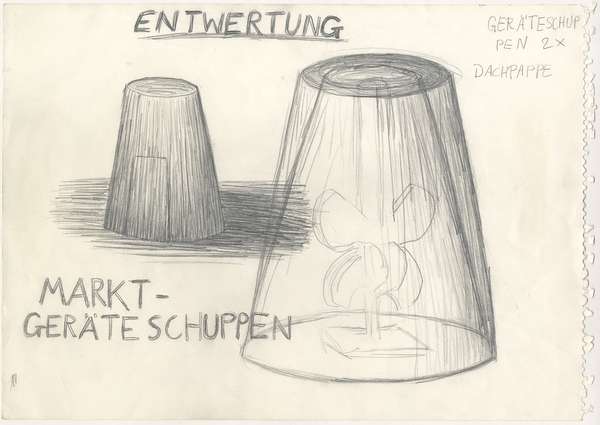
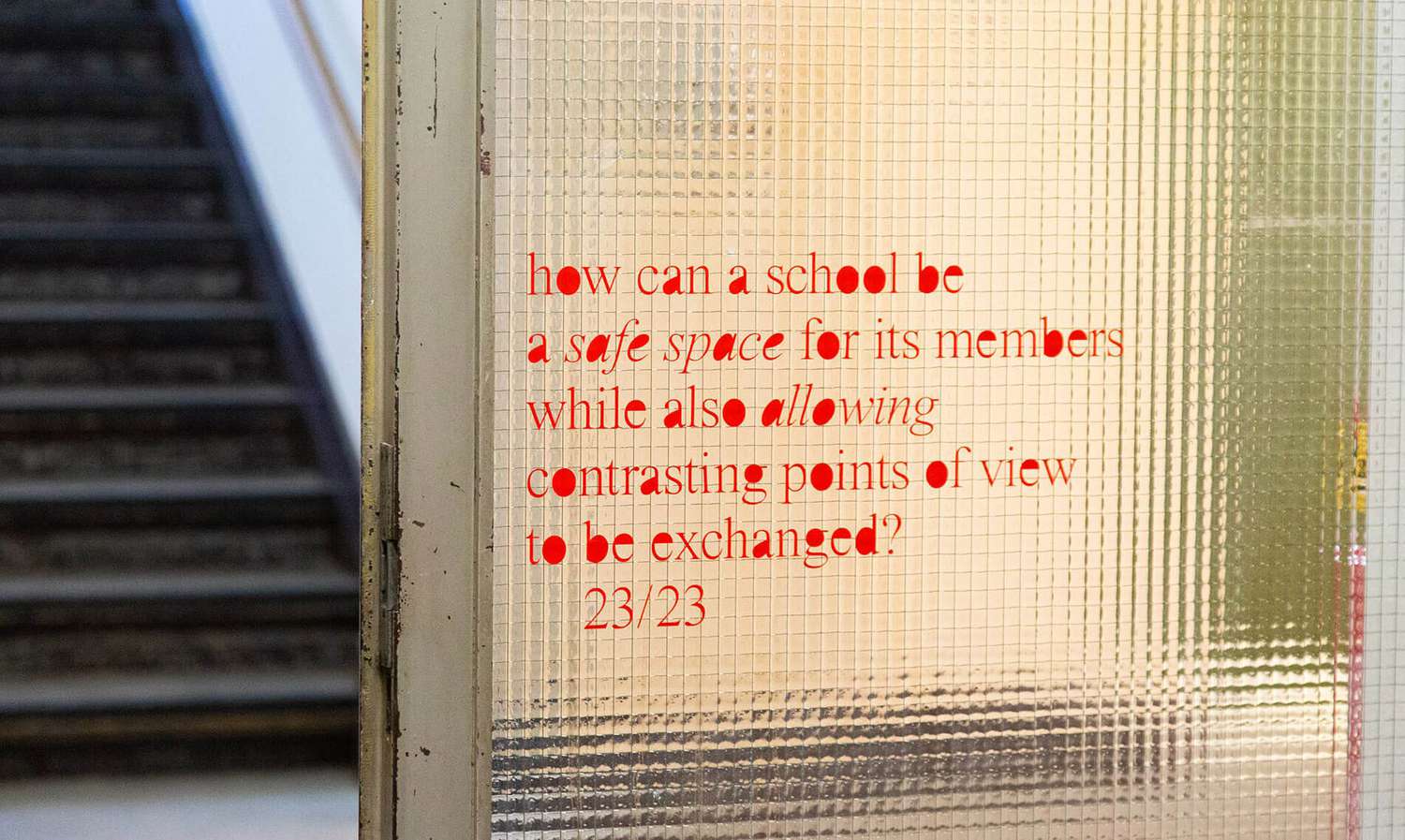
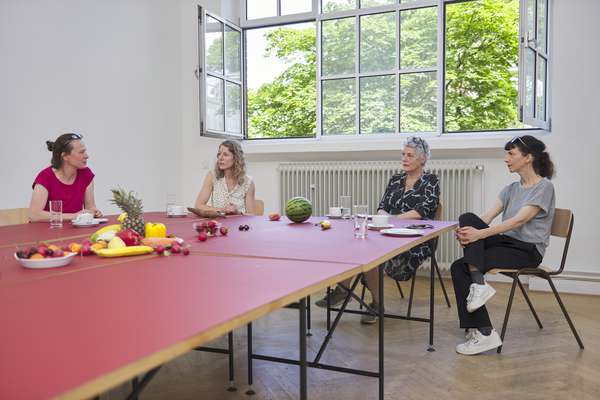
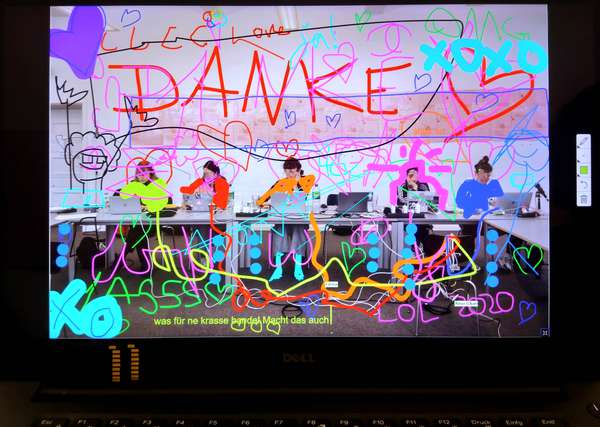
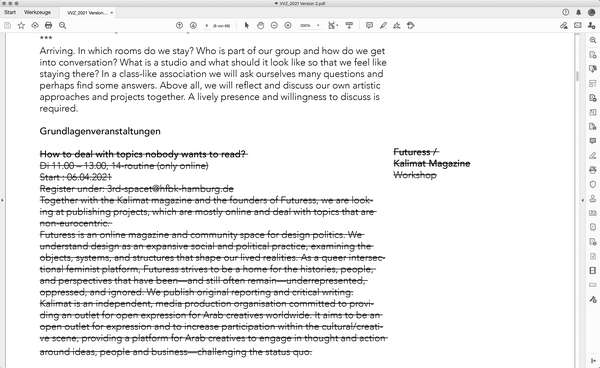
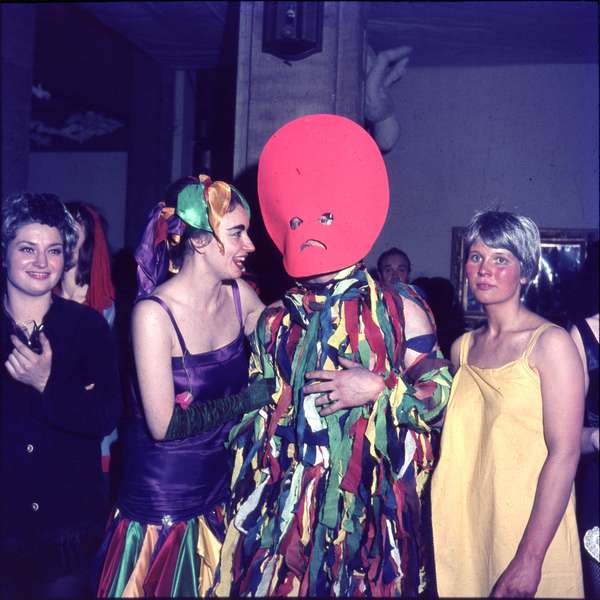
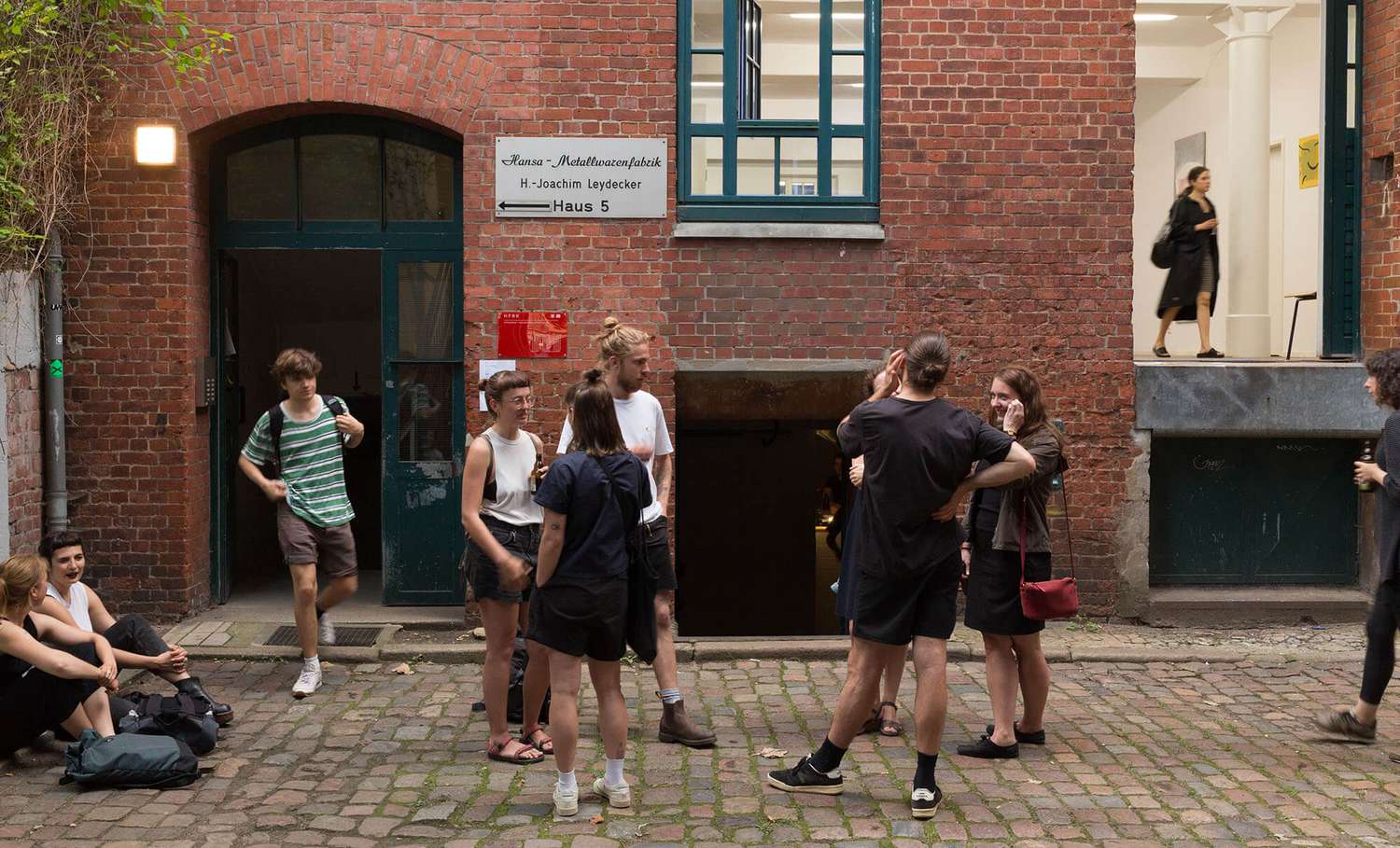
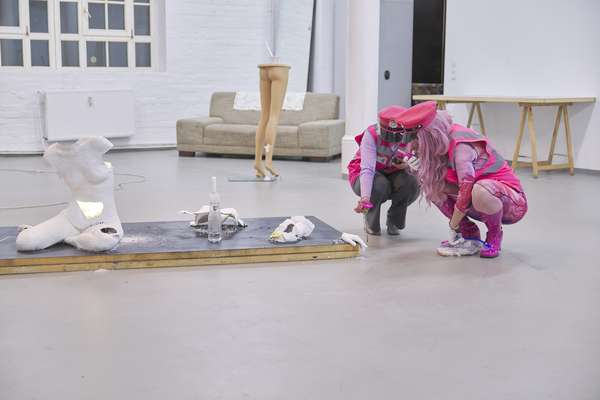
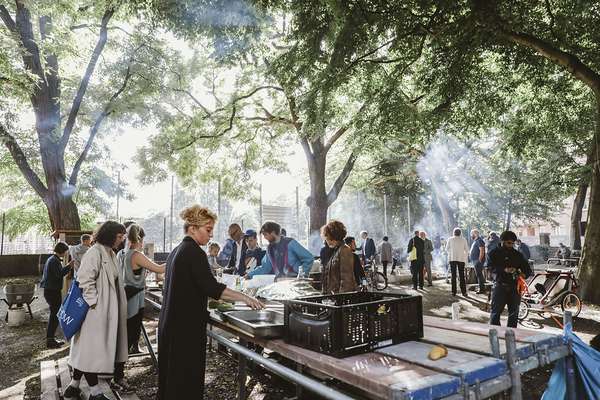
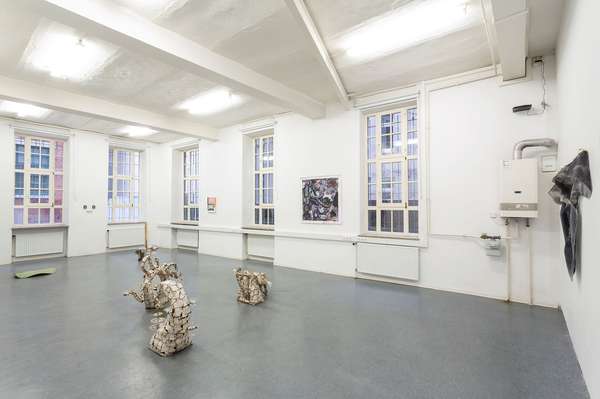
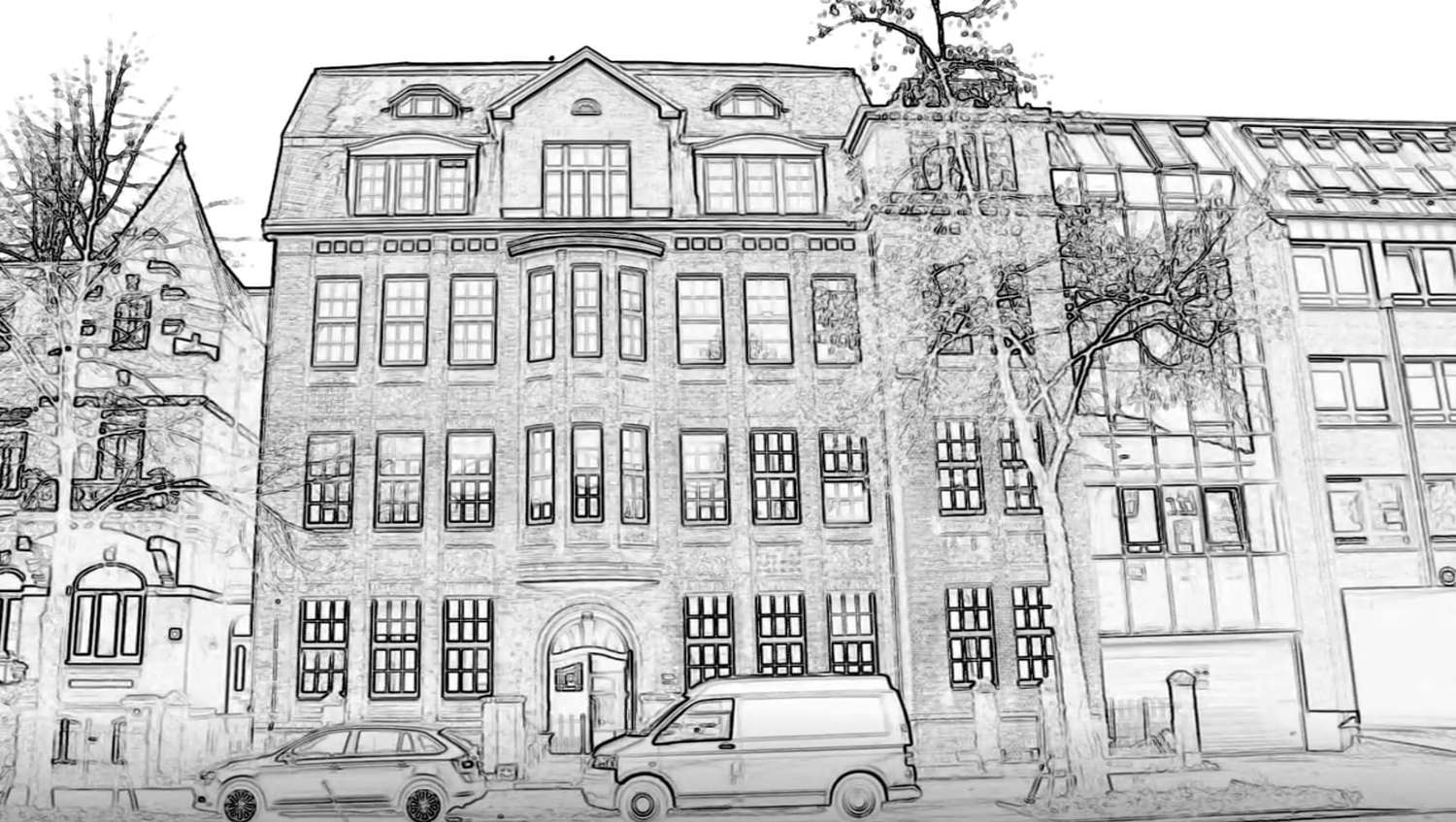
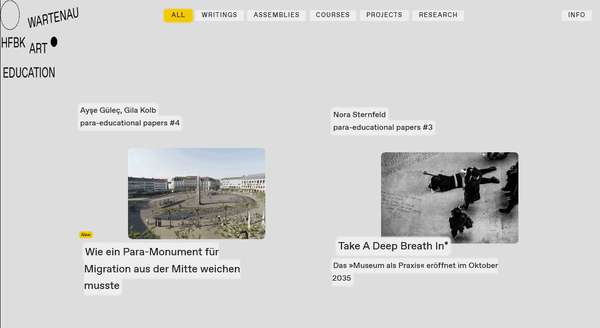
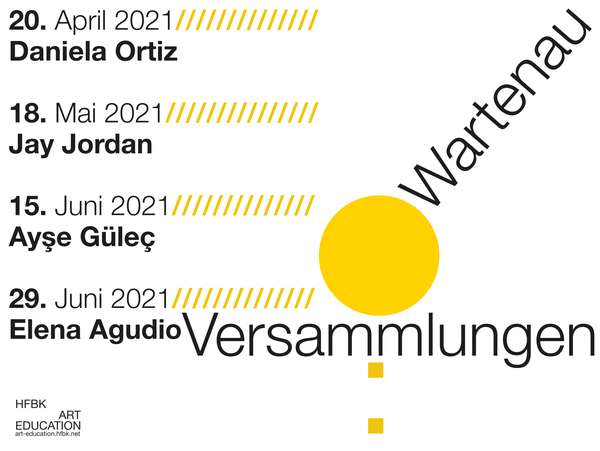
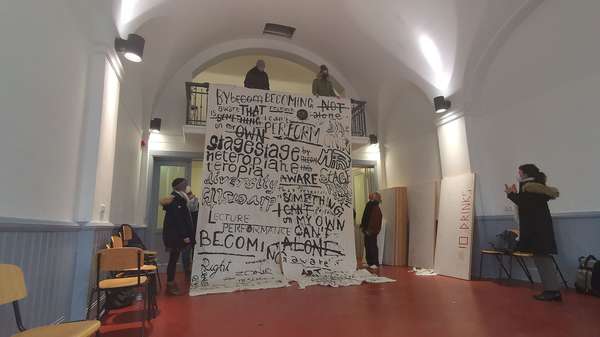
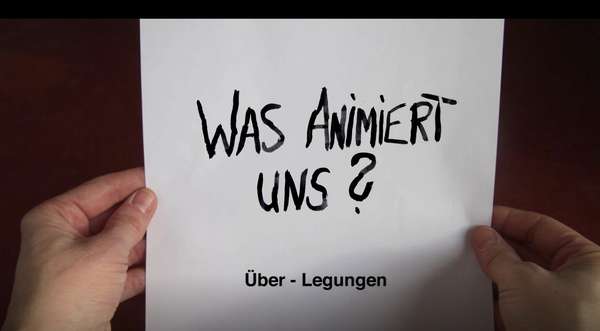
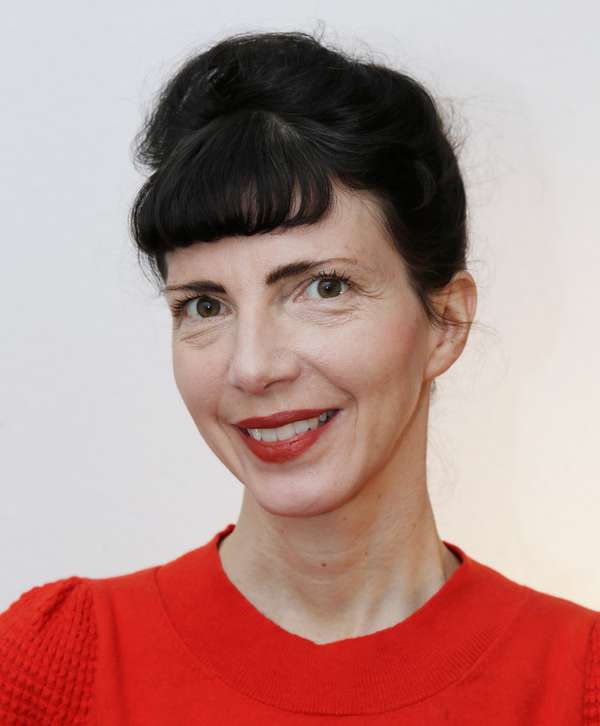
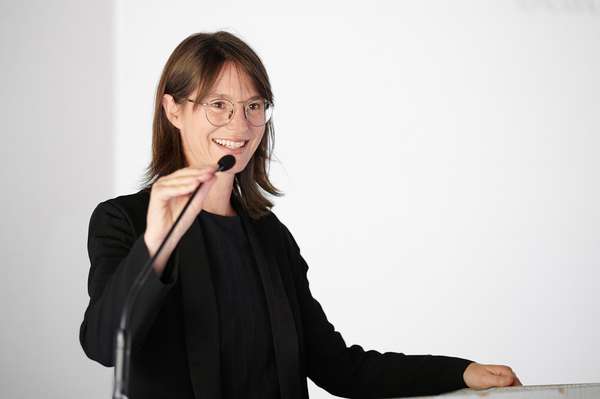
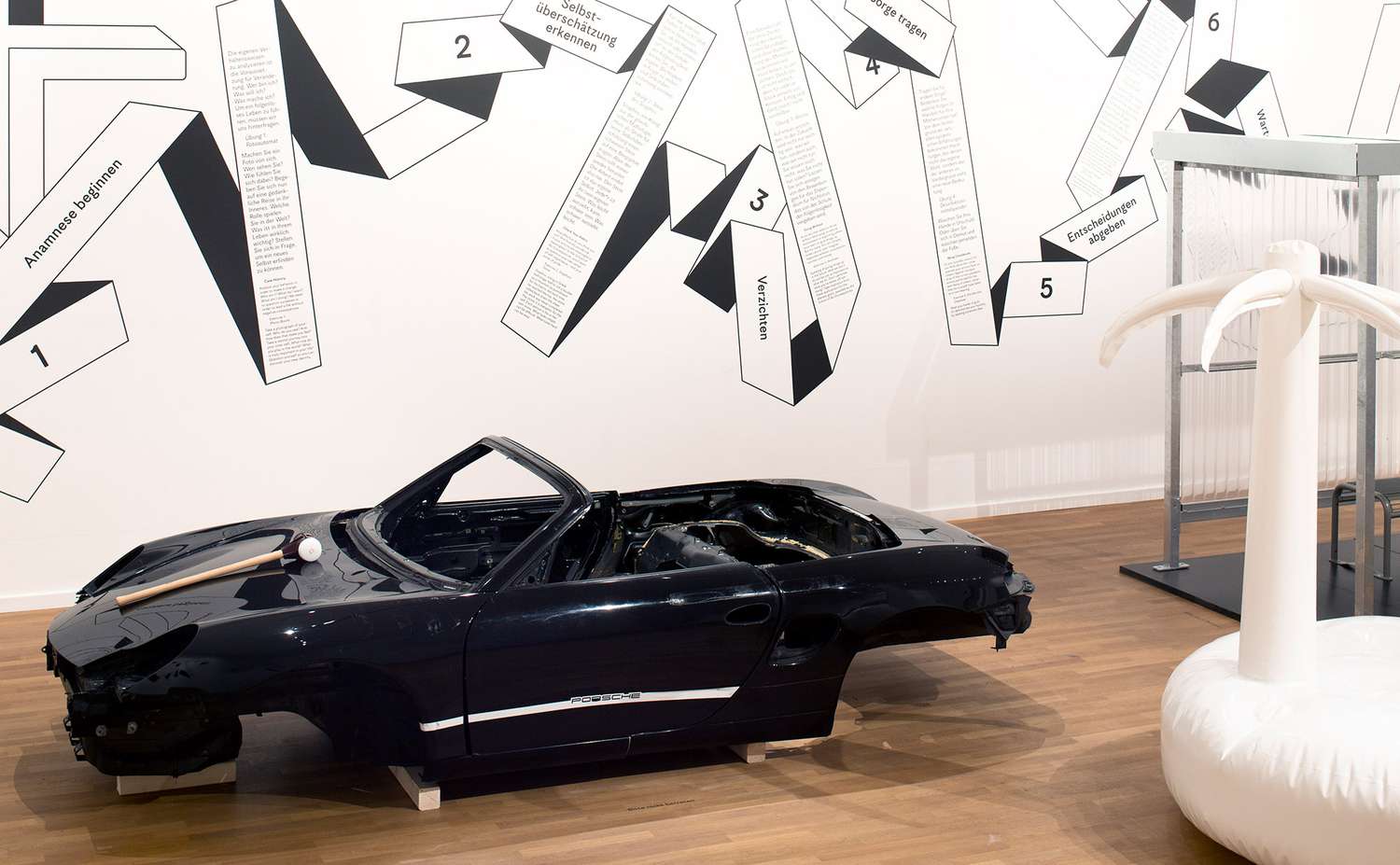
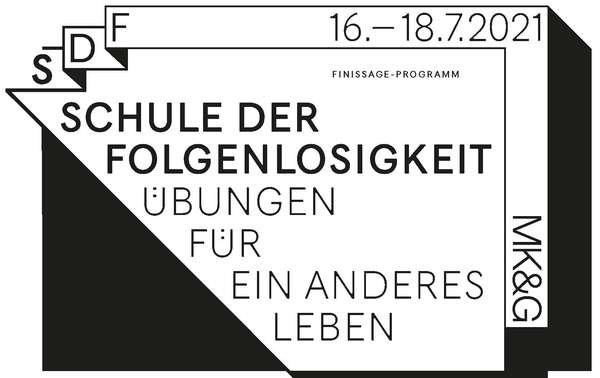
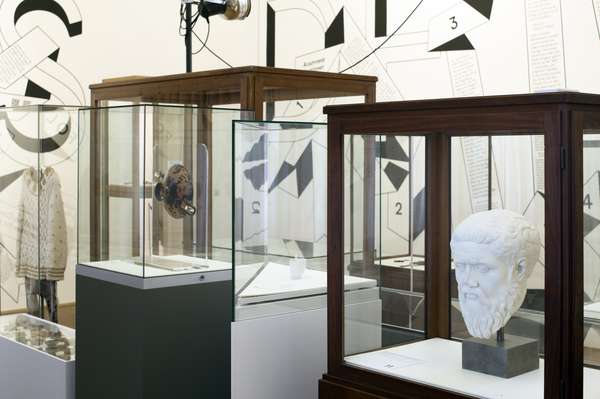
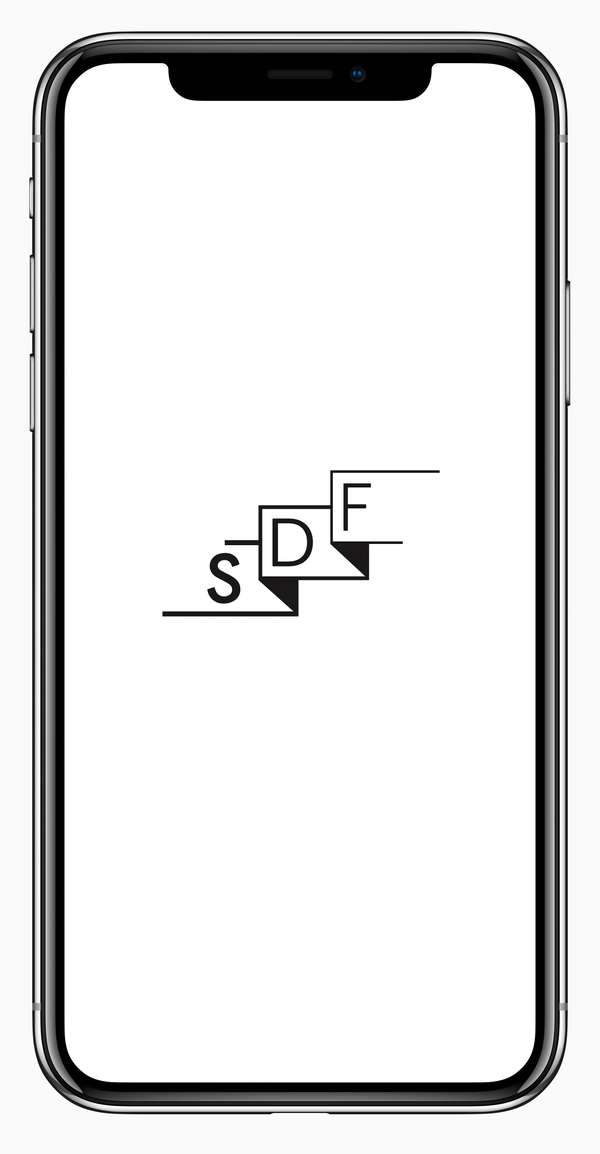
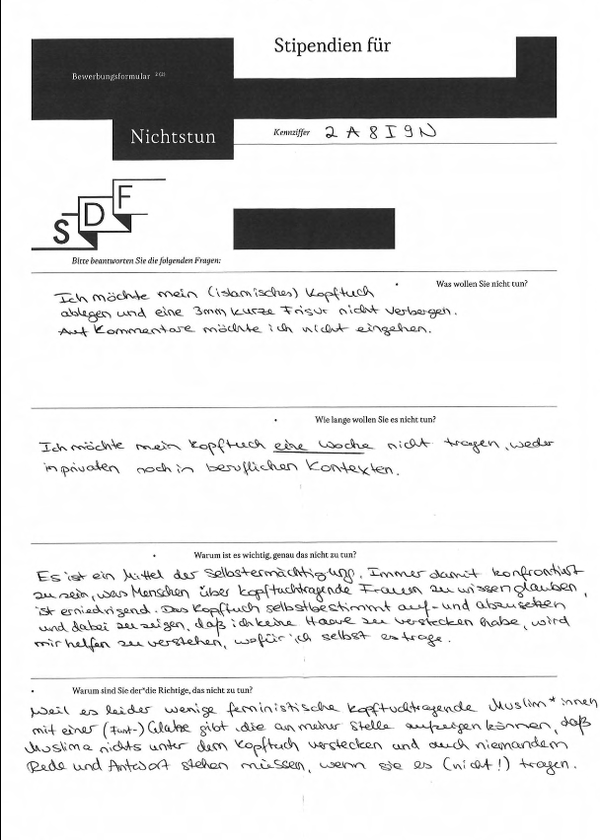
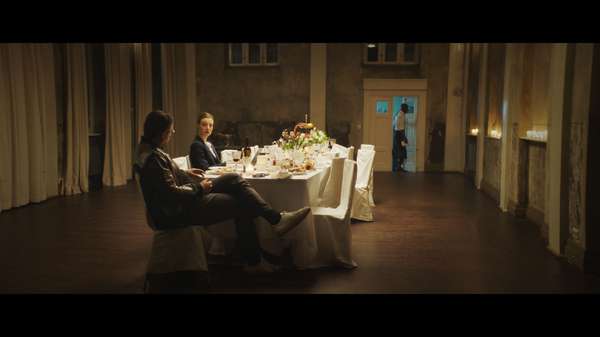
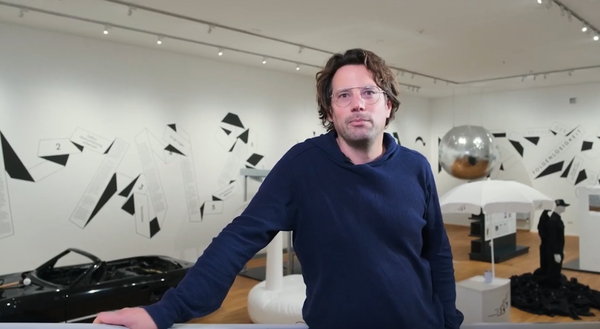
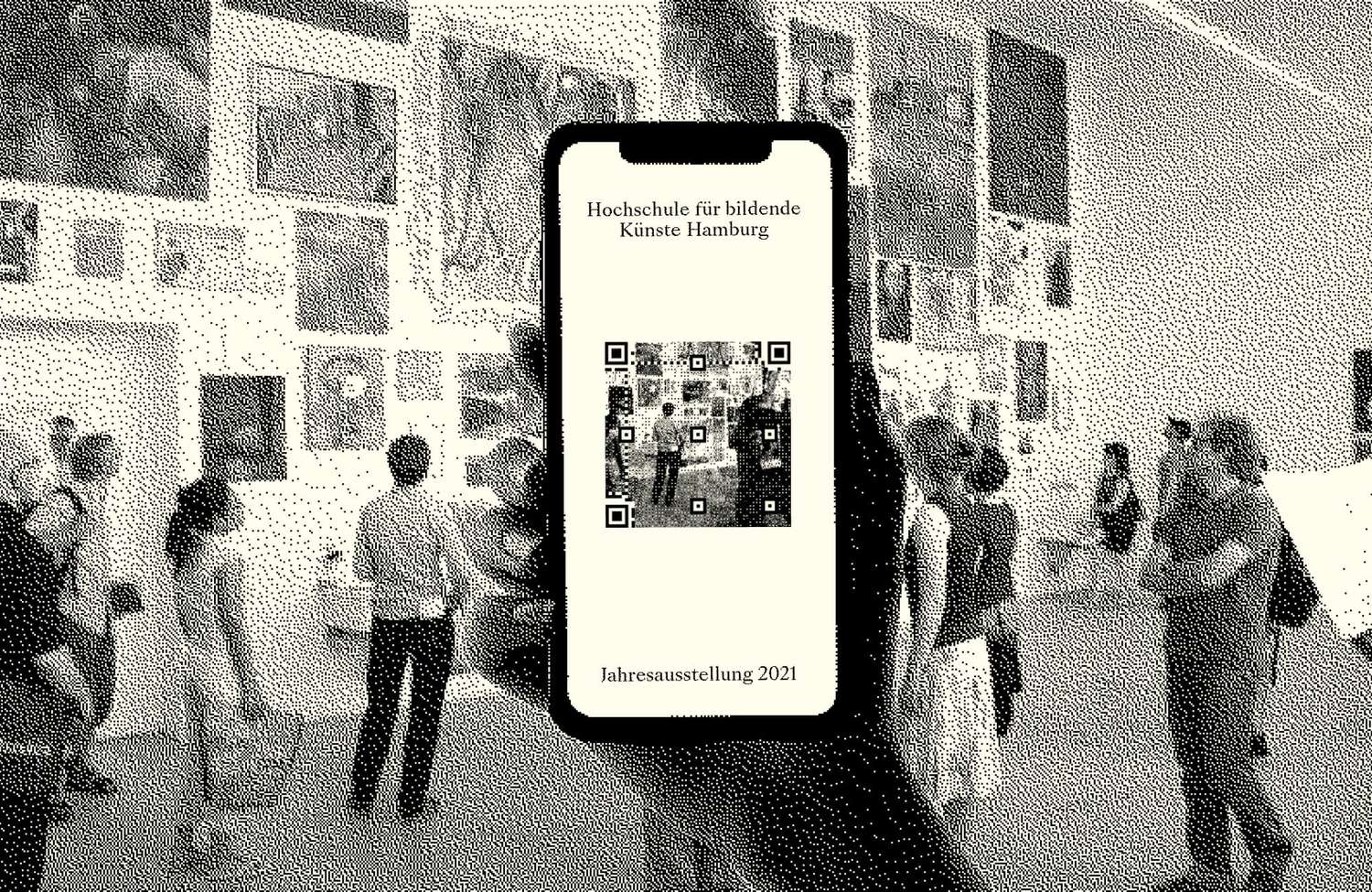
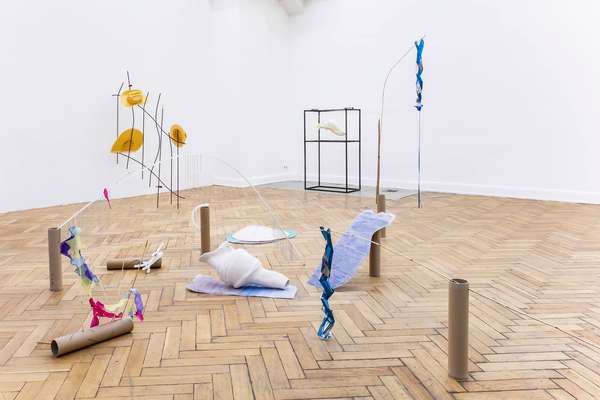
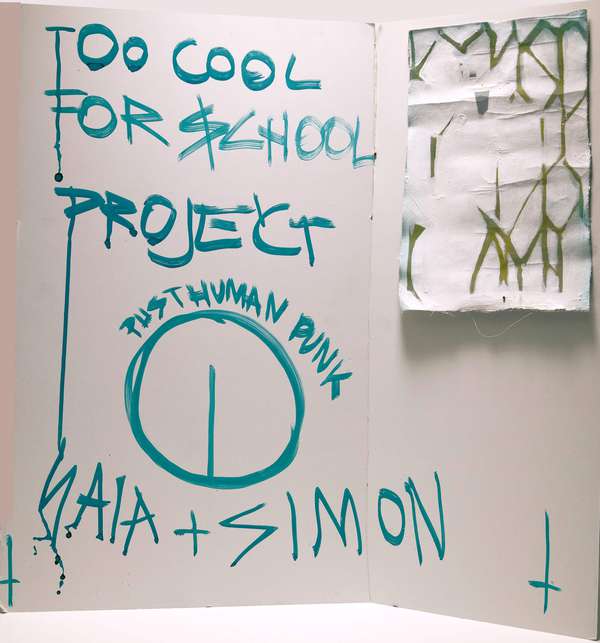
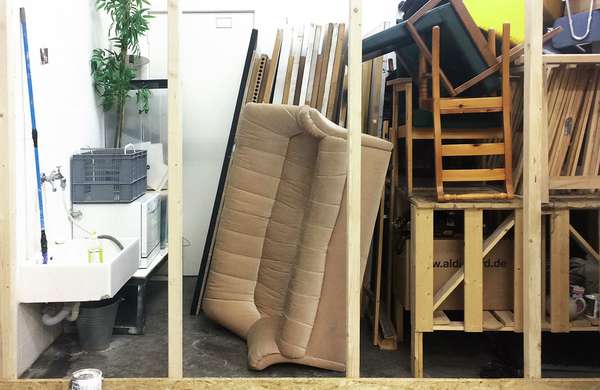
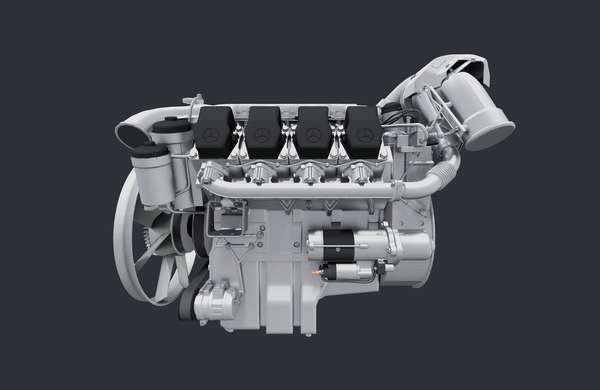
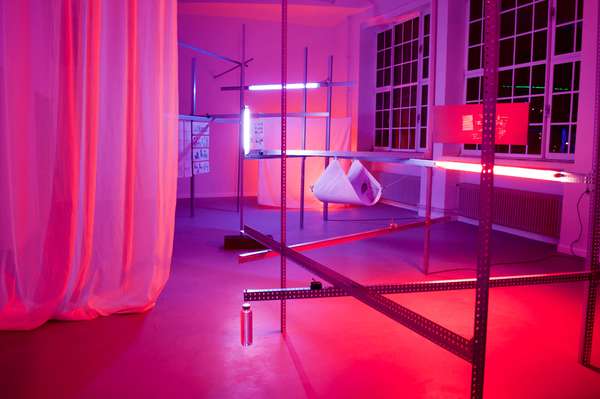
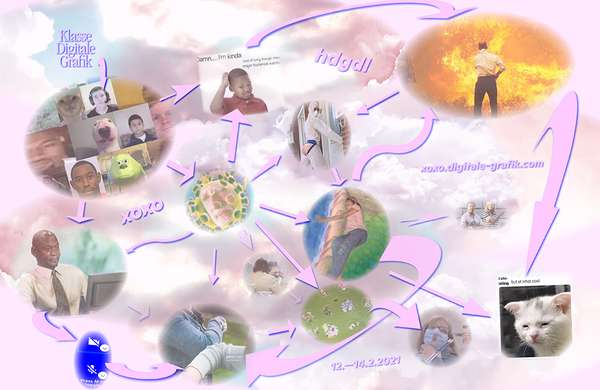
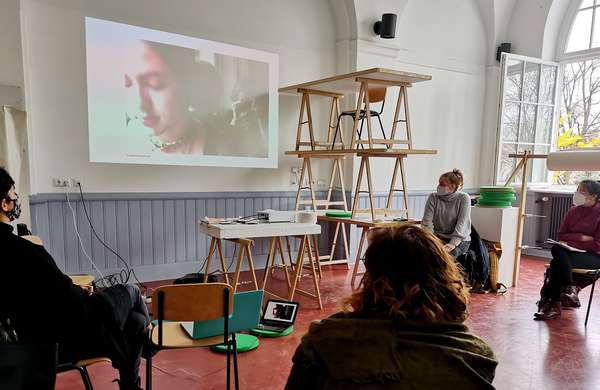
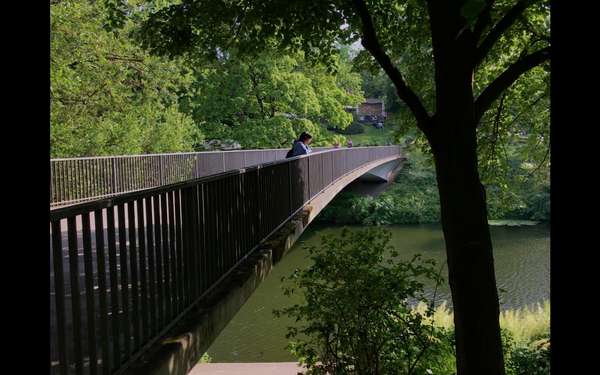
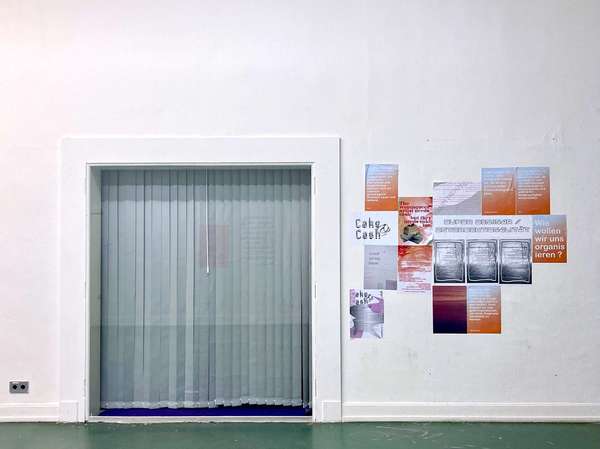
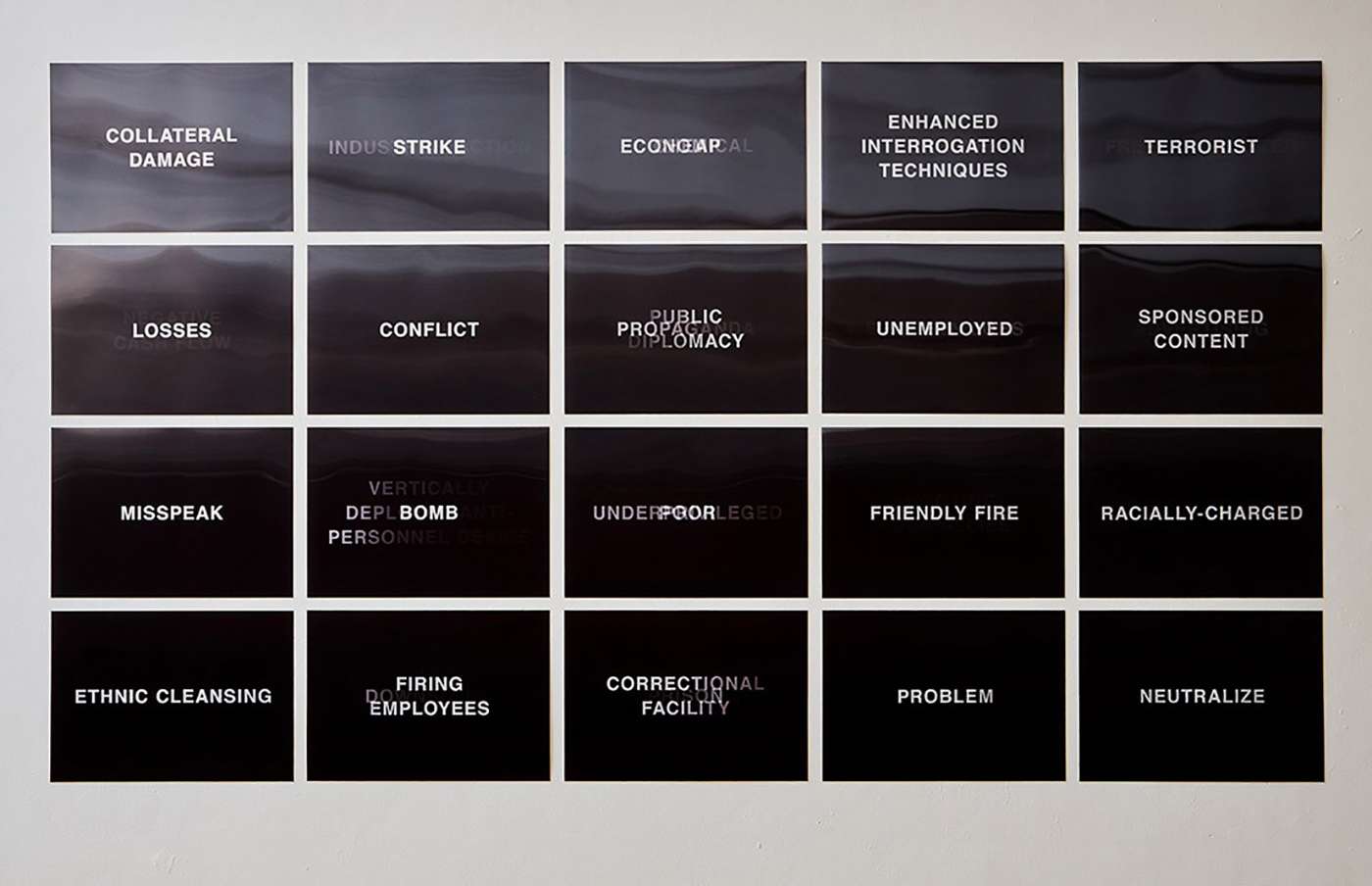
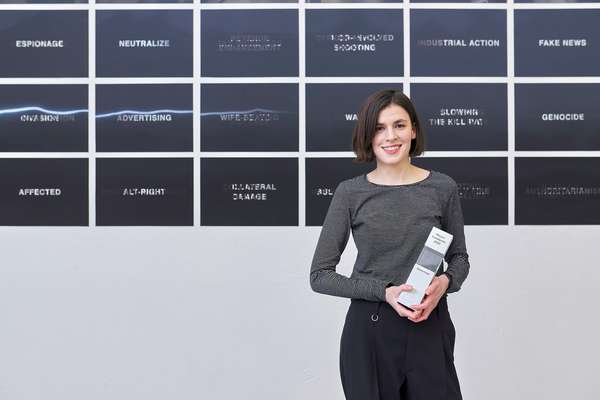
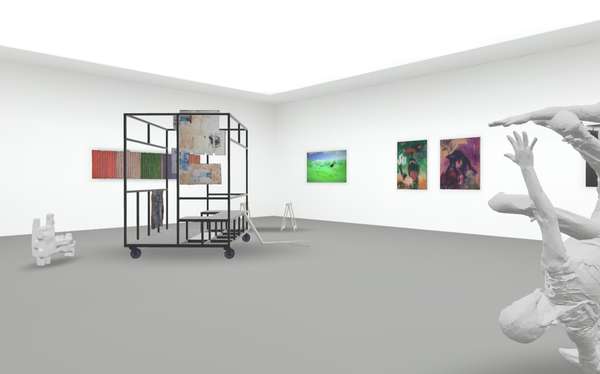
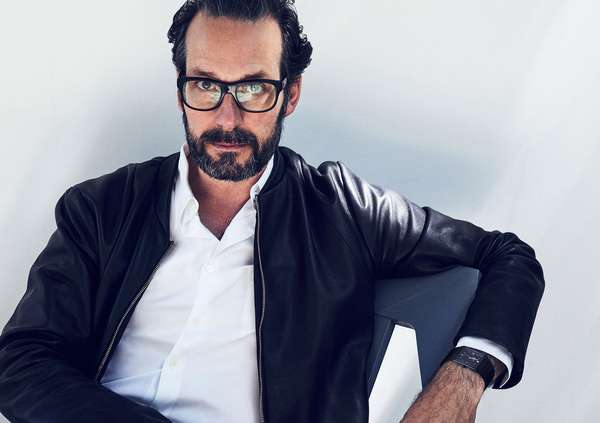
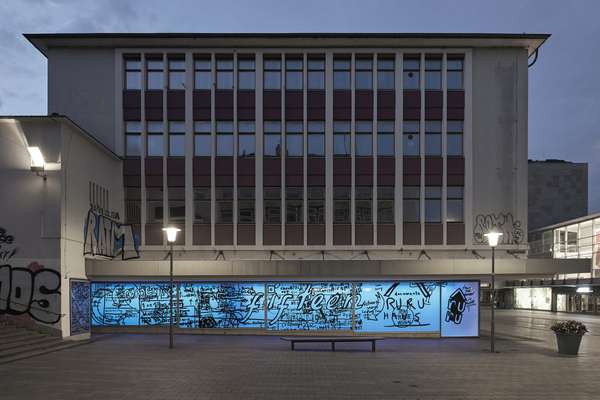
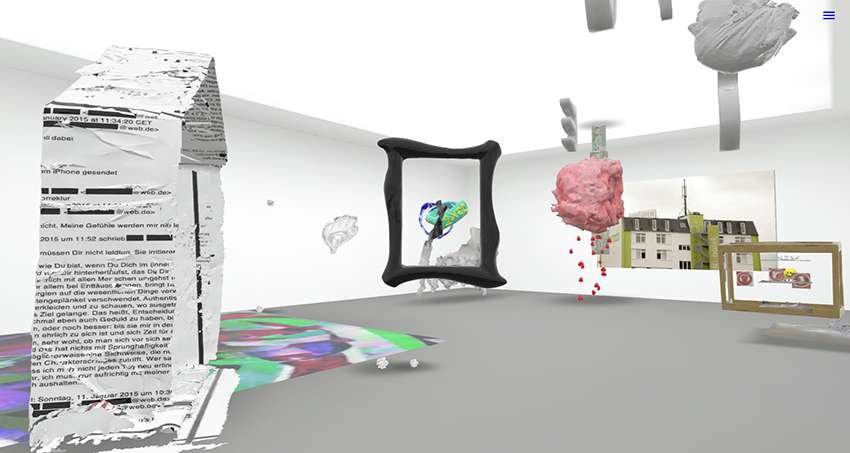
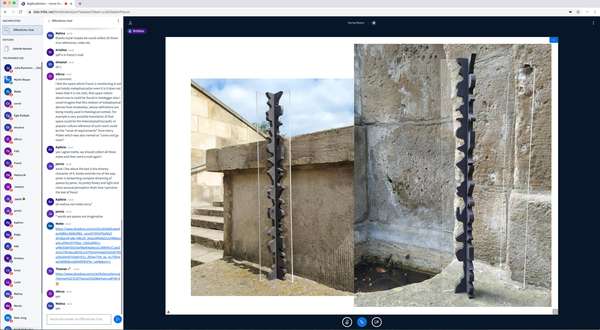
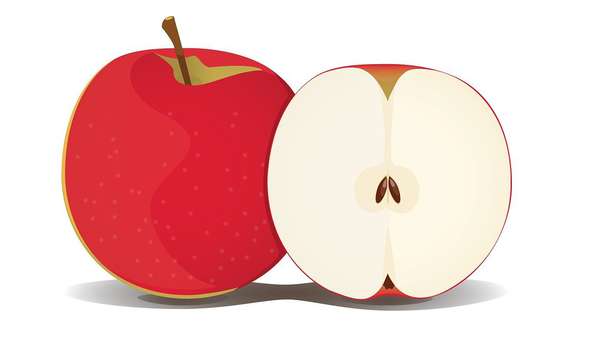
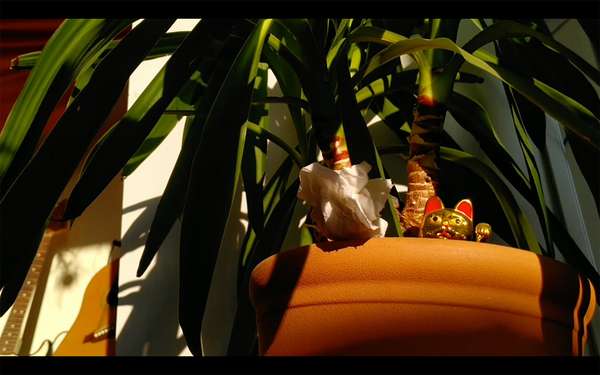
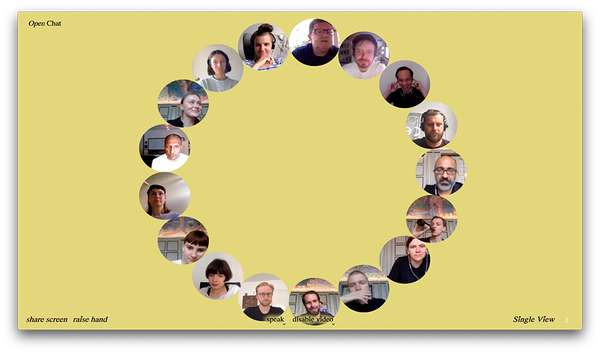
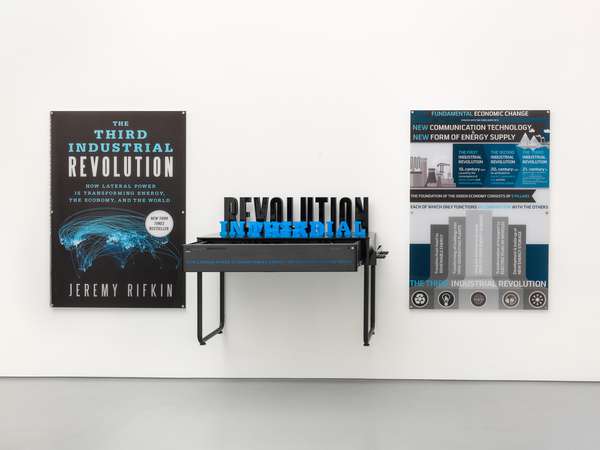
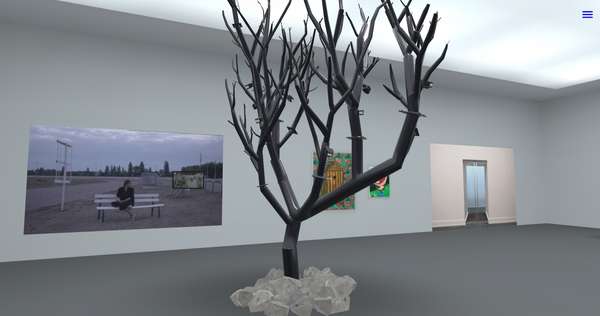
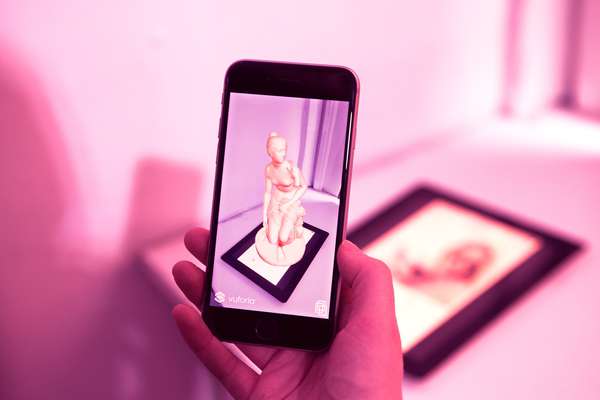
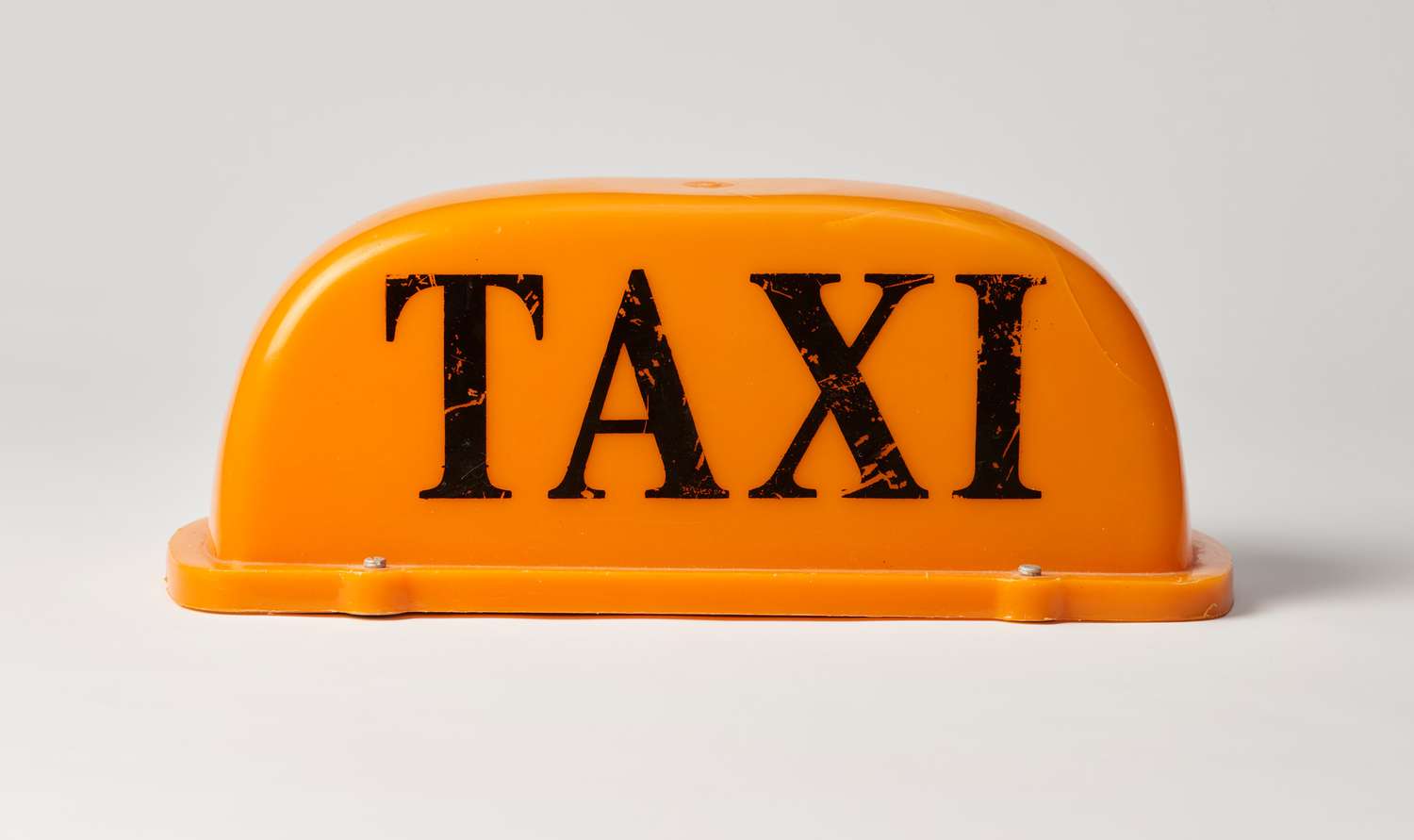
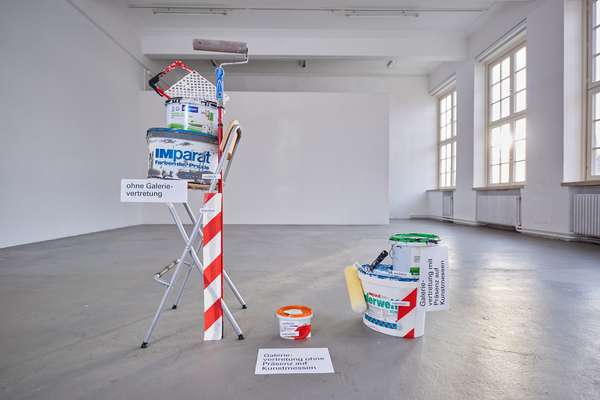
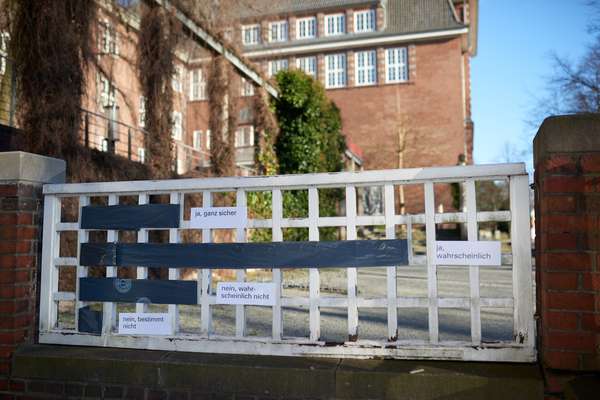
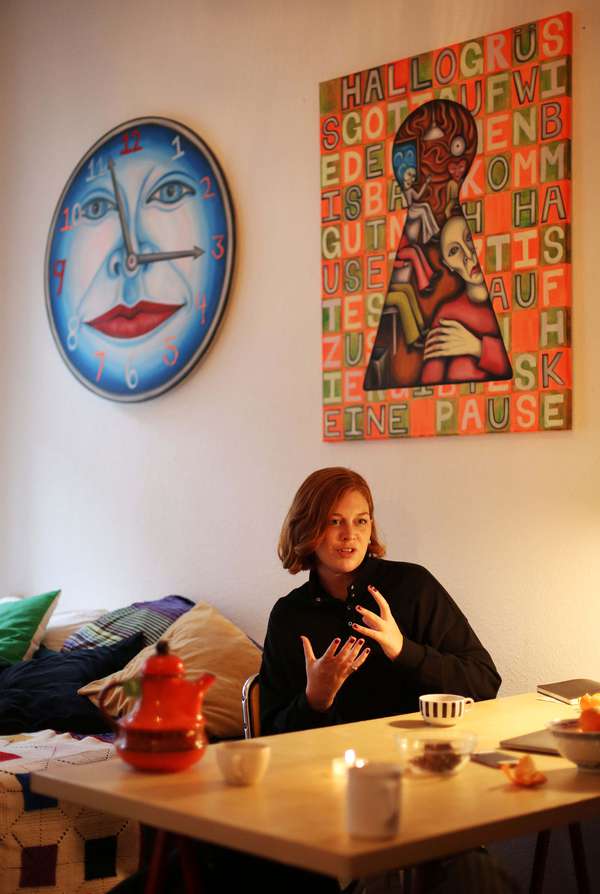
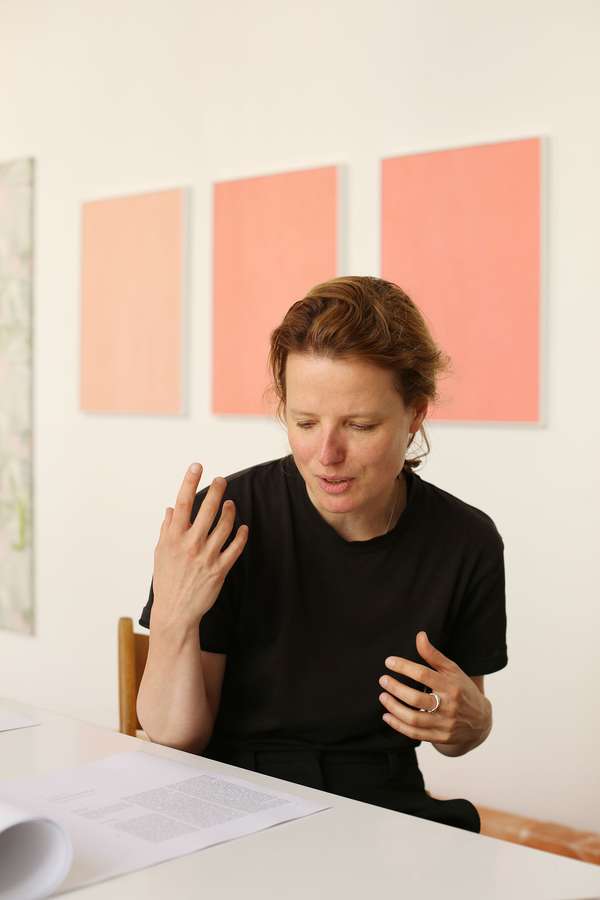
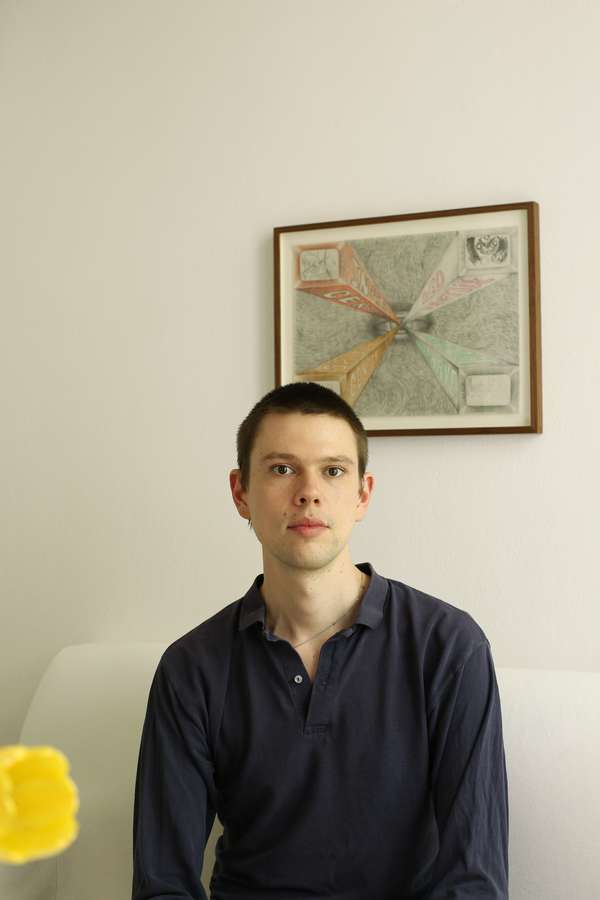
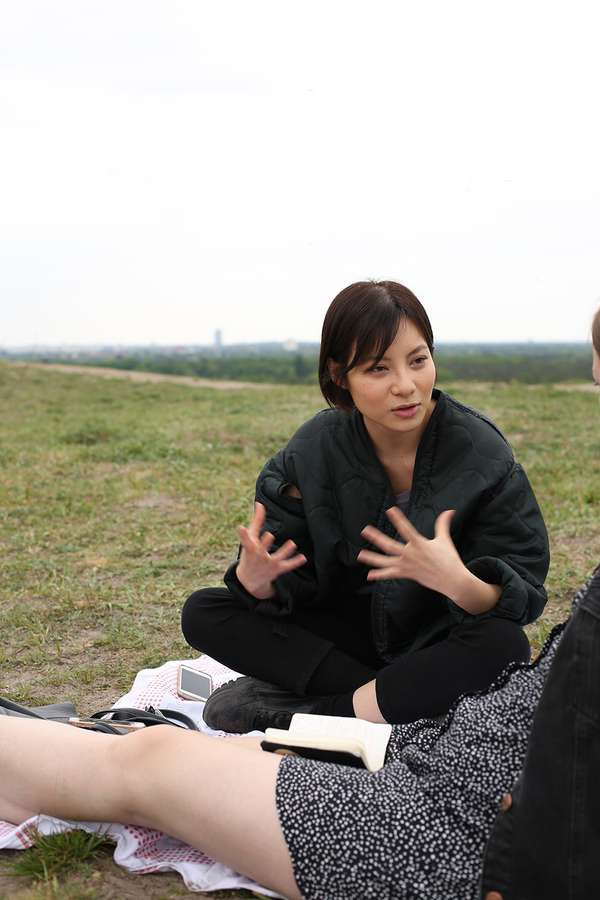
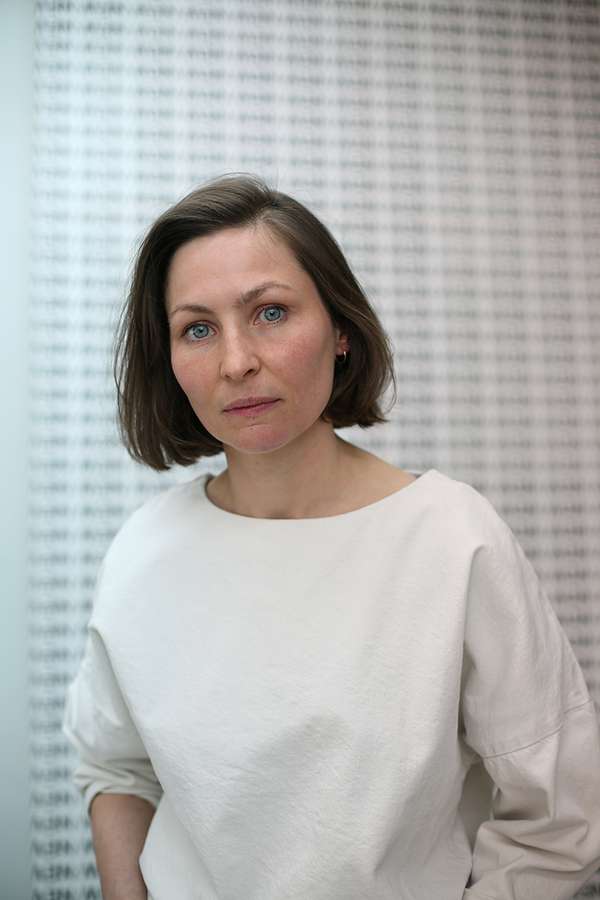
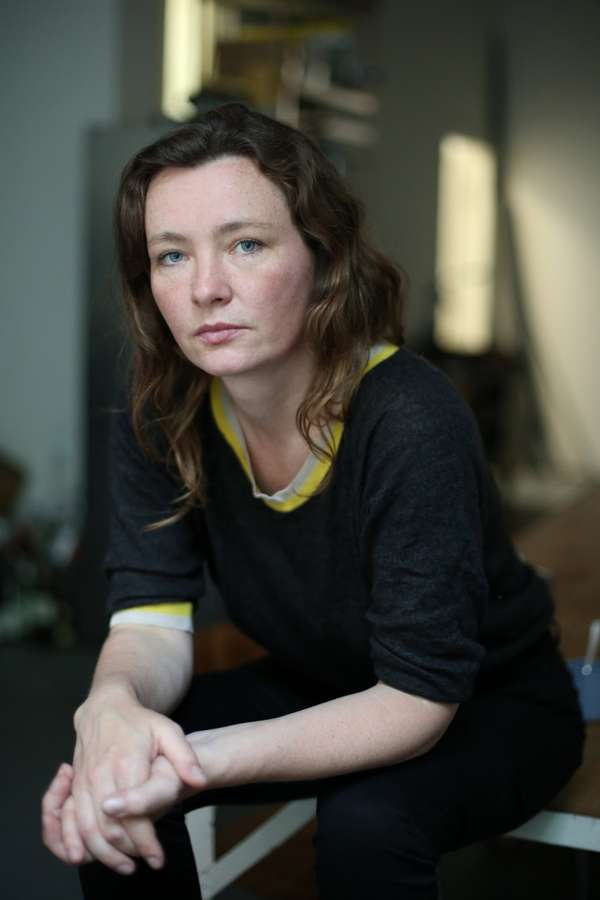
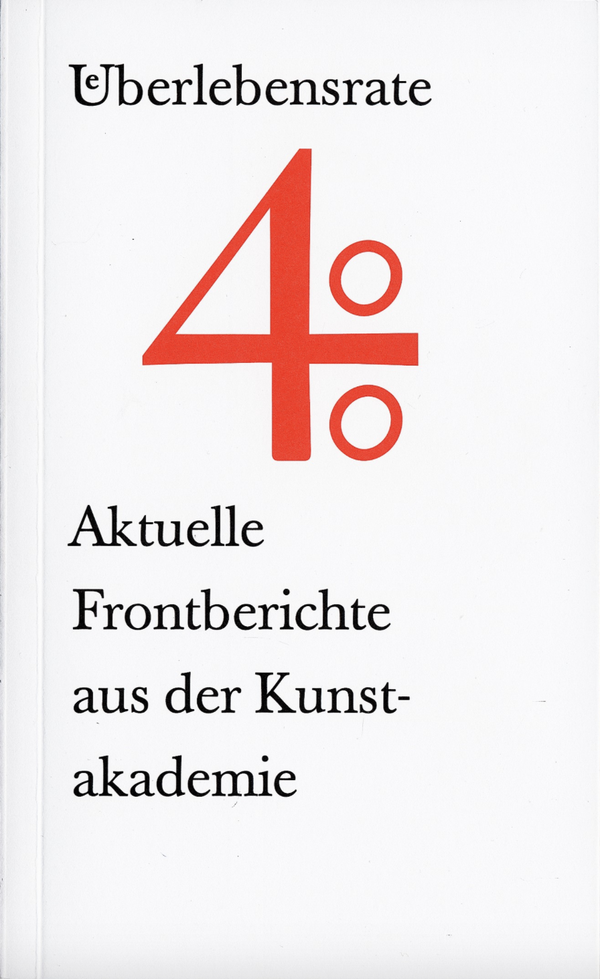
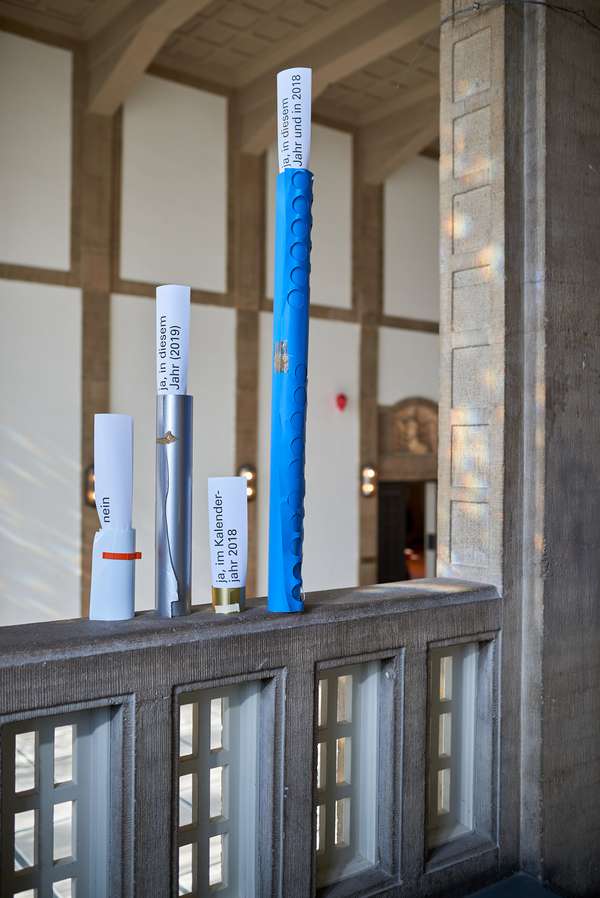
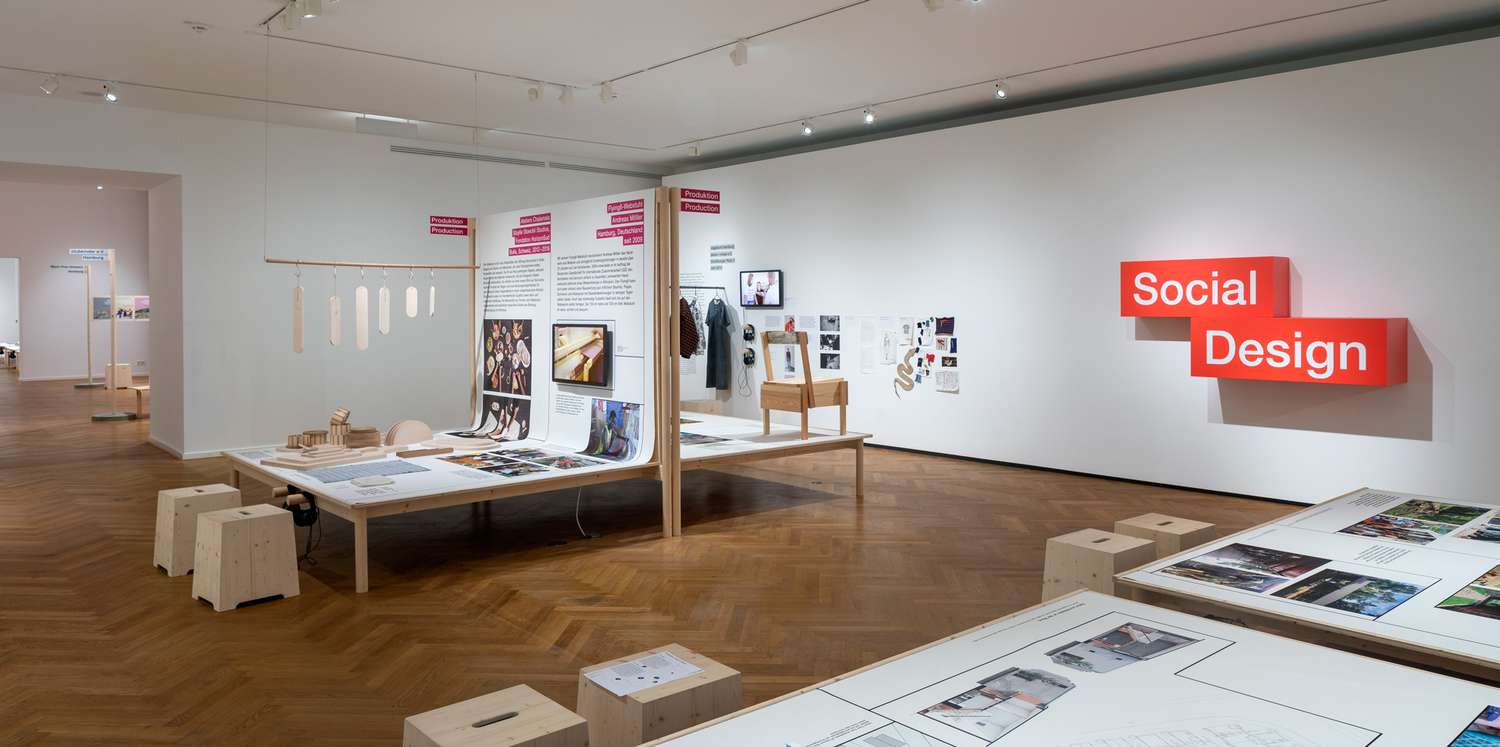
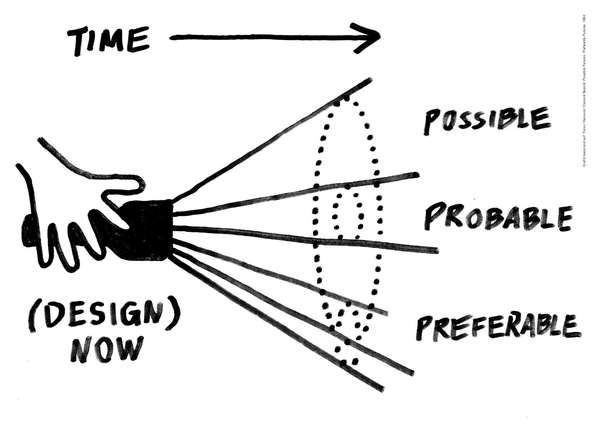
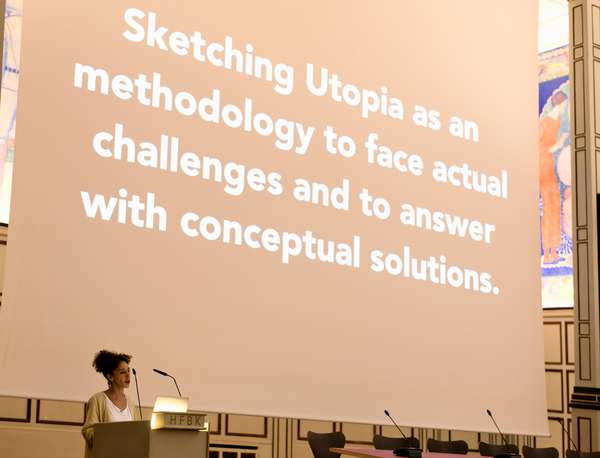
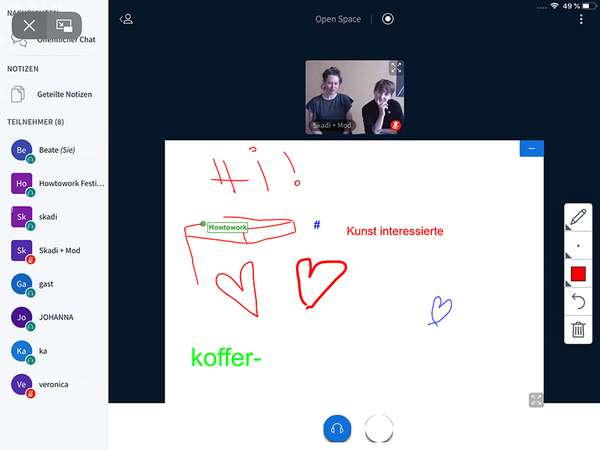
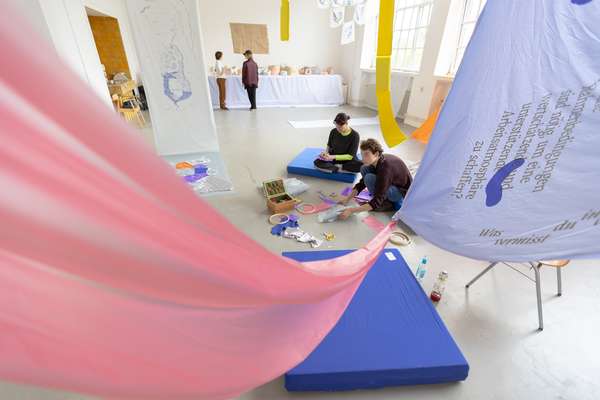
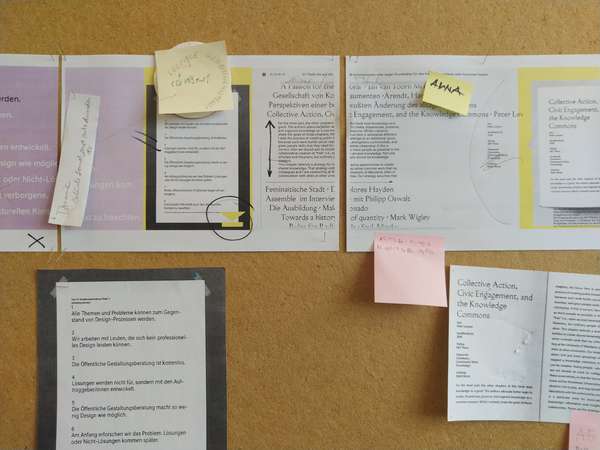
 Graduate Show 2025: Don't stop me now
Graduate Show 2025: Don't stop me now
 Long days, lots to do
Long days, lots to do
 Cine*Ami*es
Cine*Ami*es
 Redesign Democracy – competition for the ballot box of the democratic future
Redesign Democracy – competition for the ballot box of the democratic future
 Art in public space
Art in public space
 How to apply: study at HFBK Hamburg
How to apply: study at HFBK Hamburg
 Annual Exhibition 2025 at the HFBK Hamburg
Annual Exhibition 2025 at the HFBK Hamburg
 The Elephant in The Room – Sculpture today
The Elephant in The Room – Sculpture today
 Hiscox Art Prize 2024
Hiscox Art Prize 2024
 The New Woman
The New Woman
 Doing a PhD at the HFBK Hamburg
Doing a PhD at the HFBK Hamburg
 Graduate Show 2024 - Letting Go
Graduate Show 2024 - Letting Go
 Finkenwerder Art Prize 2024
Finkenwerder Art Prize 2024
 Archives of the Body - The Body in Archiving
Archives of the Body - The Body in Archiving
 New partnership with the School of Arts at the University of Haifa
New partnership with the School of Arts at the University of Haifa
 Annual Exhibition 2024 at the HFBK Hamburg
Annual Exhibition 2024 at the HFBK Hamburg
 (Ex)Changes of / in Art
(Ex)Changes of / in Art
 Extended Libraries
Extended Libraries
 And Still I Rise
And Still I Rise
 Let's talk about language
Let's talk about language
 Graduate Show 2023: Unfinished Business
Graduate Show 2023: Unfinished Business
 Let`s work together
Let`s work together
 Annual Exhibition 2023 at HFBK Hamburg
Annual Exhibition 2023 at HFBK Hamburg
 Symposium: Controversy over documenta fifteen
Symposium: Controversy over documenta fifteen
 Festival and Symposium: Non-Knowledge, Laughter and the Moving Image
Festival and Symposium: Non-Knowledge, Laughter and the Moving Image
 Solo exhibition by Konstantin Grcic
Solo exhibition by Konstantin Grcic
 Art and war
Art and war
 Graduate Show 2022: We’ve Only Just Begun
Graduate Show 2022: We’ve Only Just Begun
 June is full of art and theory
June is full of art and theory
 Finkenwerder Art Prize 2022
Finkenwerder Art Prize 2022
 Nachhaltigkeit im Kontext von Kunst und Kunsthochschule
Nachhaltigkeit im Kontext von Kunst und Kunsthochschule
 Raum für die Kunst
Raum für die Kunst
 Annual Exhibition 2022 at the HFBK
Annual Exhibition 2022 at the HFBK
 Conference: Counter-Monuments and Para-Monuments.
Conference: Counter-Monuments and Para-Monuments.
 Diversity
Diversity
 Live und in Farbe: die ASA Open Studios im Juni 2021
Live und in Farbe: die ASA Open Studios im Juni 2021
 Unlearning: Wartenau Assemblies
Unlearning: Wartenau Assemblies
 School of No Consequences
School of No Consequences
 Annual Exhibition 2021 at the HFBK
Annual Exhibition 2021 at the HFBK
 Semestereröffnung und Hiscox-Preisverleihung 2020
Semestereröffnung und Hiscox-Preisverleihung 2020
 Teaching Art Online at the HFBK
Teaching Art Online at the HFBK
 HFBK Graduate Survey
HFBK Graduate Survey
 How political is Social Design?
How political is Social Design?